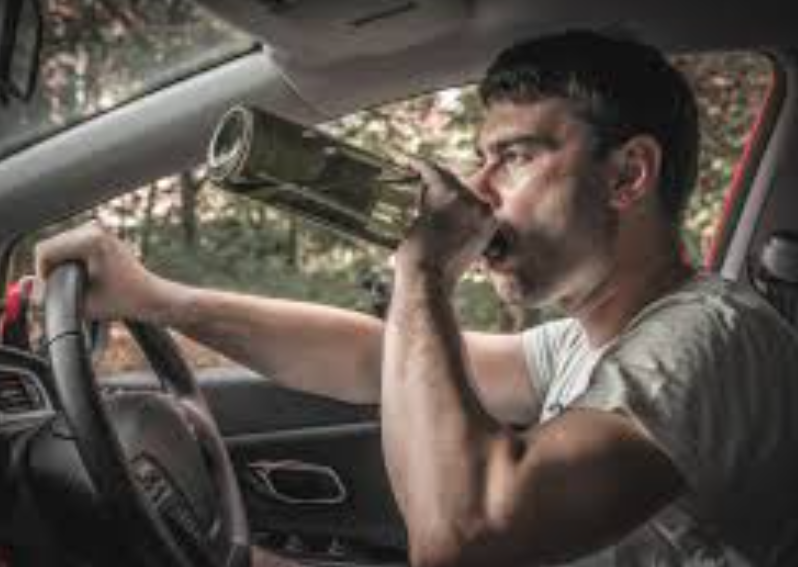Oregon DMV Drivers Manual
1/301
Earn XP
Description and Tags
This is just for me to study to get my license. I'm putting all the information here from the DMV booklet I currently have.
Name | Mastery | Learn | Test | Matching | Spaced |
|---|
No study sessions yet.
302 Terms
To evaluate whether you can see well enough to drive safely
Driving Tests: Vision
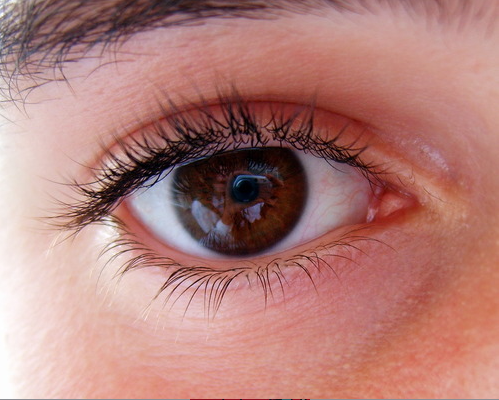
Higher Than 28 Out Of 35 > 28
Driving Tests: In Oregon, minimum correct answers to still pass the written / knowledge test

Below 27 Out Of 35 < 27
Driving Tests: In Oregon, getting this score or below on the written / knowledge test, and you fail

True. Test each thing
Driving Test: True Or False? You Instructor Will Start Telling You Test Your Vehicle, Such As Your Engine, Lights, Signals, Mirrors, etc.
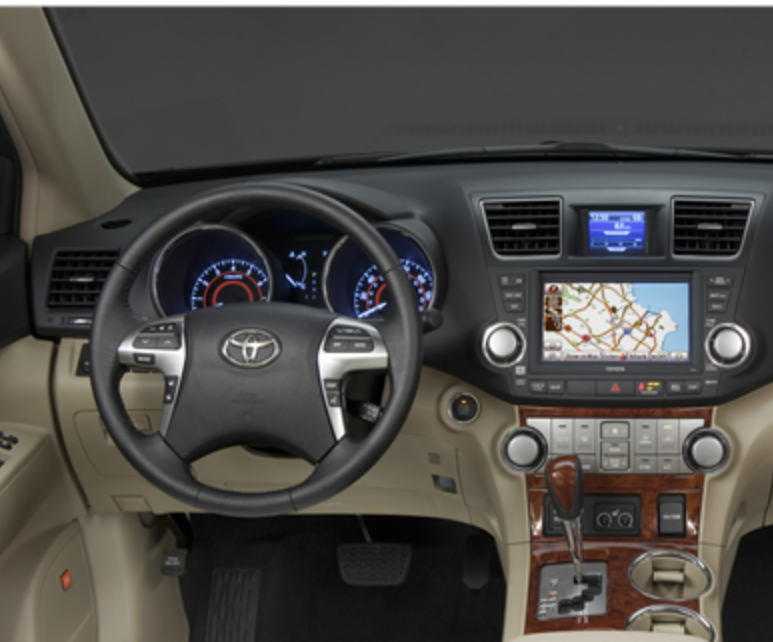
Line Of Sight. So EYES ON THE ROAD!!!
What Is This Called?: Line Between The Two Points From Your Eyes To The Visual Target.
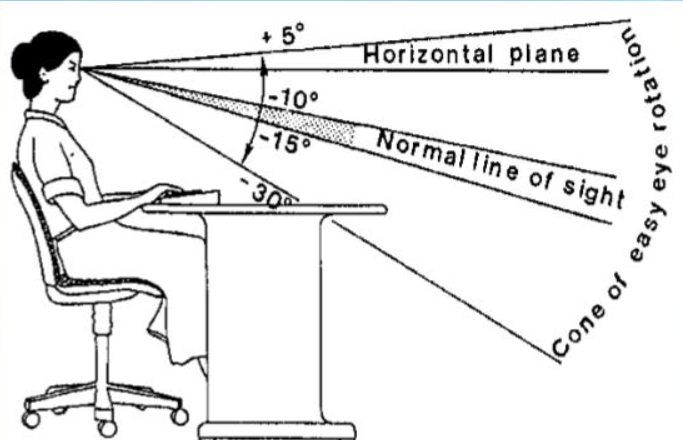
Following Distance
What Is This Called?: Space Between Your Vehicle And The One In Front.
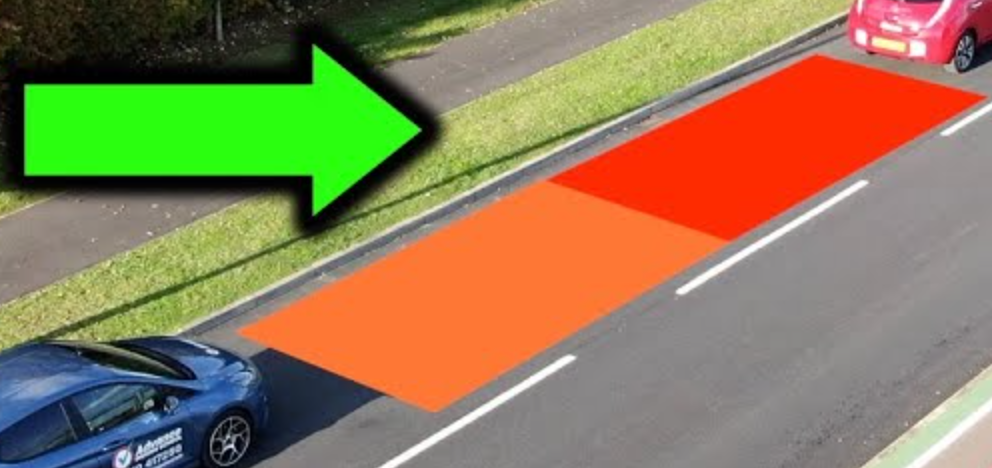
Fringe Vision
What Is This Called?: Ability To See Objects And Movement Outside But Still Close To Your Direct Line Of Sight & Intended Path Of Travel, Such As Depth, Your Vehicles Lane Position, Other Vehicles, And Pedestrians.
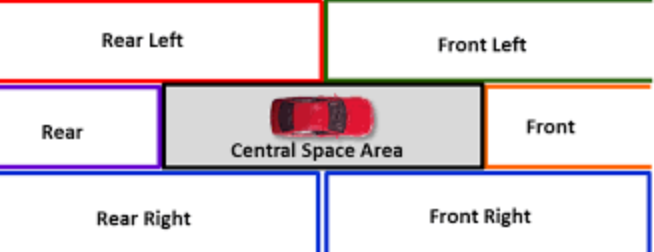
Visual Lead
What Is This Called?: How Far You Can See Down The Road, To Gather Information.
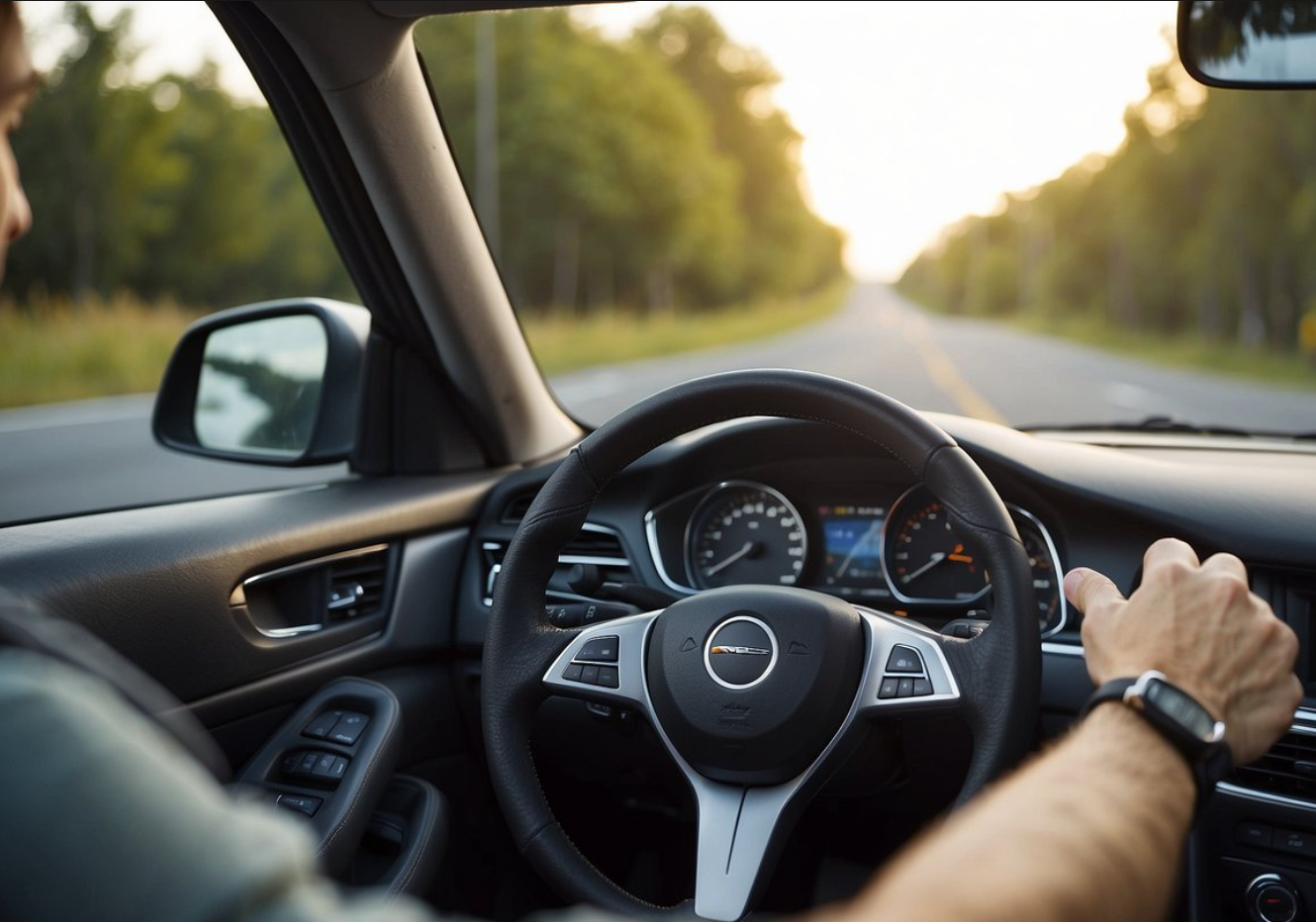
Reduced alertness from monotonous (dull, tedious, and repetitious) driving.
What Is This Called?: Highway Hypnosis
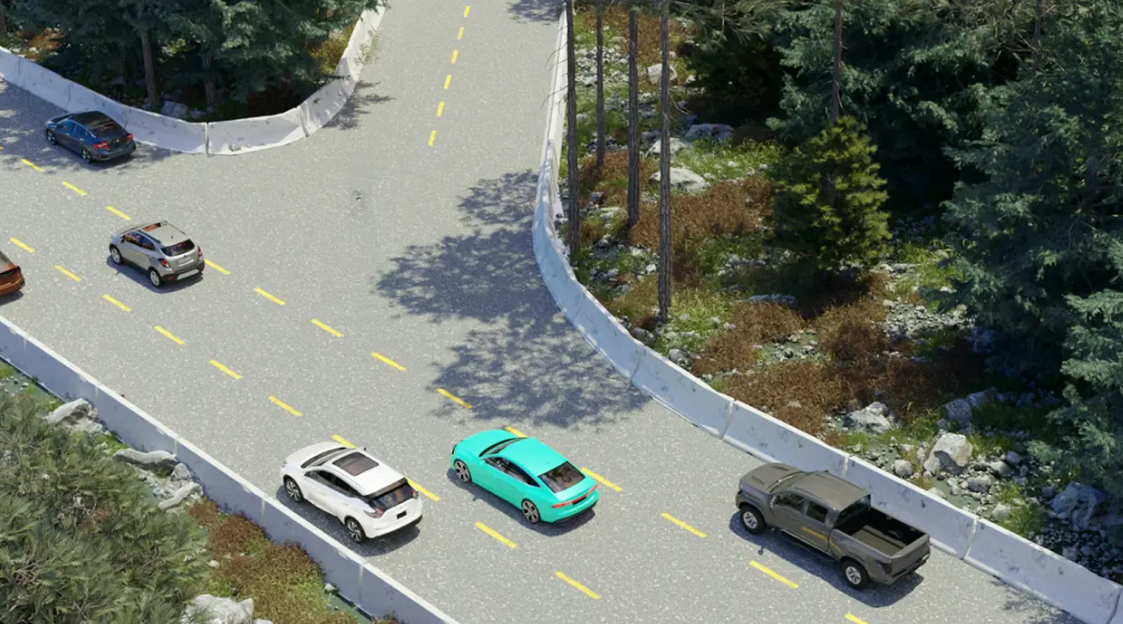
Black Ice
What Is This Called?: A Thick Coat Of Highly Transparent Ice That Blends Into The Road And Makes It Harder To See.
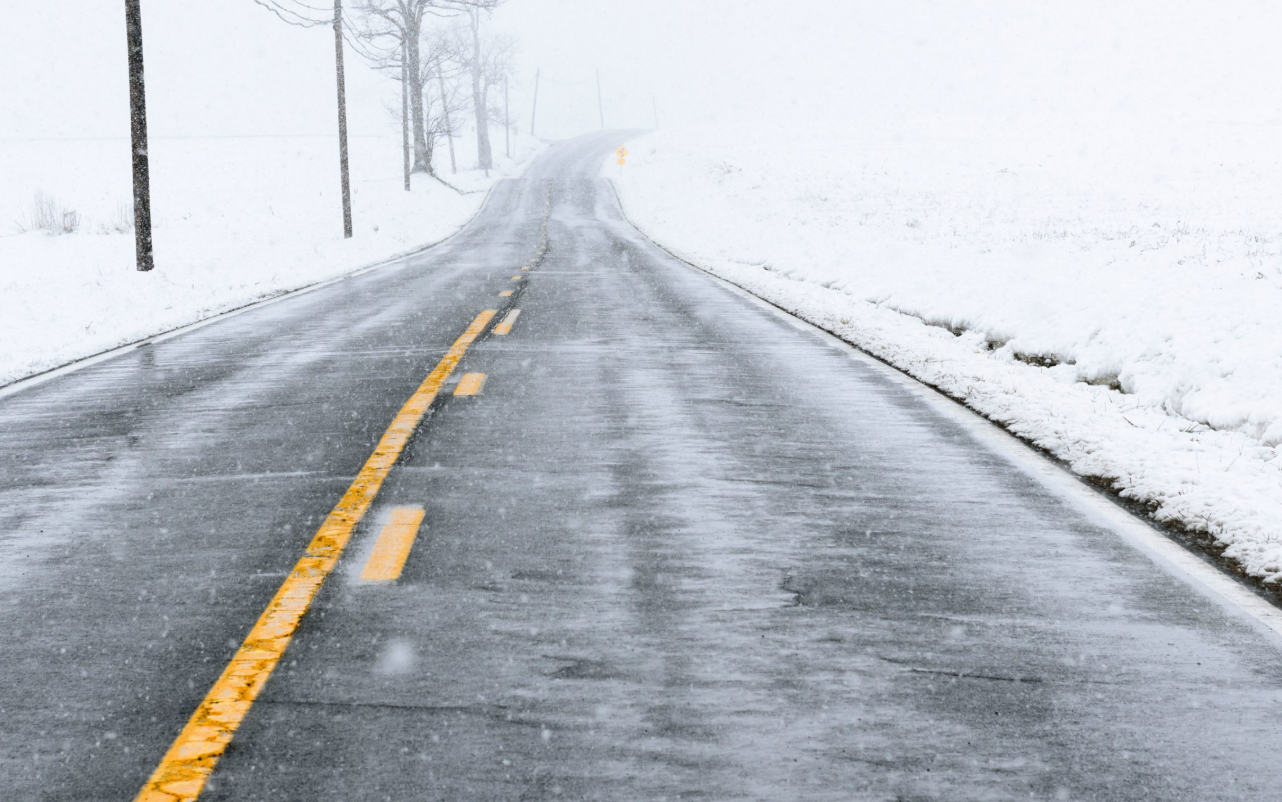
Projecting Load
What Is This Called?: Cargo Or Parts Of A Vehicle That Extends Beyond The Standard Length Or Width Of A Vehicle Itself (Ex. Sticks 4+ Feet From The Back).
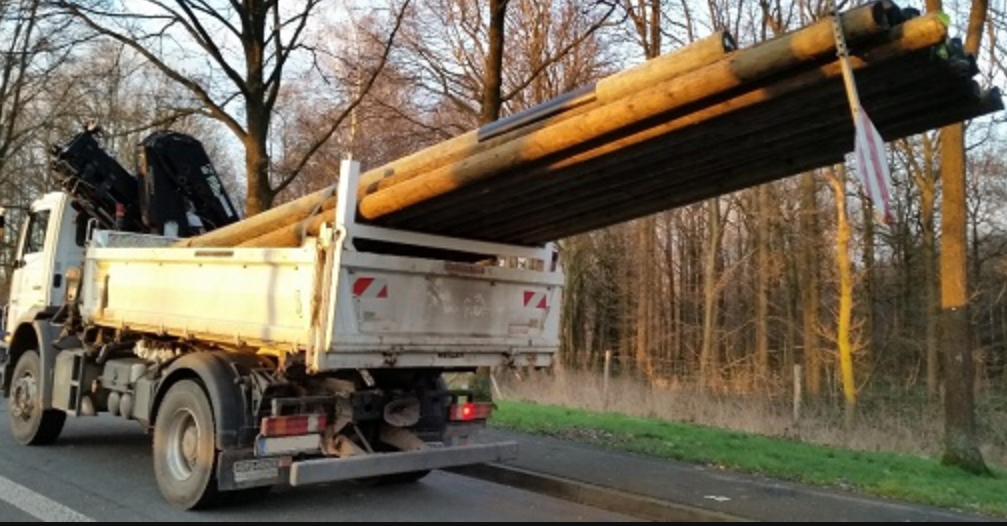
Visible lights, flags, and/or markings indicating the load.
If Your Vehicle Is Carrying A “Projecting Load,” What Must You Add To The Front And/Or Back?
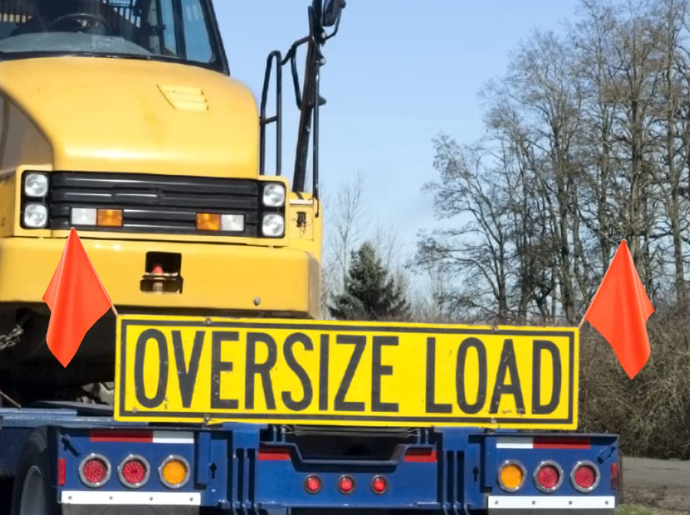
Hydroplaning
What Is This Called?: When Water Collects Under Your Vehicle’s Tires So Much That They Loose Traction And Control So That They No Longer Make Contact With The Road.
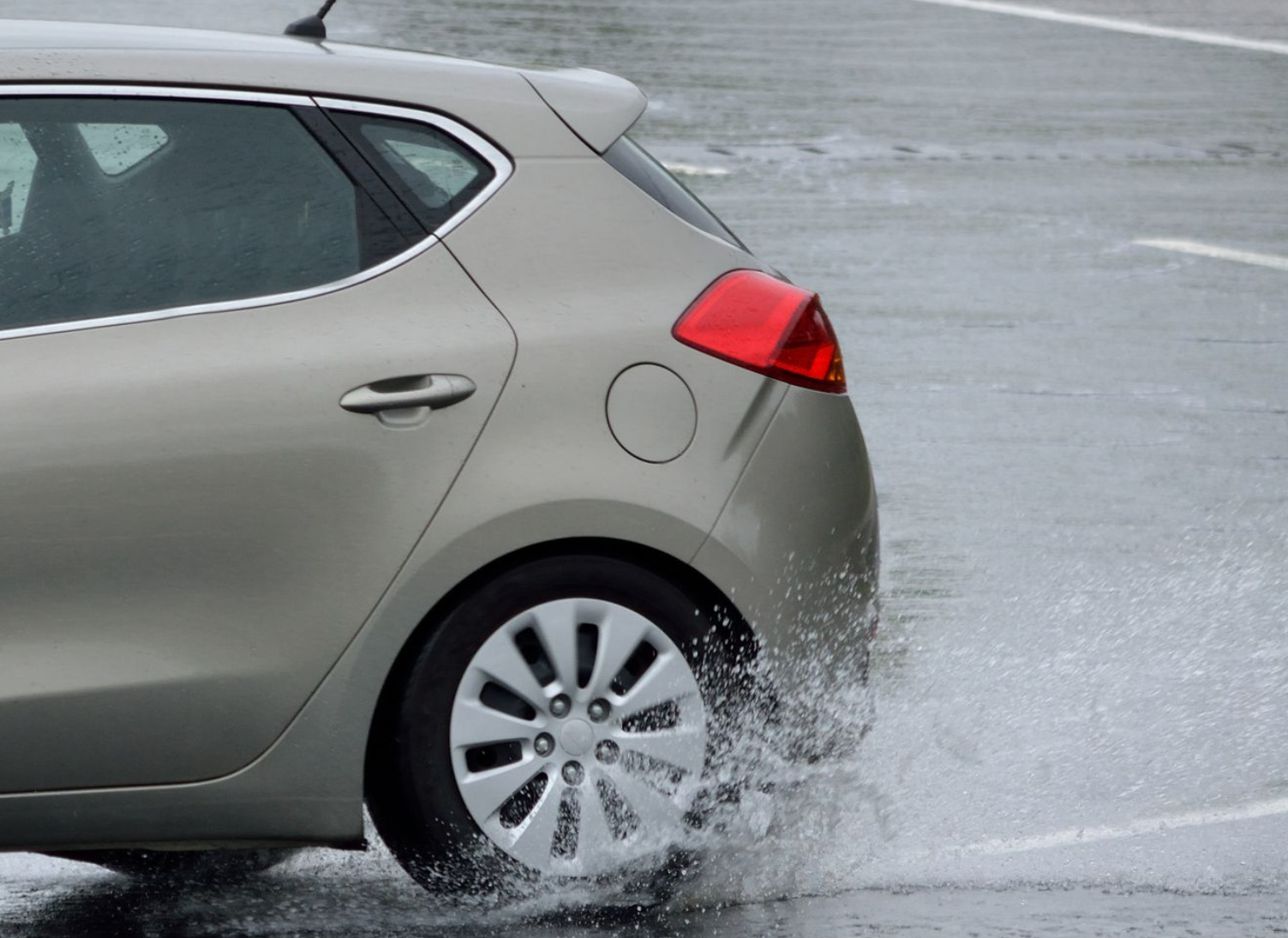
Rubbernecking
What Is This Called?: The Act Of Slowing Down Or Stopping A Vehicle To Look At Something Of interest On The Side Of The Road, Such As An Accident, A Scenic View, Or An Interesting Billboard.
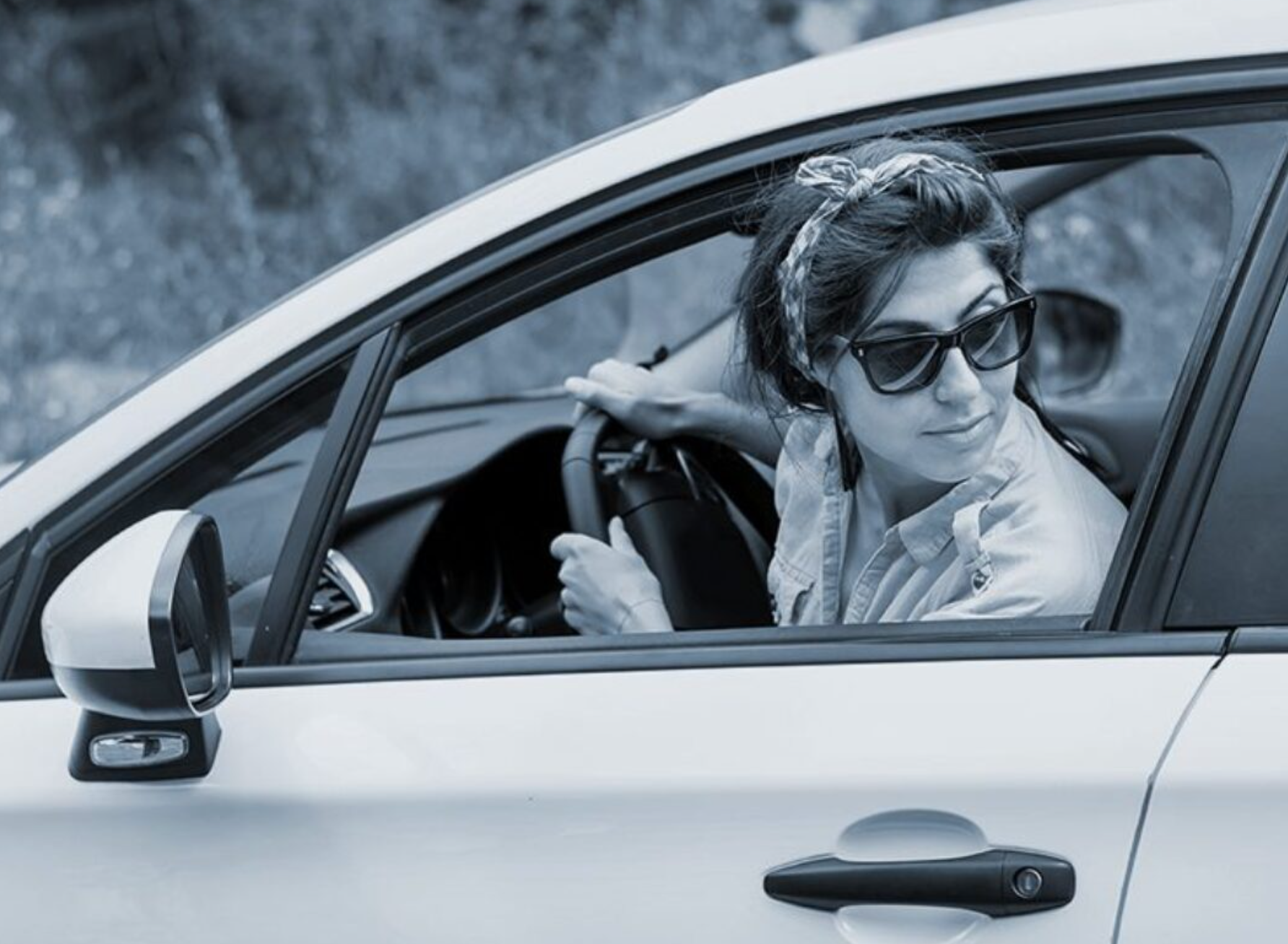
Driving in a way that can cause harm to people and/or property.
Responsible Driving: How Is Careless Driving Defined?
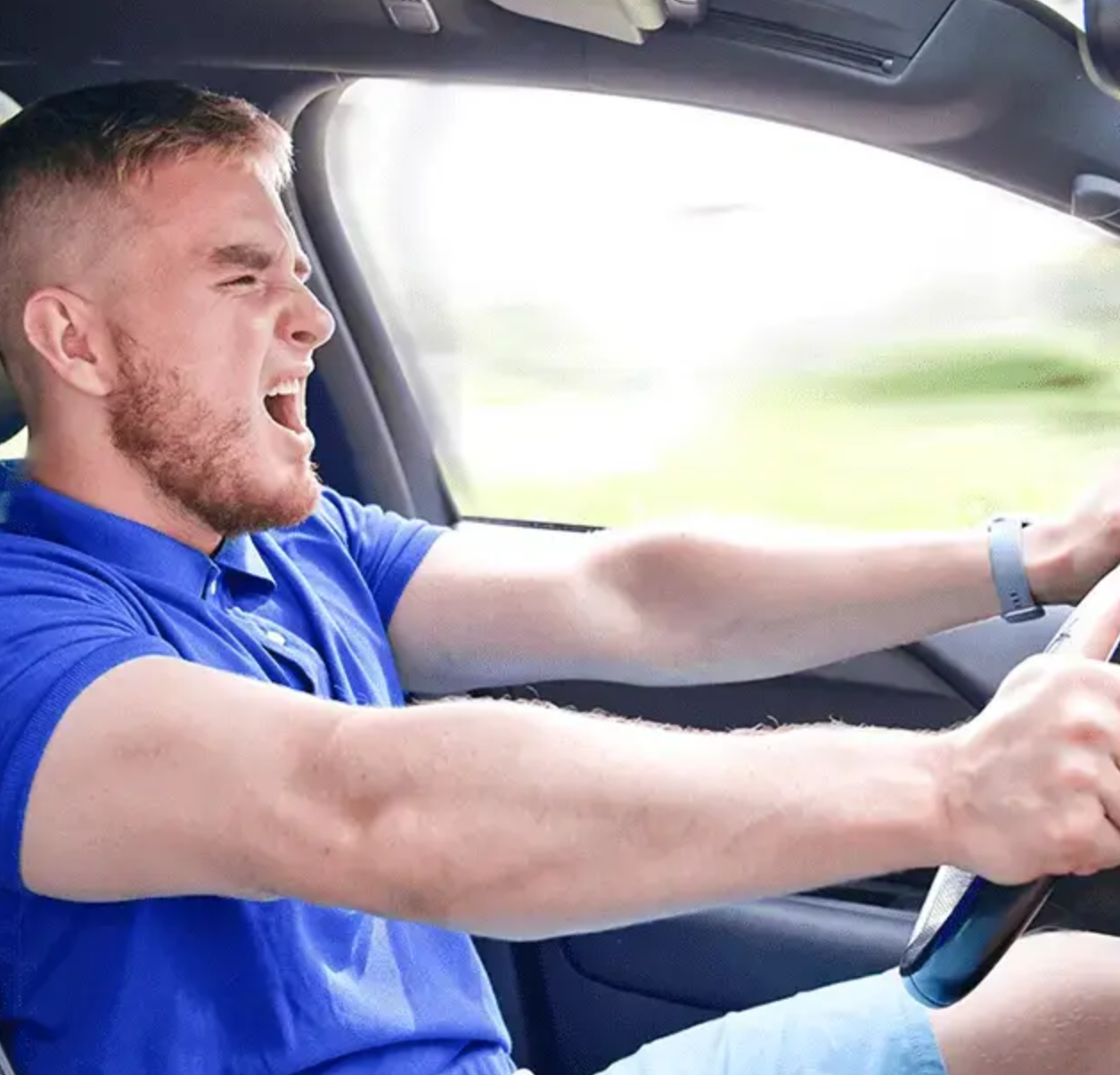
No. That’s what you should not be thinking on the road.
Responsible Driving: If You Don’t Know What To Do On The Road, Should Your Default Thinking Just Be “Sending It?”
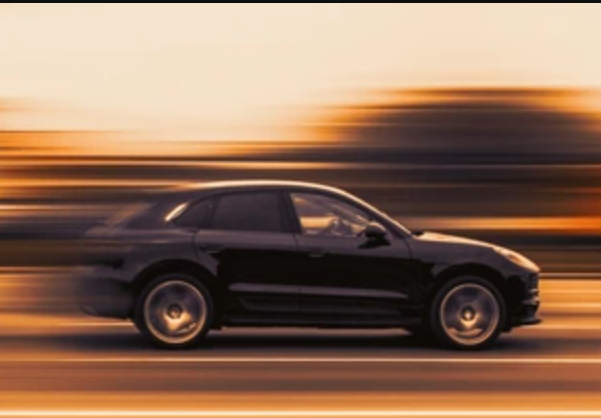
False. it’s actually a must to keep the certificate in your vehicle at all times.
Responsible Driving (True Or False): A Copy Of The Vehicle Inspection Certificate Doesn’t Need To Be Kept In The Vehicle At All Times.
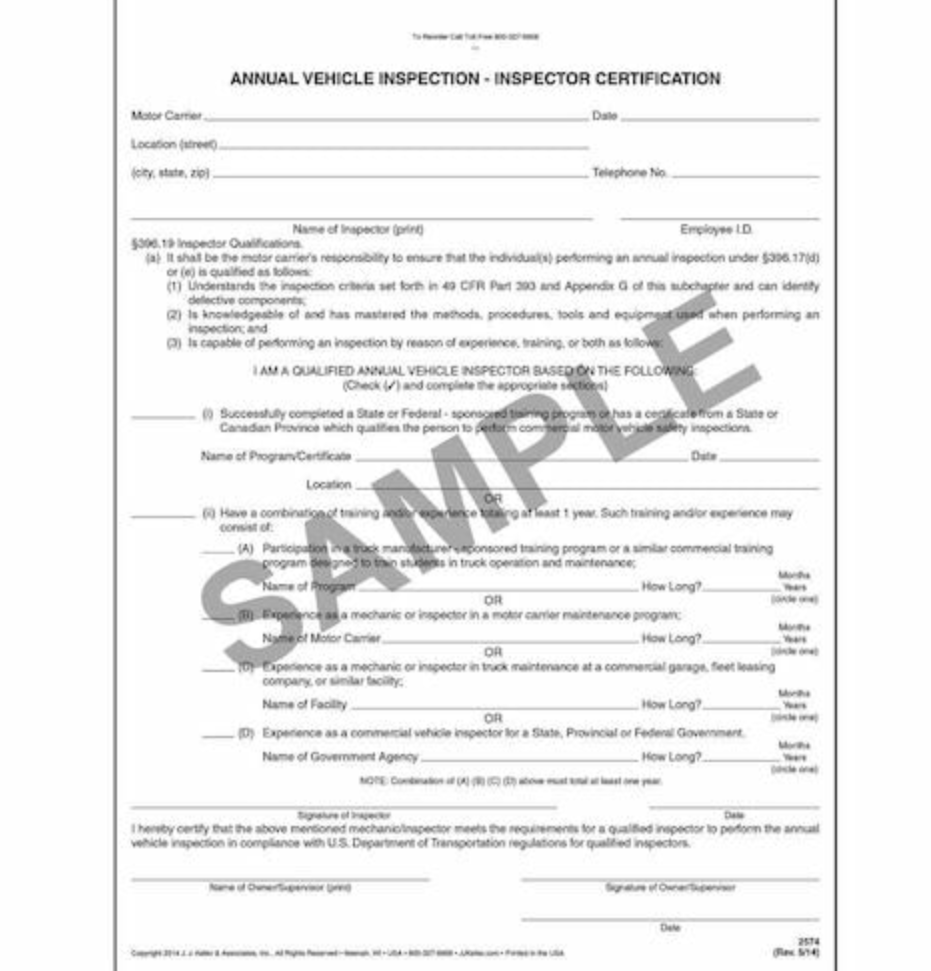
The Driver’s Responsibility
Responsible Driving: Who’s Responsibility Is It To Make Sure All Passengers Are Wearing Their Seatbelt?
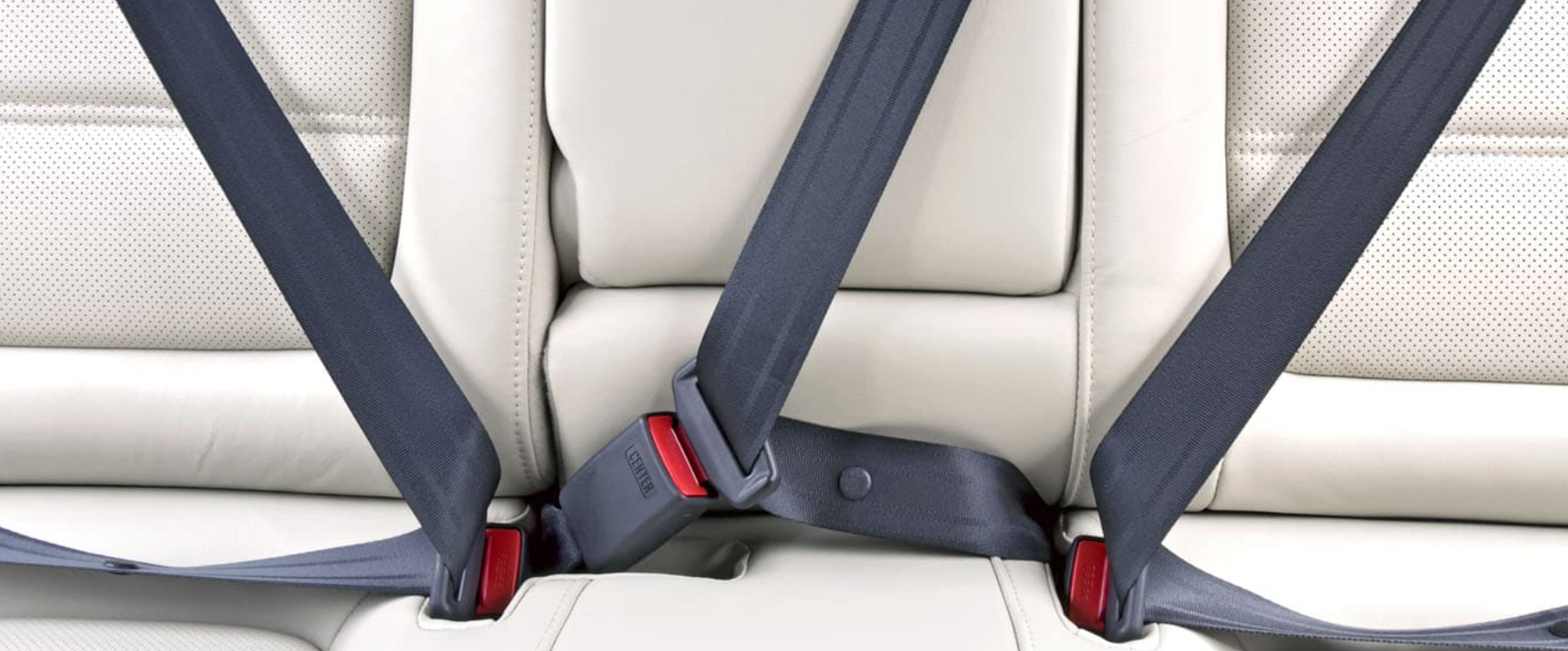
9 and 3
Responsible Driving: Where Should Your Hands Be On The Steering Wheel?
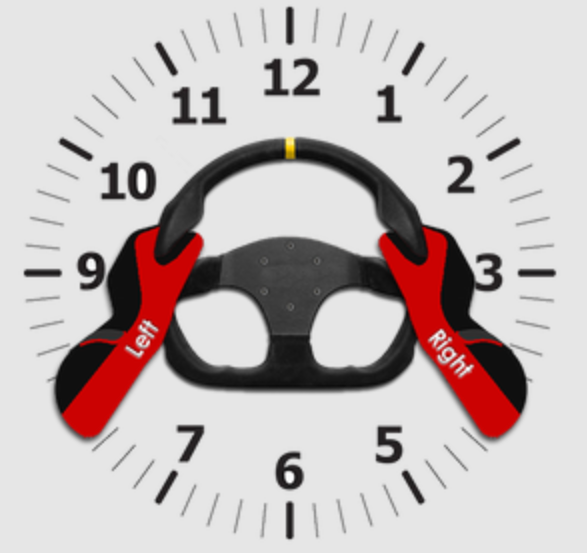
Look both ways and use rear window or backup camera
Responsible Driving: When Backing Up, You Should…
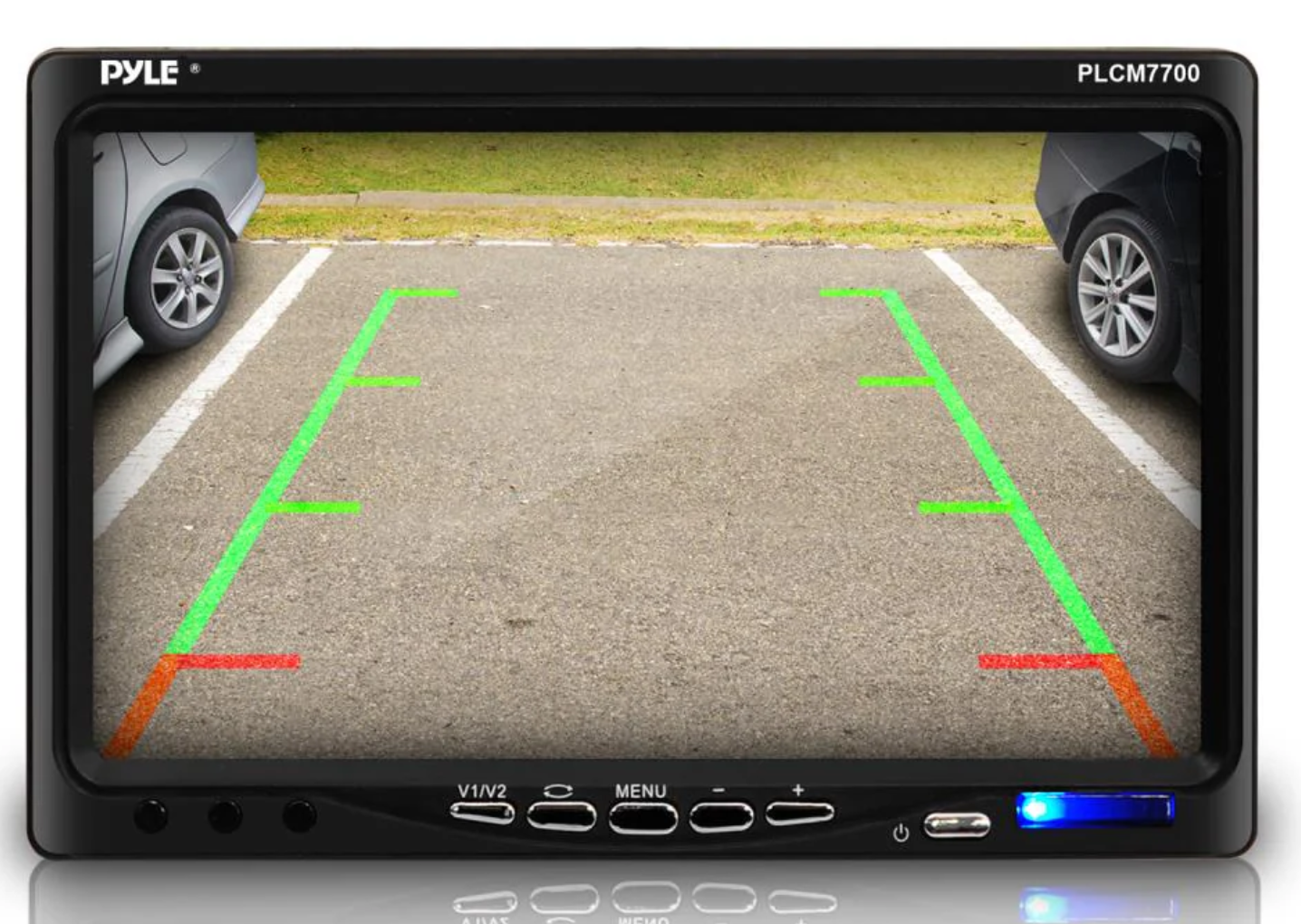
No. Side mirrors do not help.
Responsible Driving: When Backing Up, Do Side Mirrors Help?
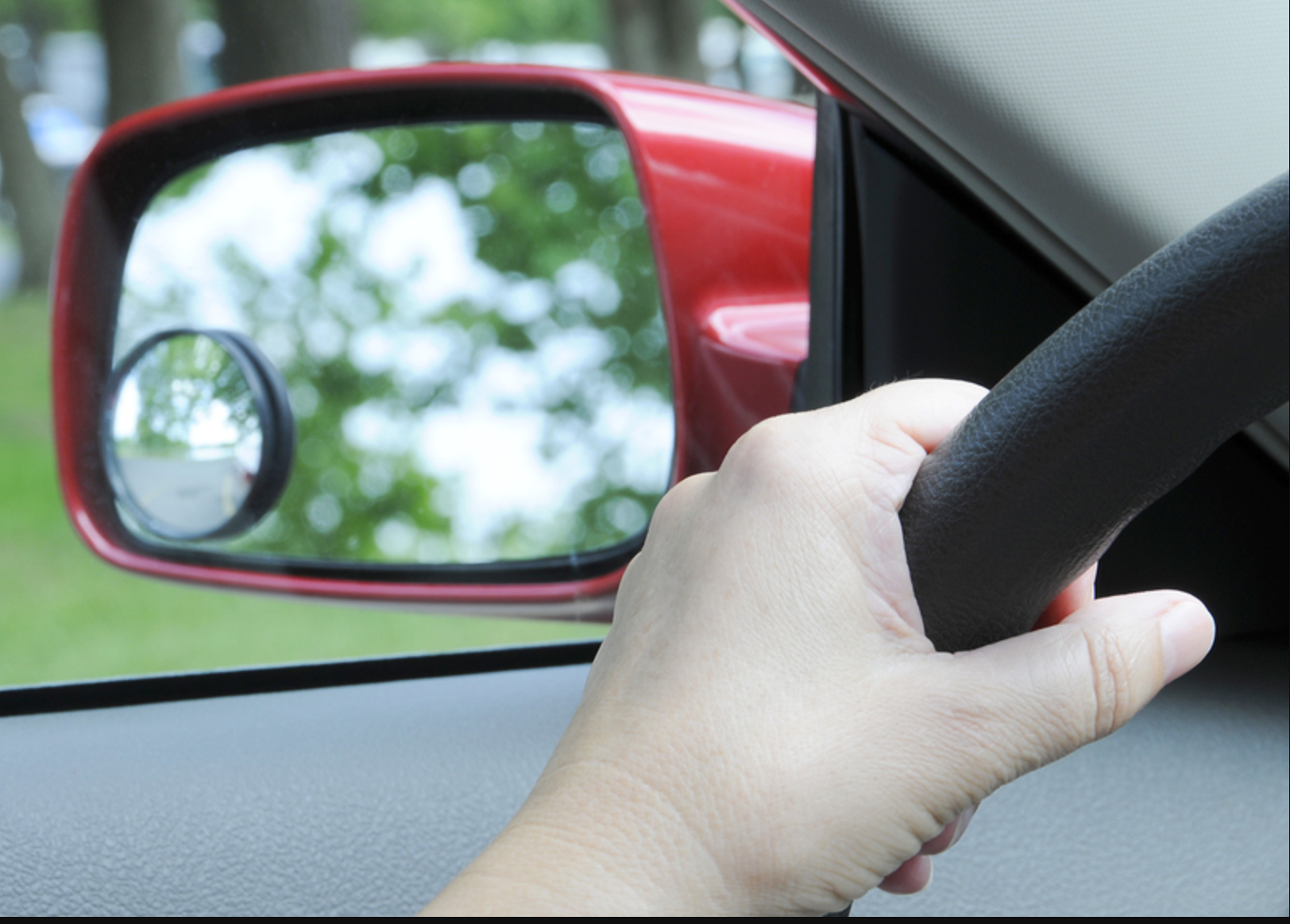
Turn Signal, Brake Lights, Headlights, Hazard Lights, and Horn
Responsible Driving: Remember, Use These Responsibly To Safely Communicate With Other Drivers And Avoid Crashes.
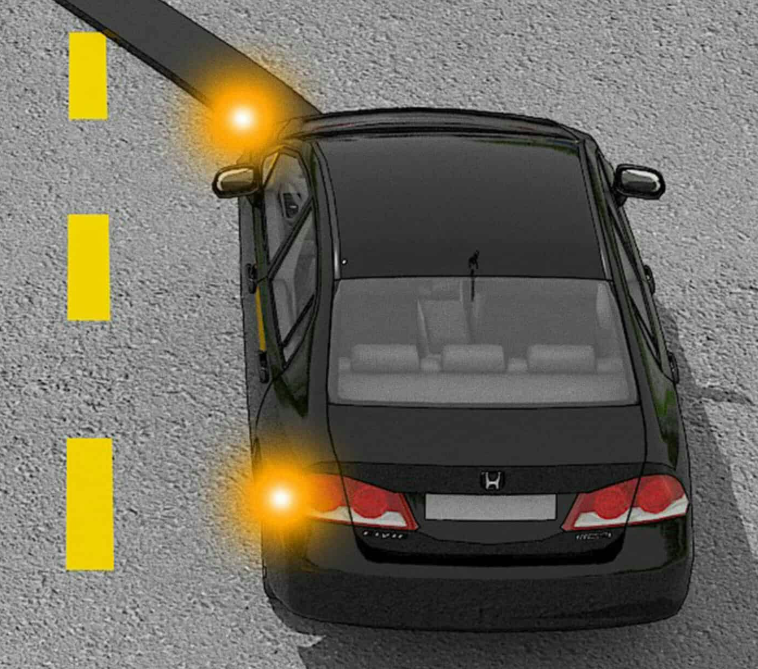
Stop, and watch out for oncoming traffic and pedestrians.
Responsible Driving: Before You Enter Or Cross A Road From An All, Driveway, Or Parking Lot Not Controlled By Signs, You Must….
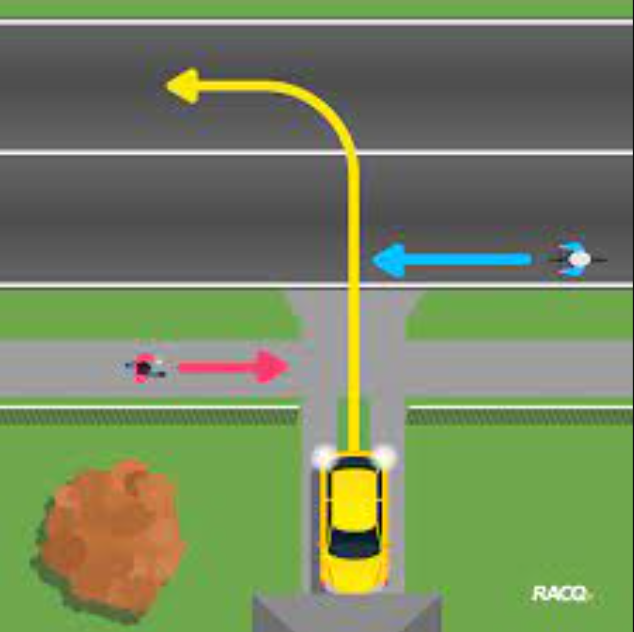
If there are other lanes available, switch to pass that stopped vehicle.
Responsible Driving: When Approaching Stopped Vehicles, You Should…
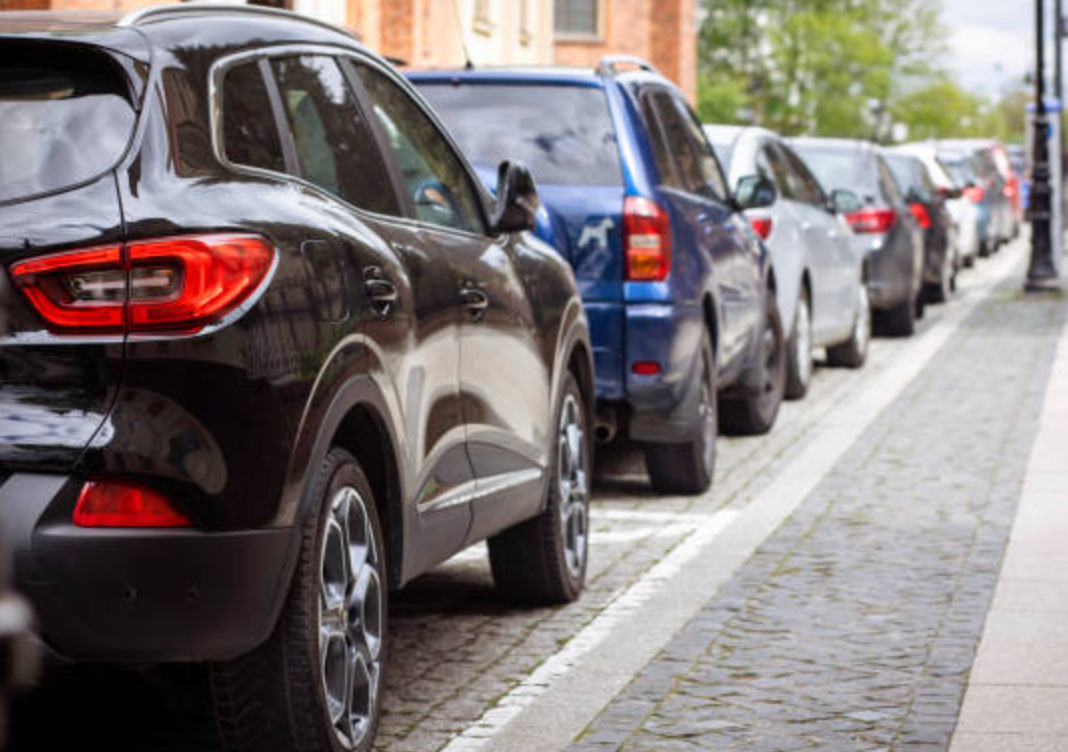
No. It is not legal. They are probably waiting for pedestrians.
Responsible Driving: Are You Allowed To Pass A Vehicle Stopping At A Crosswalk?
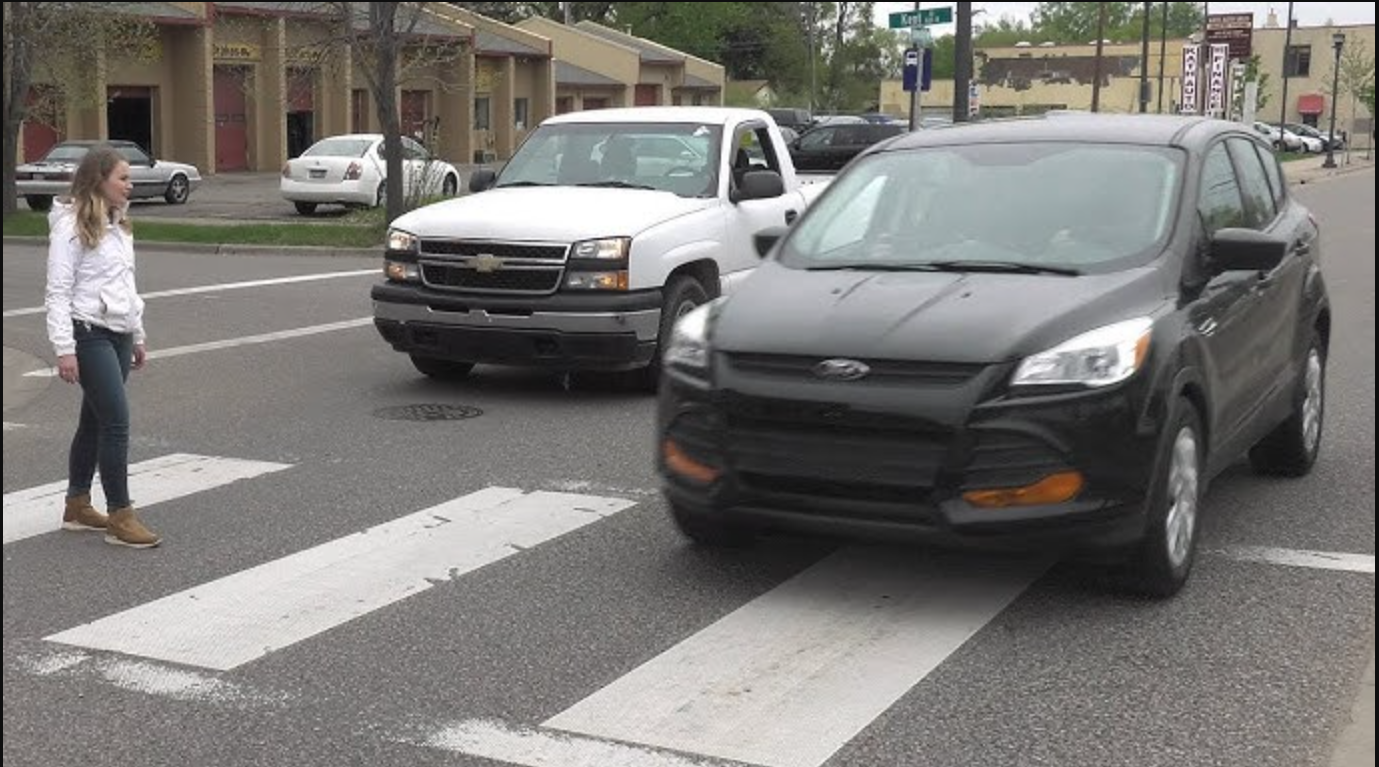
No, It is not legal to go off-road in that situation.
Responsible Driving: When It Legal To Drive Off The Road To Pass Another Vehicle?
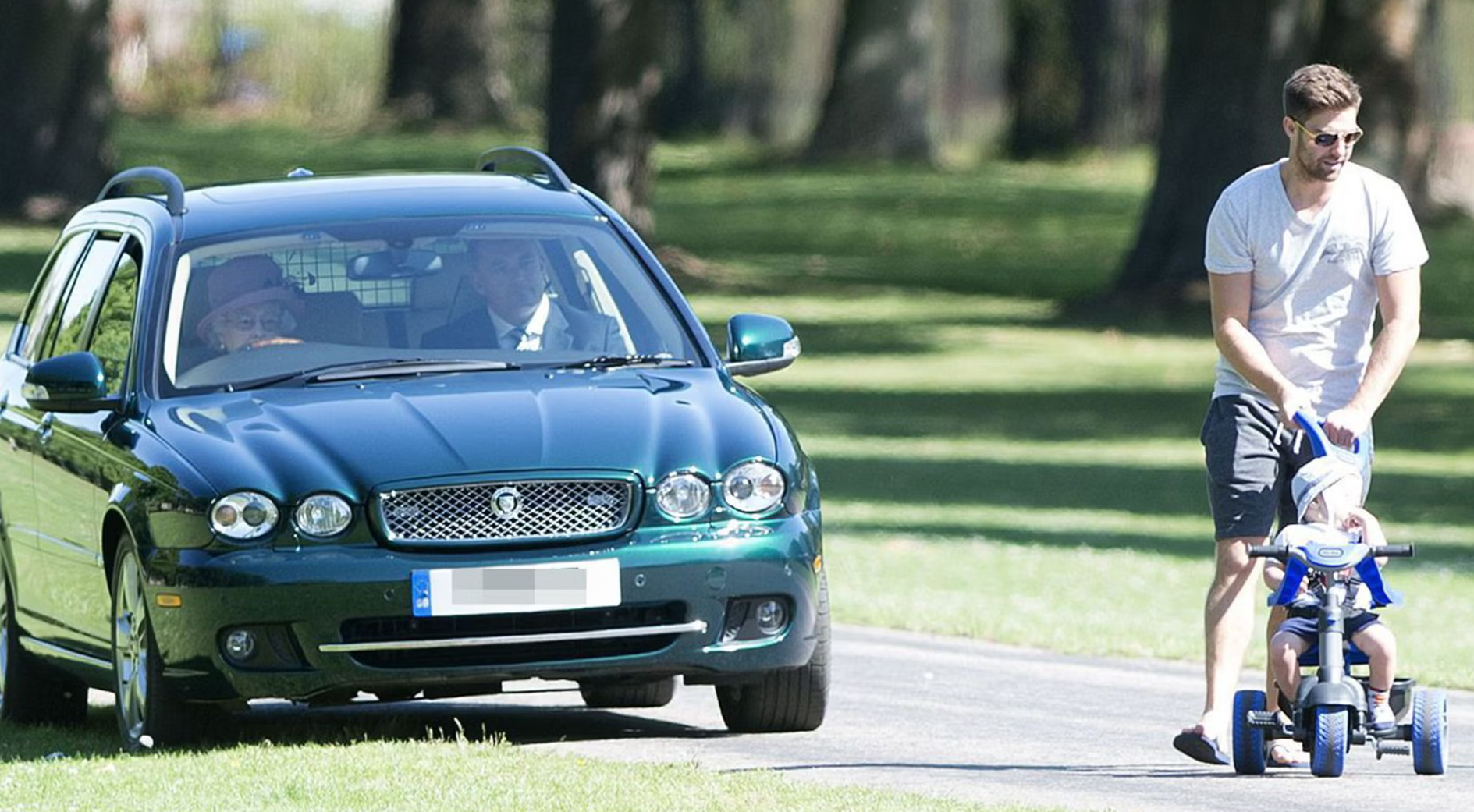
Led by a guide dog or using a white cane, indicating the individual’s visual impairment, ensuring that they’re given the consideration and safety they require in public spaces.
Responsible Driving: A Blind Person Has The Right-Of-Way When Crossing The Street When…
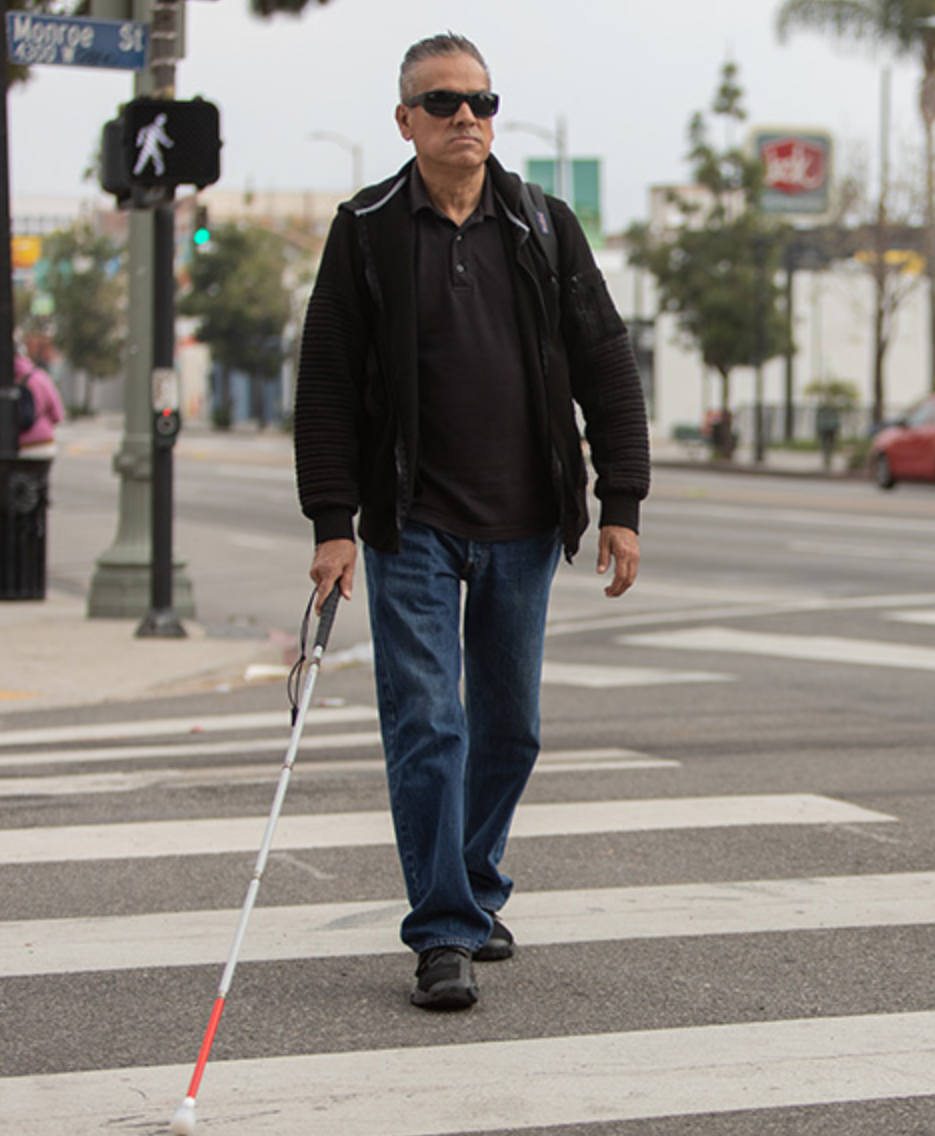
They’re Hard To See In Traffic.
Responsible Driving: Note That A Driver Should be Extra Alert For Motorcycles, Bicycles, And Pedestrians Because…
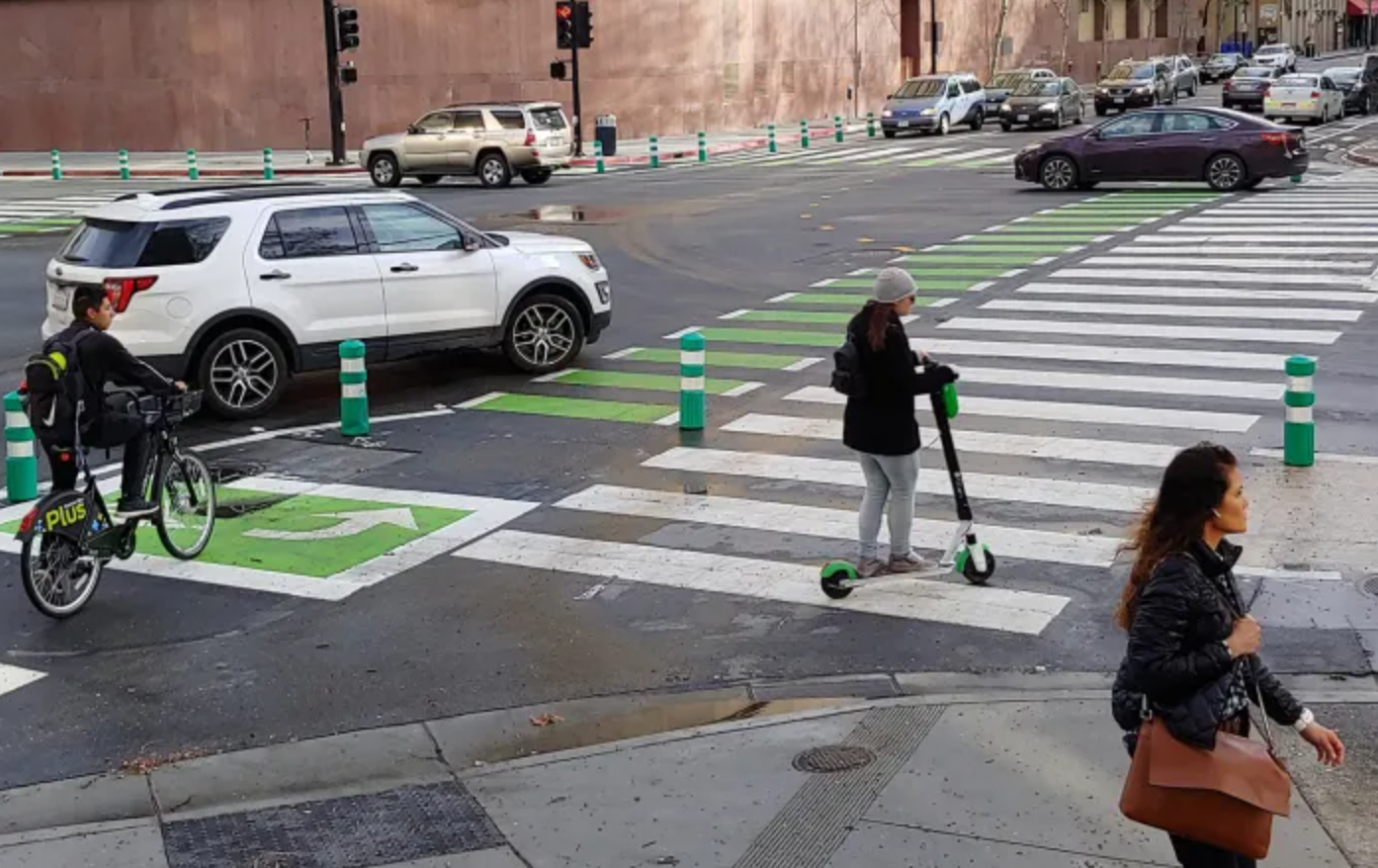
Always use your turn signal.
Responsible Driving: When Turning, You First Should…
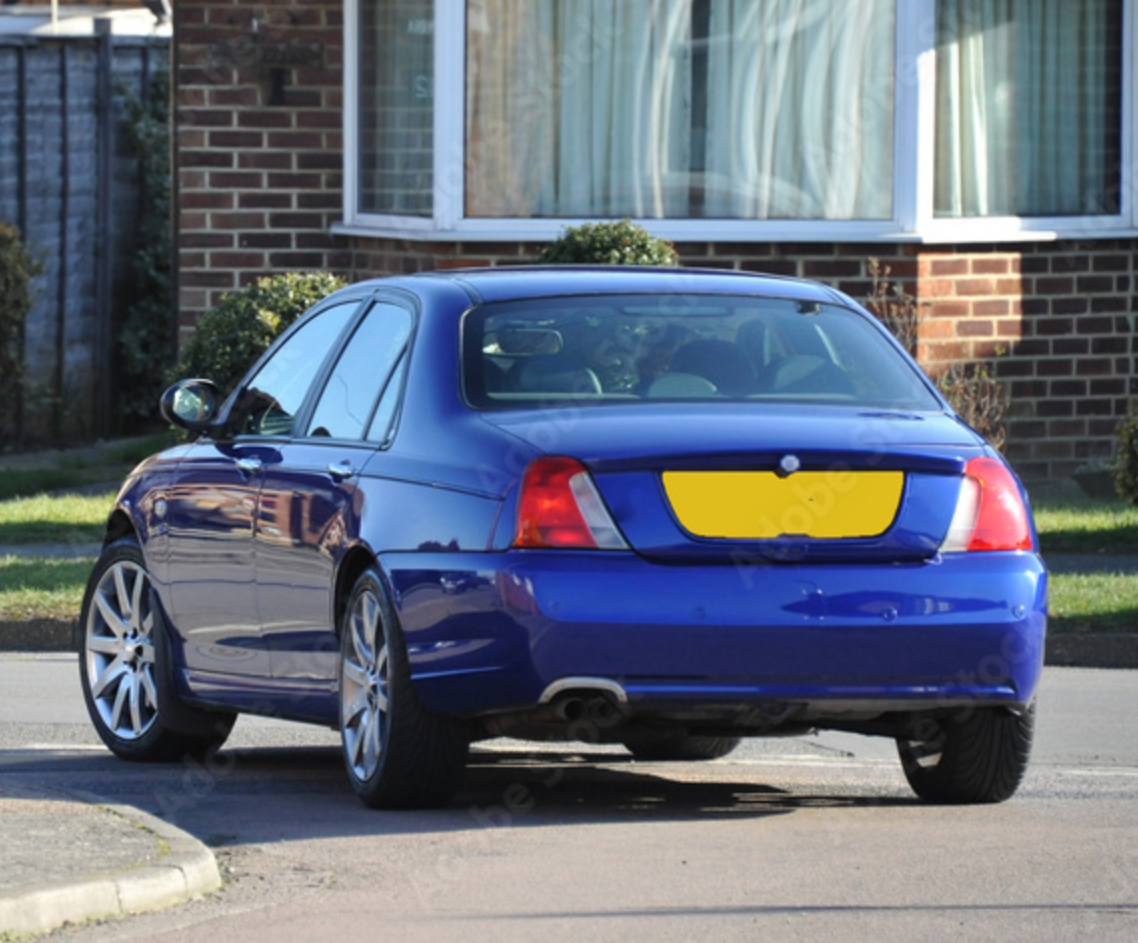
Reduce your speed to turn.
Responsible Driving: When Making A Turn, What Should You Do With Your Speed?
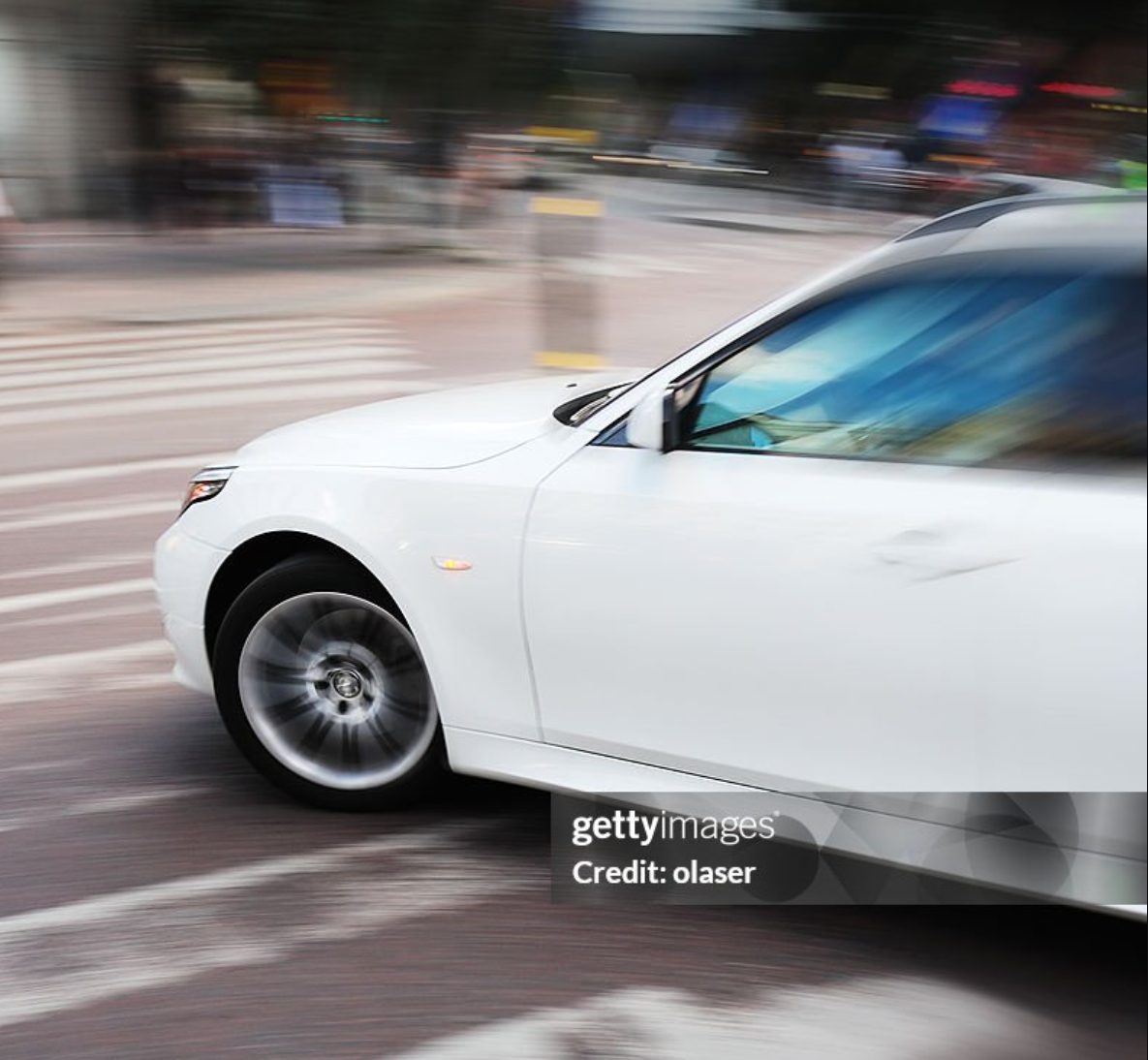
The posted sign, other traffic, pedestrians, surface, width, and hazards of the road, weather, visibility, etc. The speed limits may not be enough for those times.
Responsible Driving (Speed Limits, The Basic Rule Law): When Thinking About The Reasonable Speed, You Must Think About…
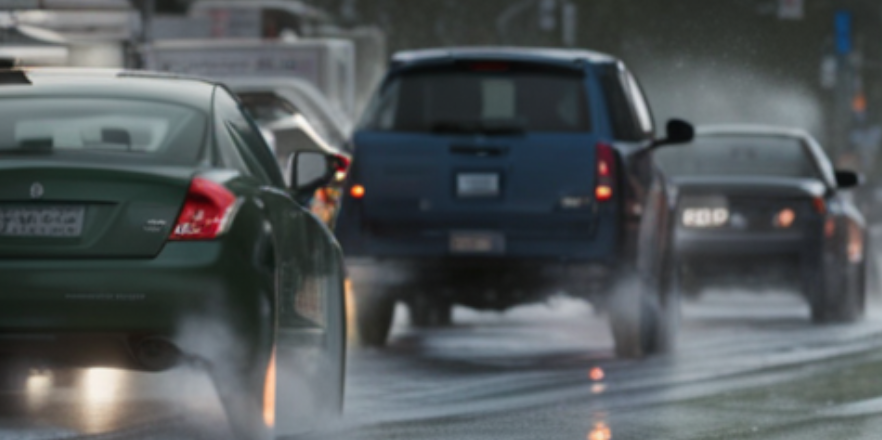
With the flow of traffic, the speed limit.
Responsible Driving: When Driving In Traffic, It Is The Safest To Drive…
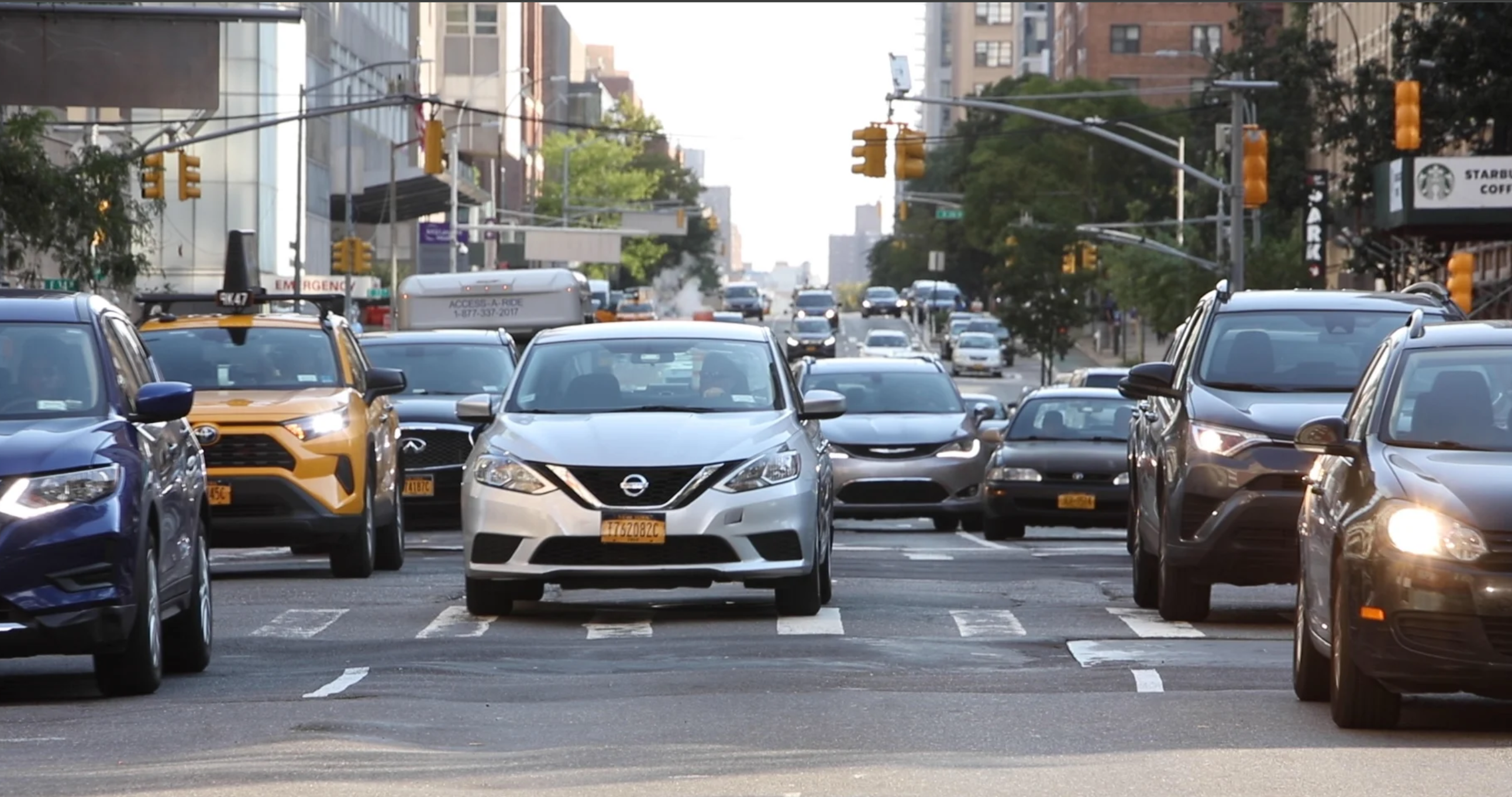
Anything makes the road conditions less perfect.
Responsible Driving: Drive Below The Posted Speed Limit And Increase Following Distance When…
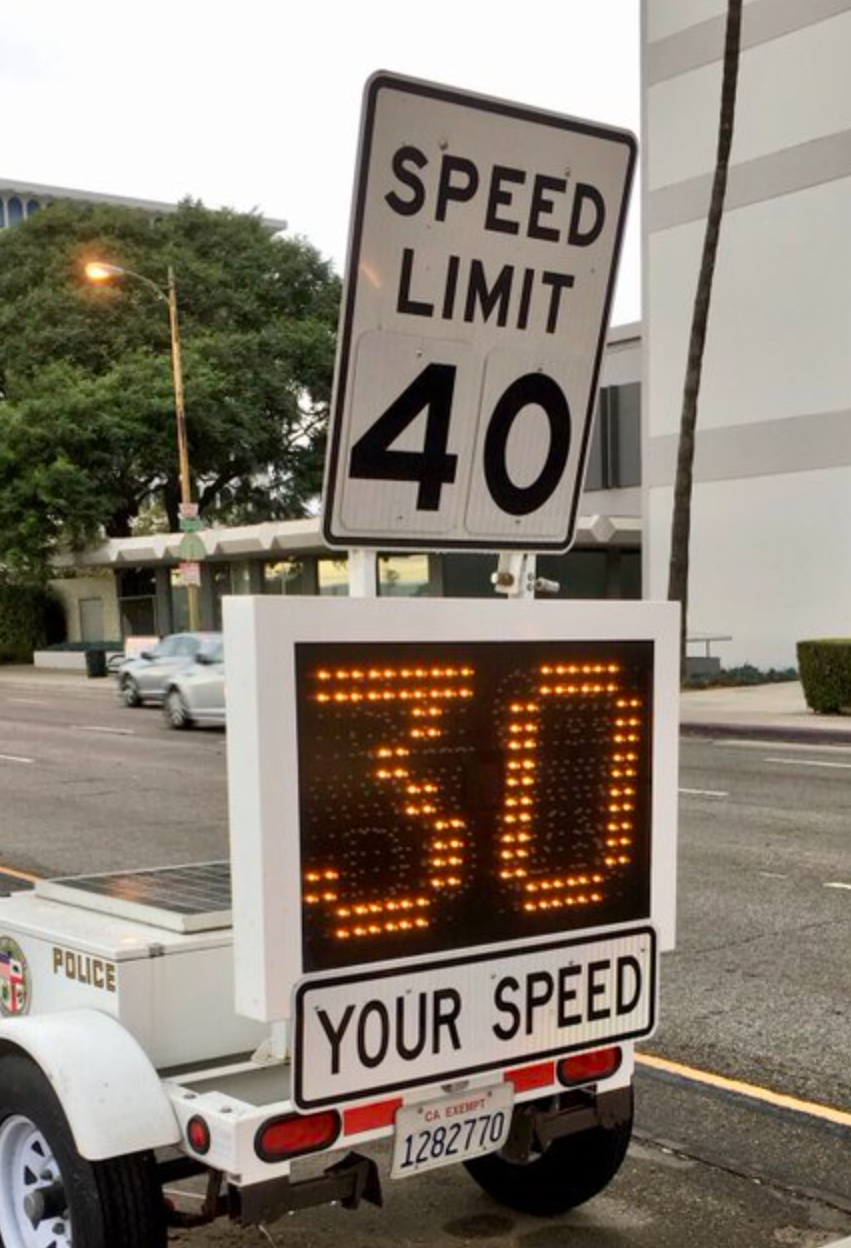
False. The speed you drive DOES determine how much time to react & stop. The higher the speed, the less time,
Responsible Driving: True Or False? Speed At Which You Drive Does Not Determine How Much Time You Have To React To Stop.

15 mph
Responsible Driving (Speed Regulation): In Oregon, The Current Speed Limits In Alleys And On Narrow Residential Is..

20 mph
Responsible Driving (Speed Regulation): In Oregon, The Current Speed Limits On Business Districts, School Zones, And Some Residential Areas Is…
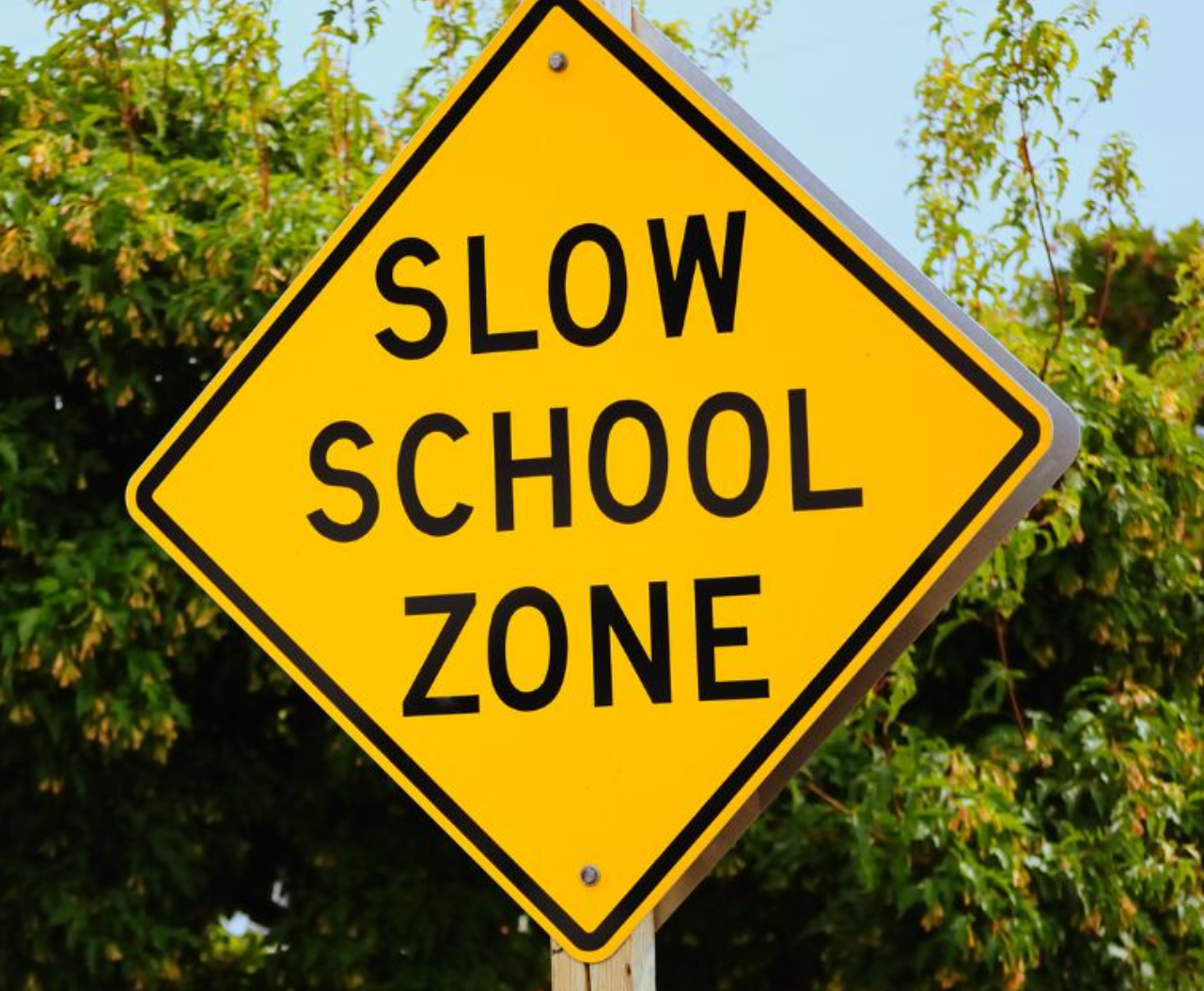
25 mph
Responsible Driving (Speed Regulation): In Oregon, The Current Speed Limits In Normal Residential Districts, In Public Parks.
On Ocean Shores, If Vehicles Are Permitted Is…
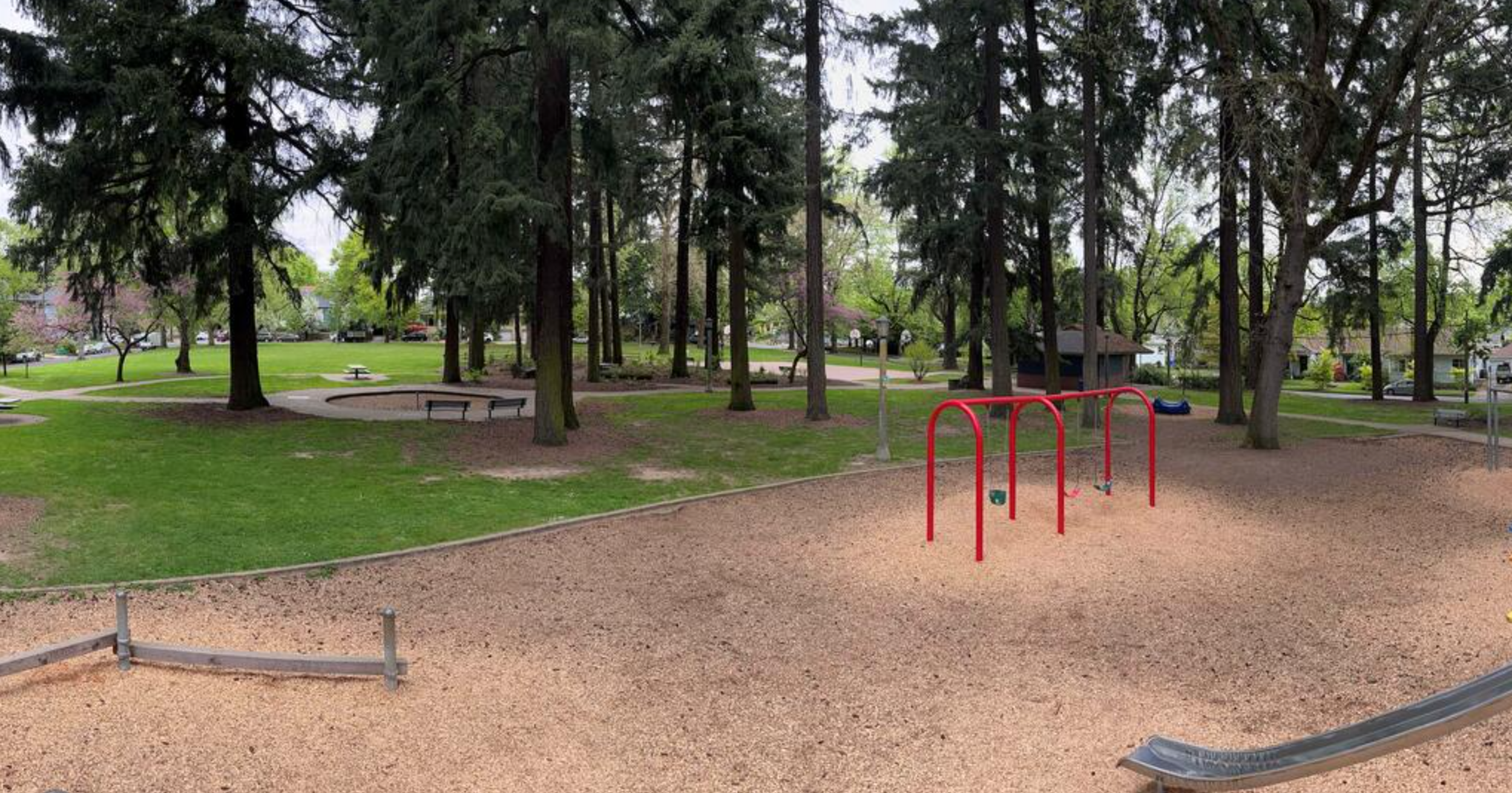
55 mph
Responsible Driving (Speed Regulation): In Oregon, The Current Speed Limits On Rural Highways Is…
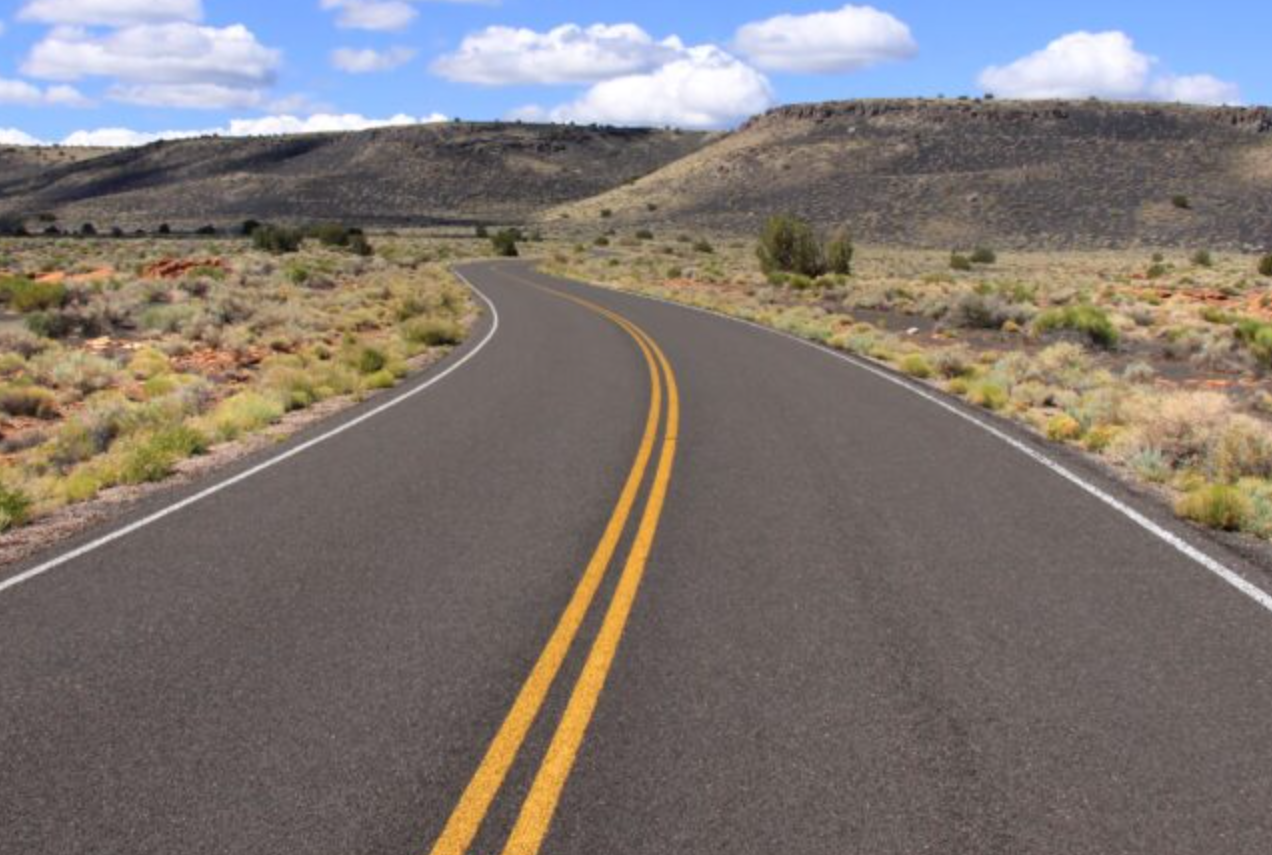
Speed limits will vary.
Responsible Driving (Speed Regulation): In Oregon, The Current Speed Limits On Interstates Is…
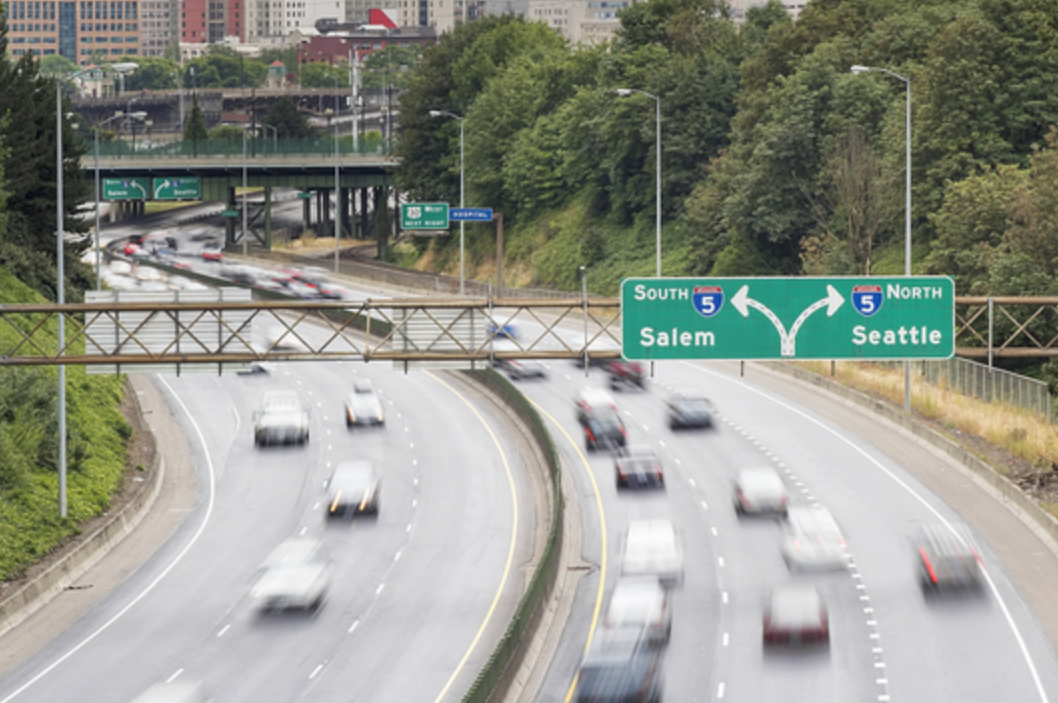
2-4 Secs (About 3)
Responsible Driving: Safe Distance Is Defined As…
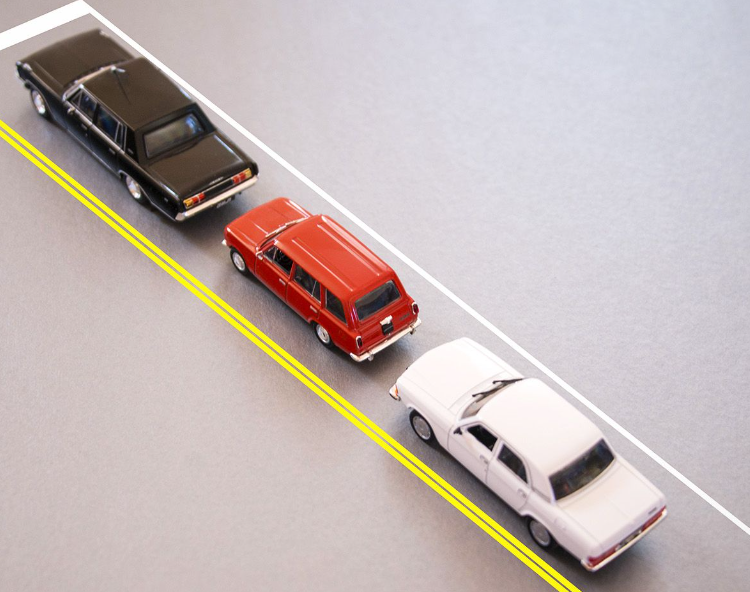
Honk, or move out of the way.
Responsible Driving: If An Oncoming Vehicle Is Approaching Your Lane, What Should You Do?
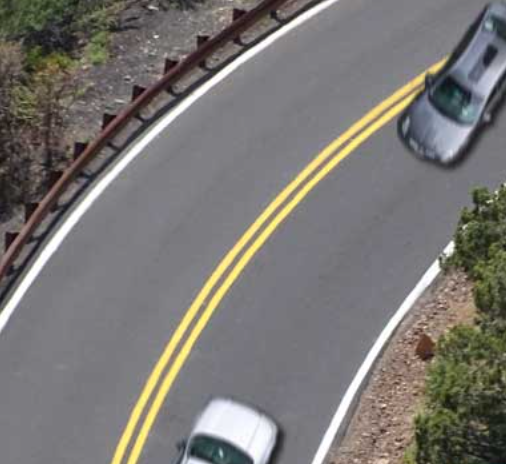
Turn quickly away from it. But Not Too Sharp. Maybe to another lane or something.
Responsible Driving: If You Cannot Stop Quickly Enough, You Should…
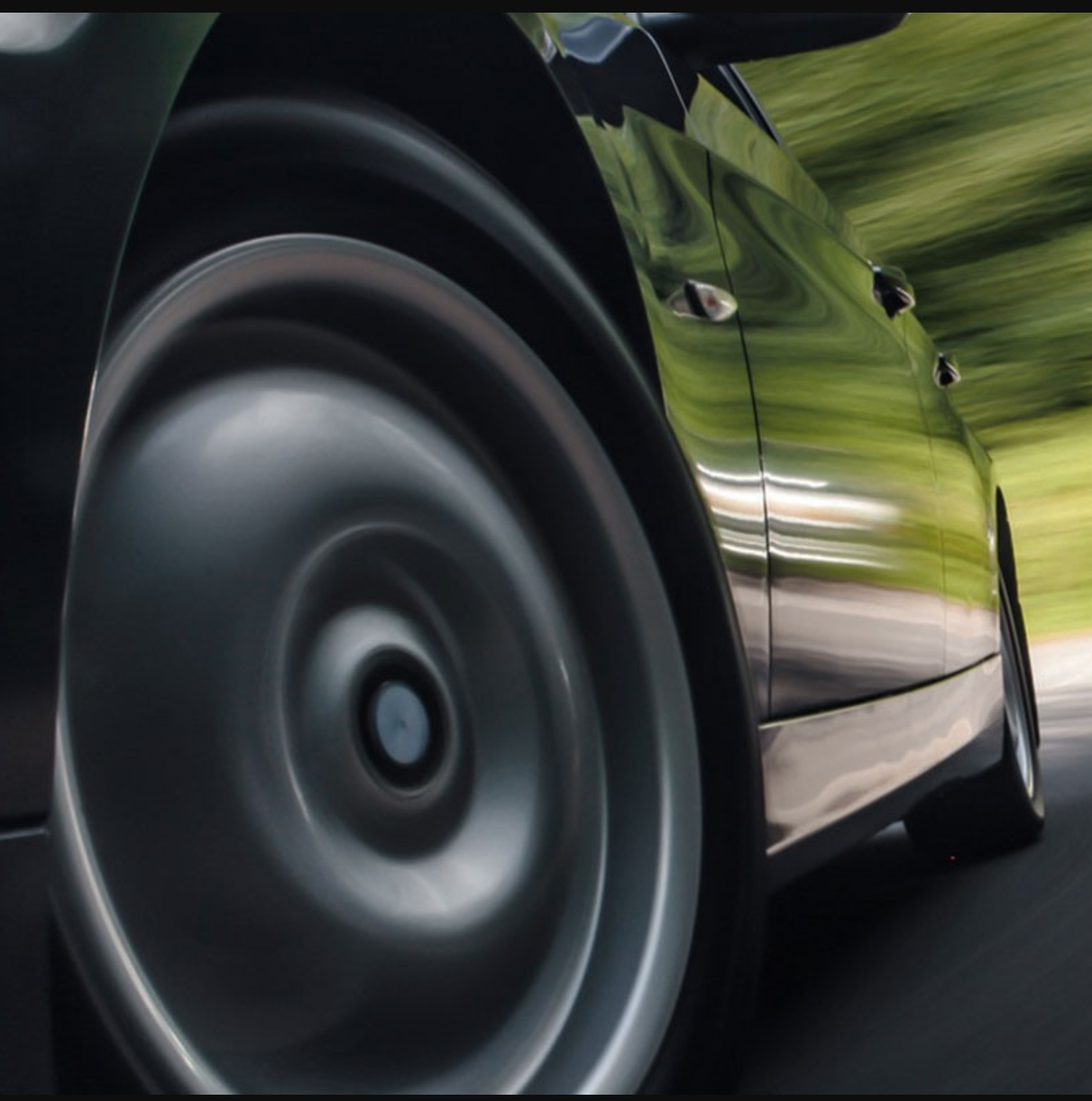
True. So don’t drive too closely.
Responsible Driving (True Or False): Driving To Closely Increases The Chances Of Being Involved In A Rear-End Collision.
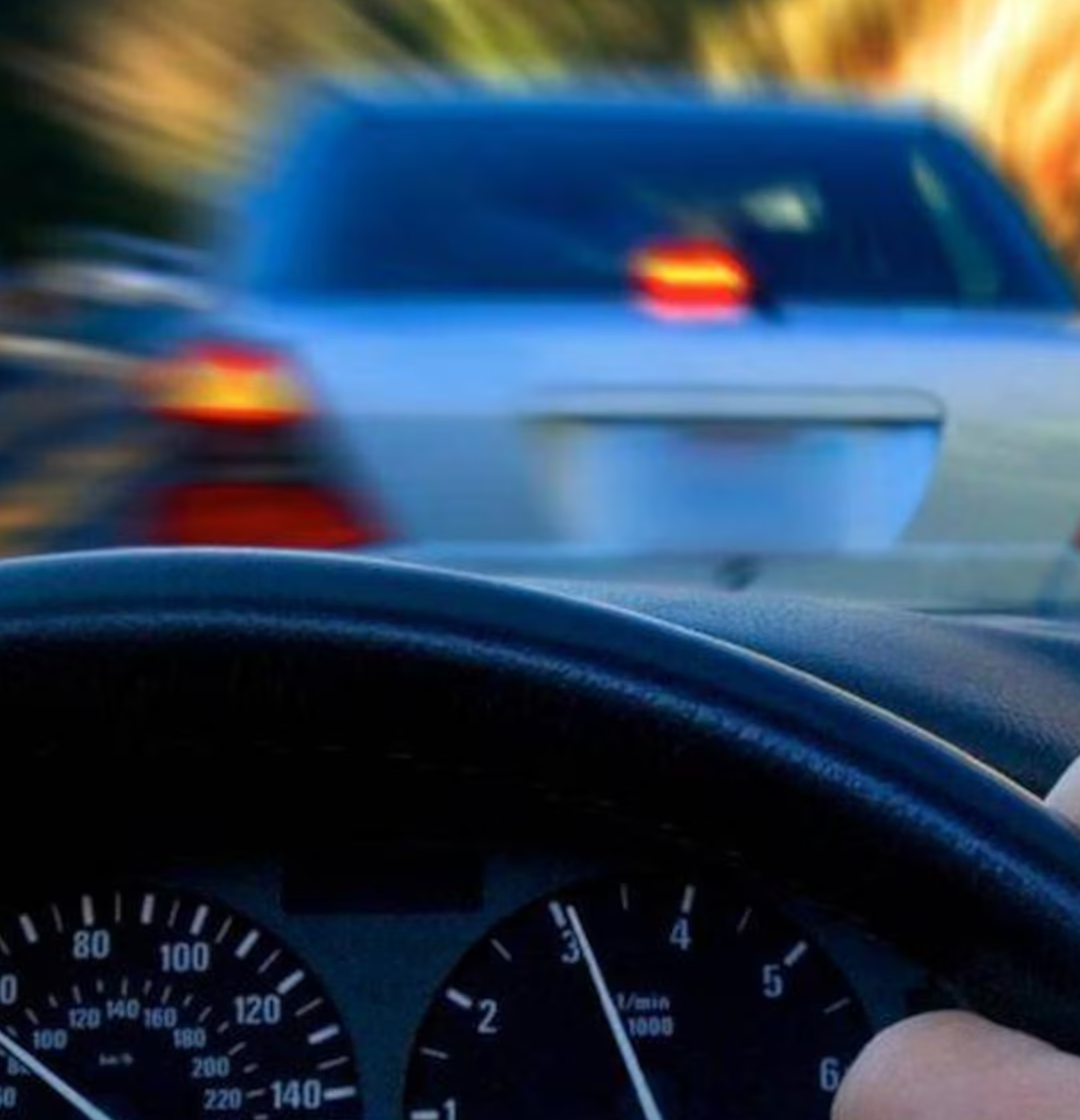
Where the rear tires meet the road.
Responsible Driving: When Stopping Behind Another Vehicle, You Should Be Far Enough Away To See…
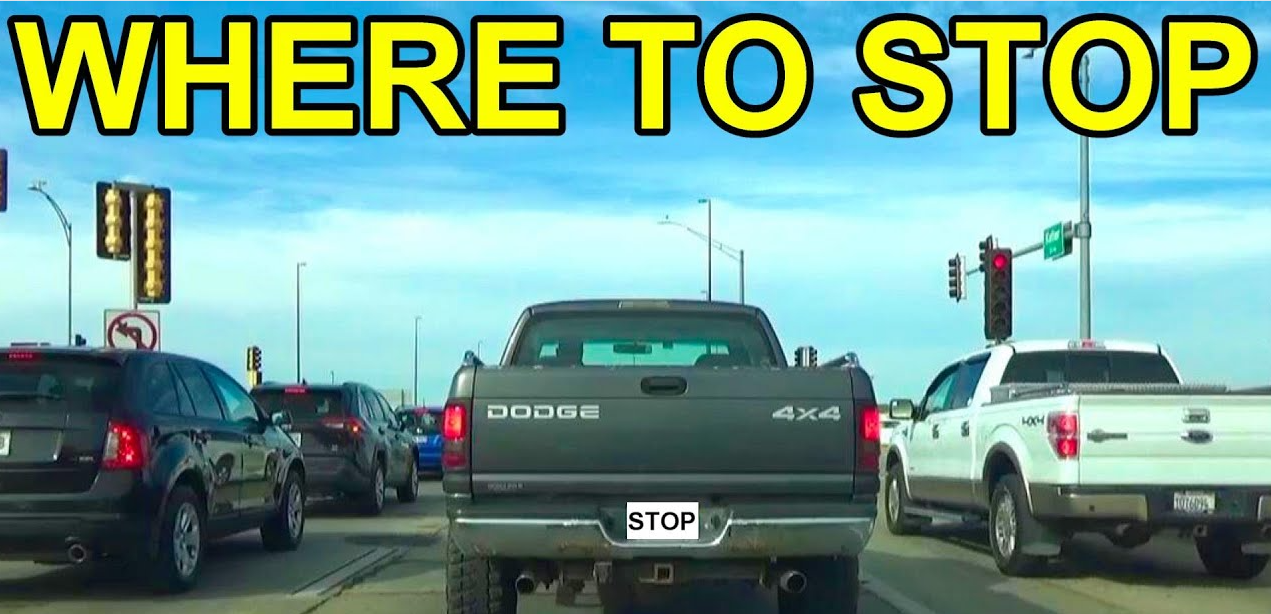
Pull over to the right to stop, and let that vehicle pass by.
Responsible Driving: If A Vehicle Is Too Close Behind You / Tailgating In One Lane When You’re Trying To Break & Stop…
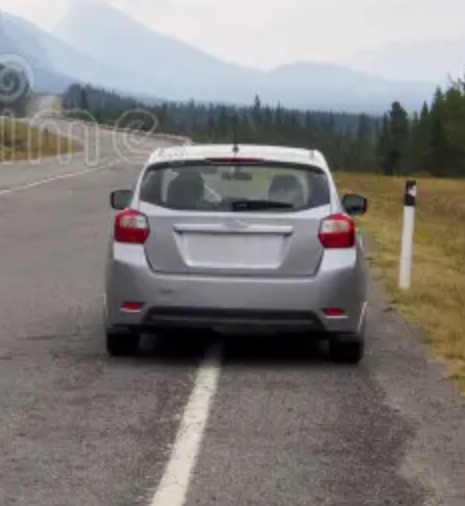
Tap your brakes lightly to activate your brake lights, signaling the tailgater to back off.
Responsible Driving: If A Vehicle Is Too Close Behind You / Tailgating In One Lane, And You CAN’T MOVE TO THE RIGHT…
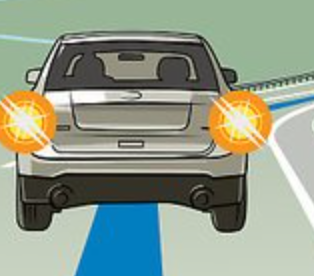
False. Braking hard trying to discourage tailgating will get you hit.
Responsible Driving: True Or False? You Can Brake Hard To Discourage A Vehicle Behind You From Tailgating.
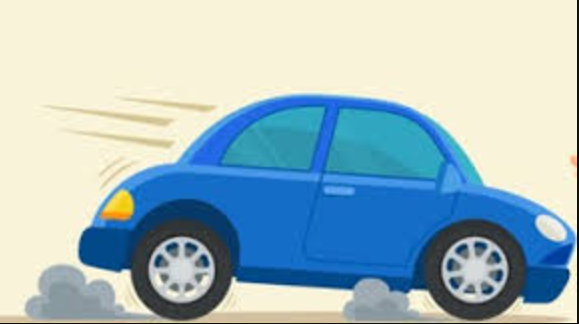
Speed up to dodge it.
Responsible Driving: When Something Is About To Hit You On The Side….
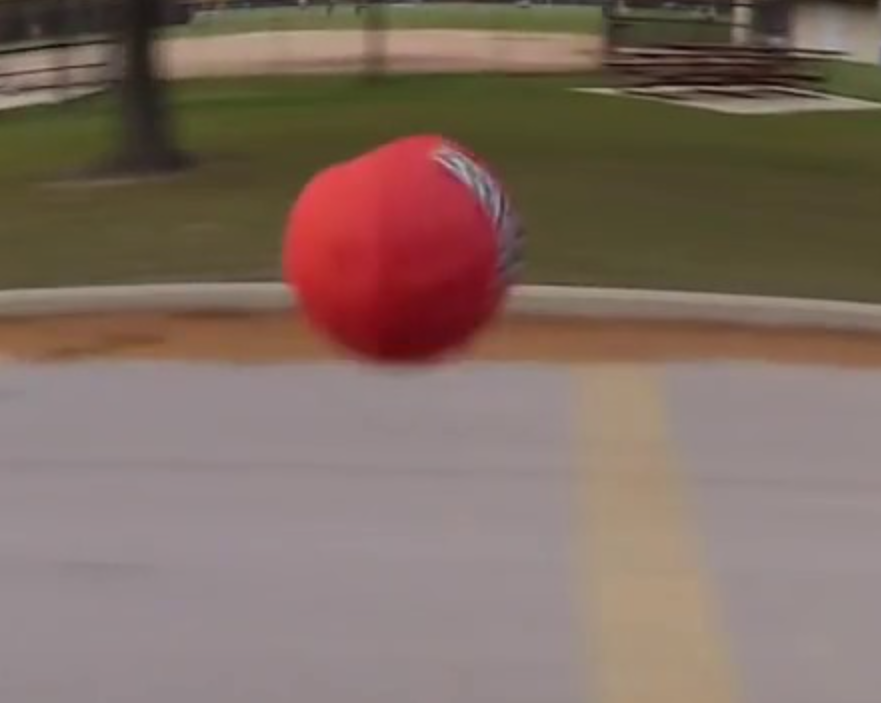
True. The oncoming driver may turn back sharply to that lane.
Responsible Driving: True Or False? Never Turn To The Opposite Lane To Avoid A Crash From Oncoming Traffic.
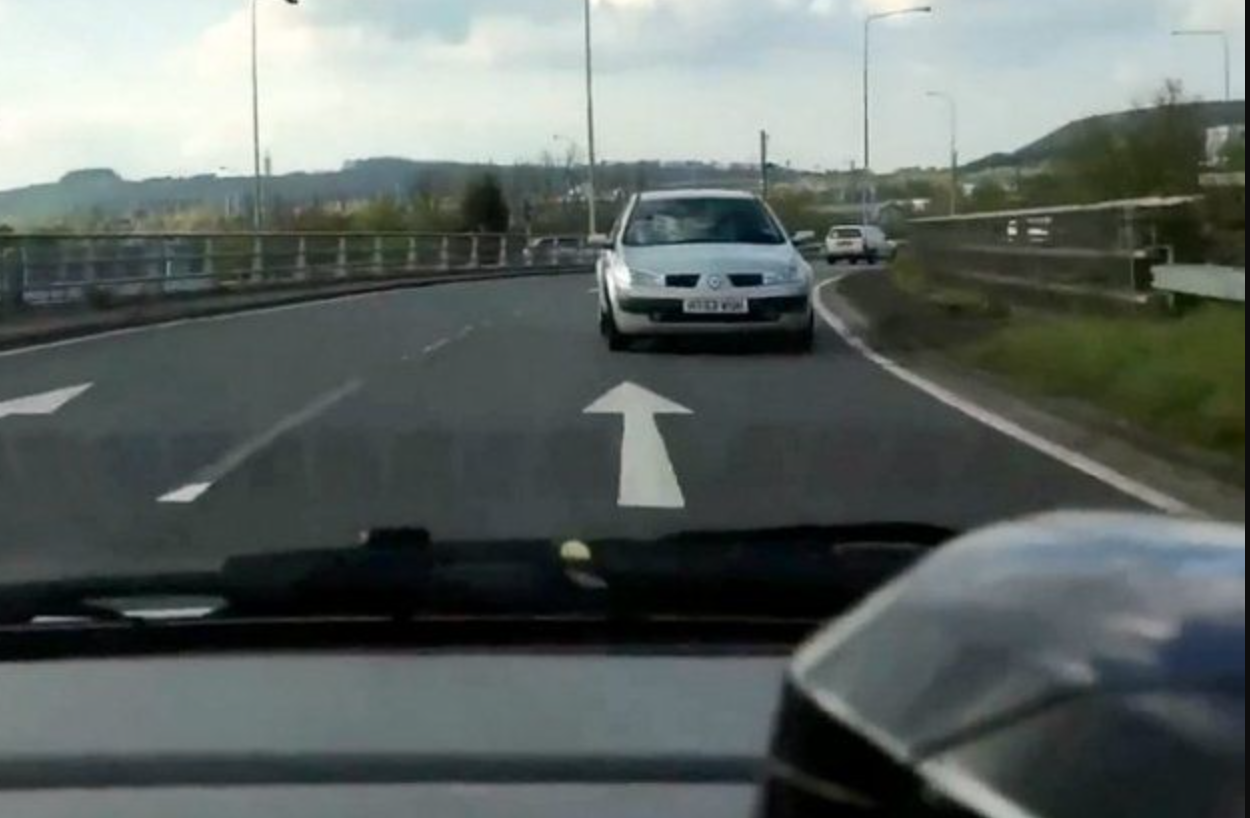
Vehicle position, visibility and weather, road quality and sharpness.
Responsible Driving: When Approaching A Curve, What Factors Should You Consider To Determine A Safe Speed?
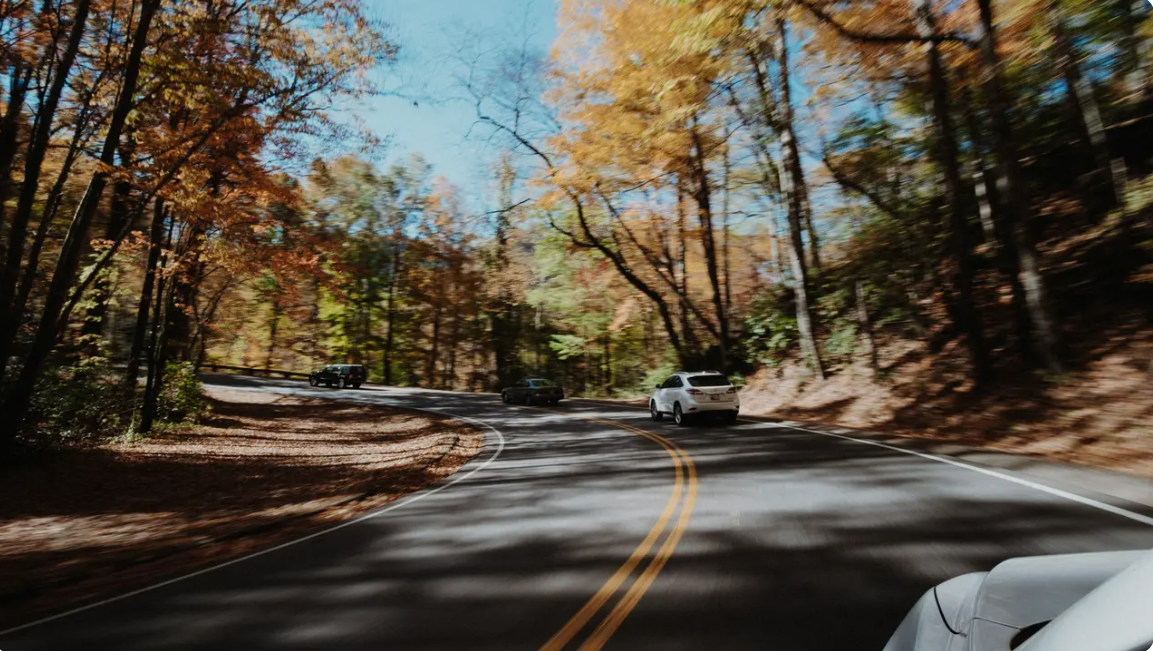
Slow down before entering a curb.
Responsible Driving: If You Approach A Curve Too Fast, What Should You Do?
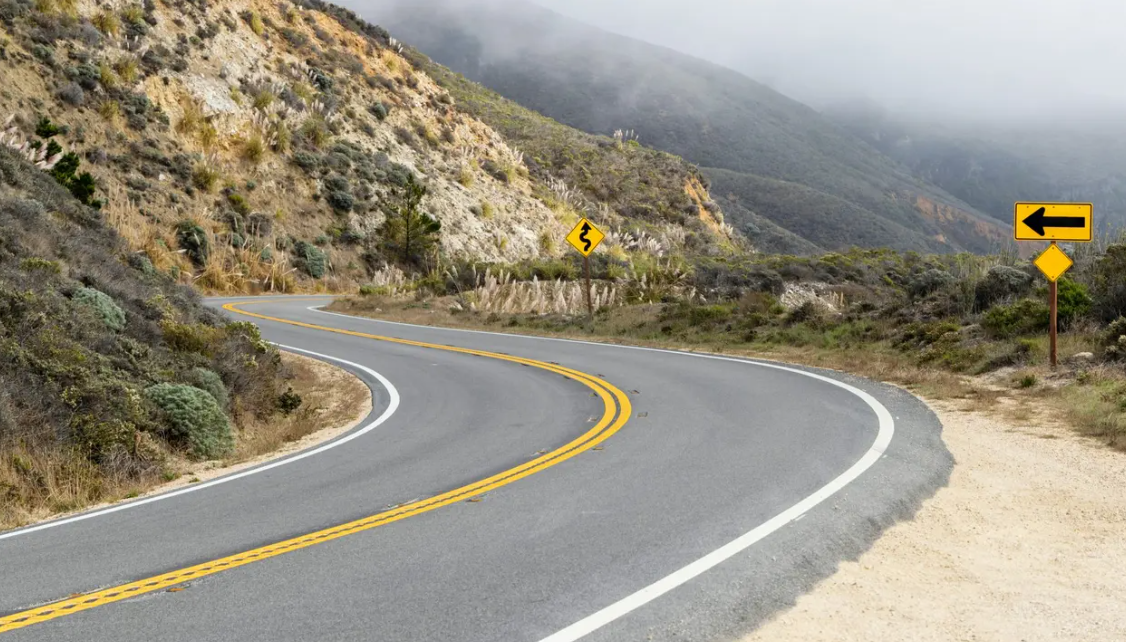
Slow down and keep to the right side of your lane.
Responsible Driving: When Approaching A Curve Where You Can't See Clearly Around The Bend, What Is A Safe Action?
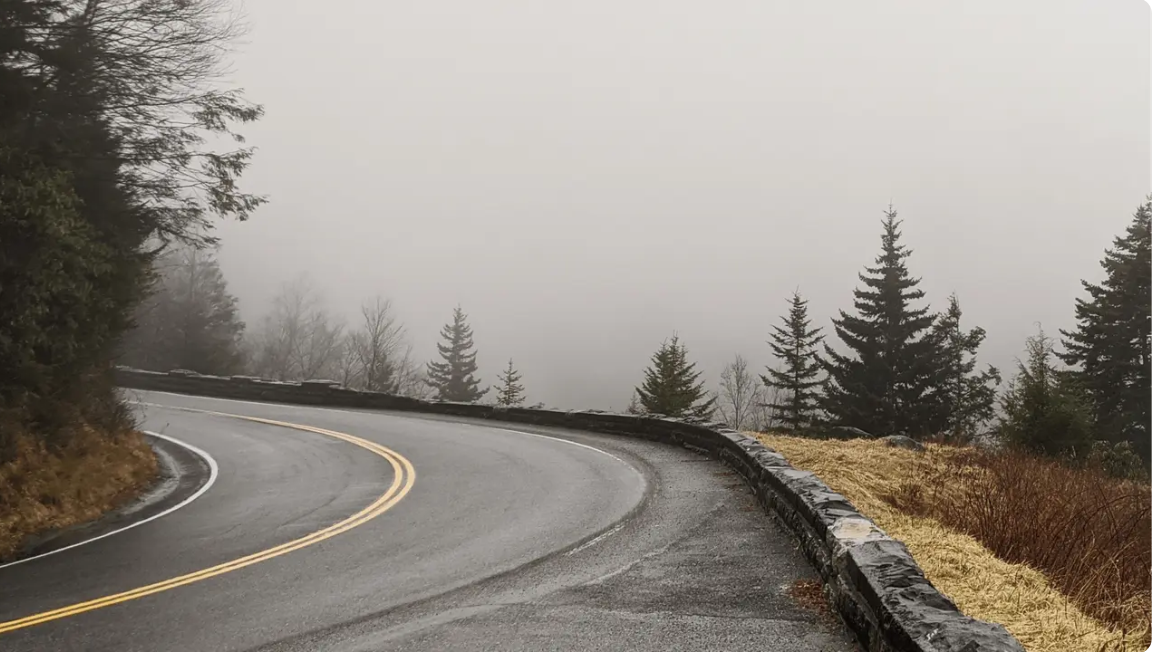
Yes. Velocitation / speed blindness, happens when you drive at high speeds for a long time and start to feel like you're going slower than you really are. You get used to the fast speed, and it begins to feel normal (or even slow). This can lead you to drive too fast without realizing it, making your speed perception off.
Responsible Driving: Should You Check Your Speedometer When Exiting A Freeway? Why Or Why Not?
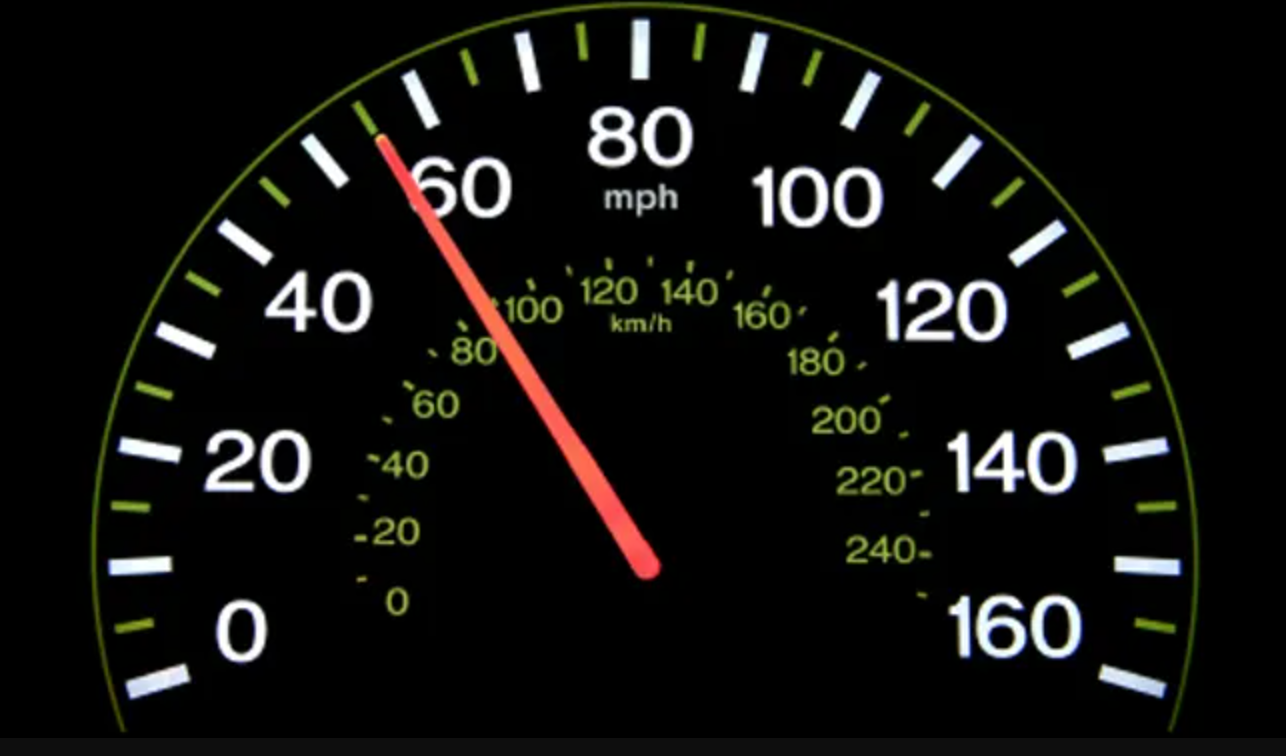
Your Headlights
Responsible Driving (Nighttime): When Driving At Night, You Should Turn On…

You cannot see as far ahead at night. The distance of visibility is reduced, reason for the use of headlights.
Responsible Driving (Nighttime): Note That It’s More Dangerous To Drive At Night Than At Daytime Because…
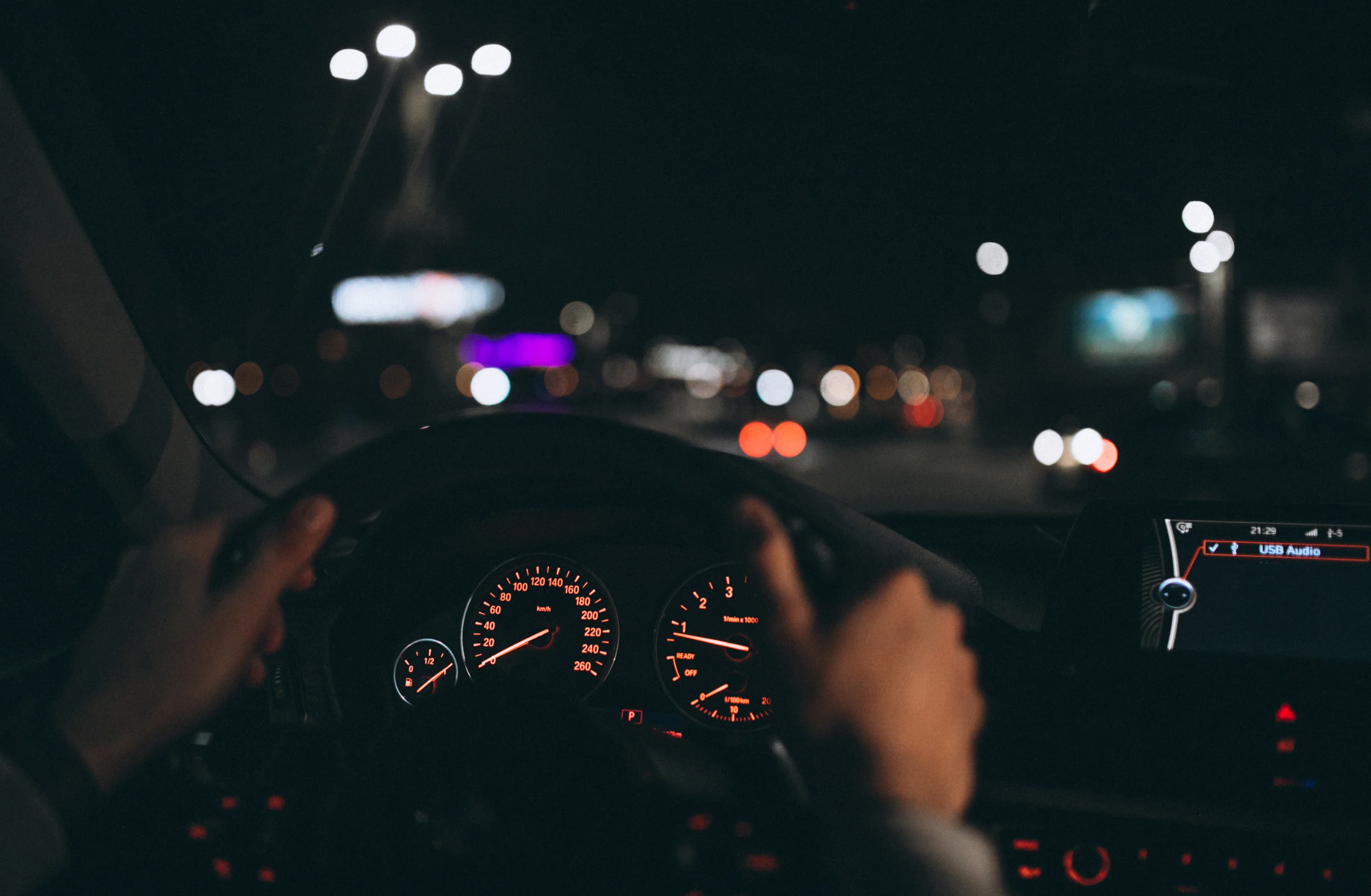
Within the range of your headlights.
Responsible Driving (Nighttime): When Driving At Night, You Should Drive…

When there’s oncoming vehicles.
Responsible Driving (Nighttime): Use Your High Beam Headlights At Night Except…
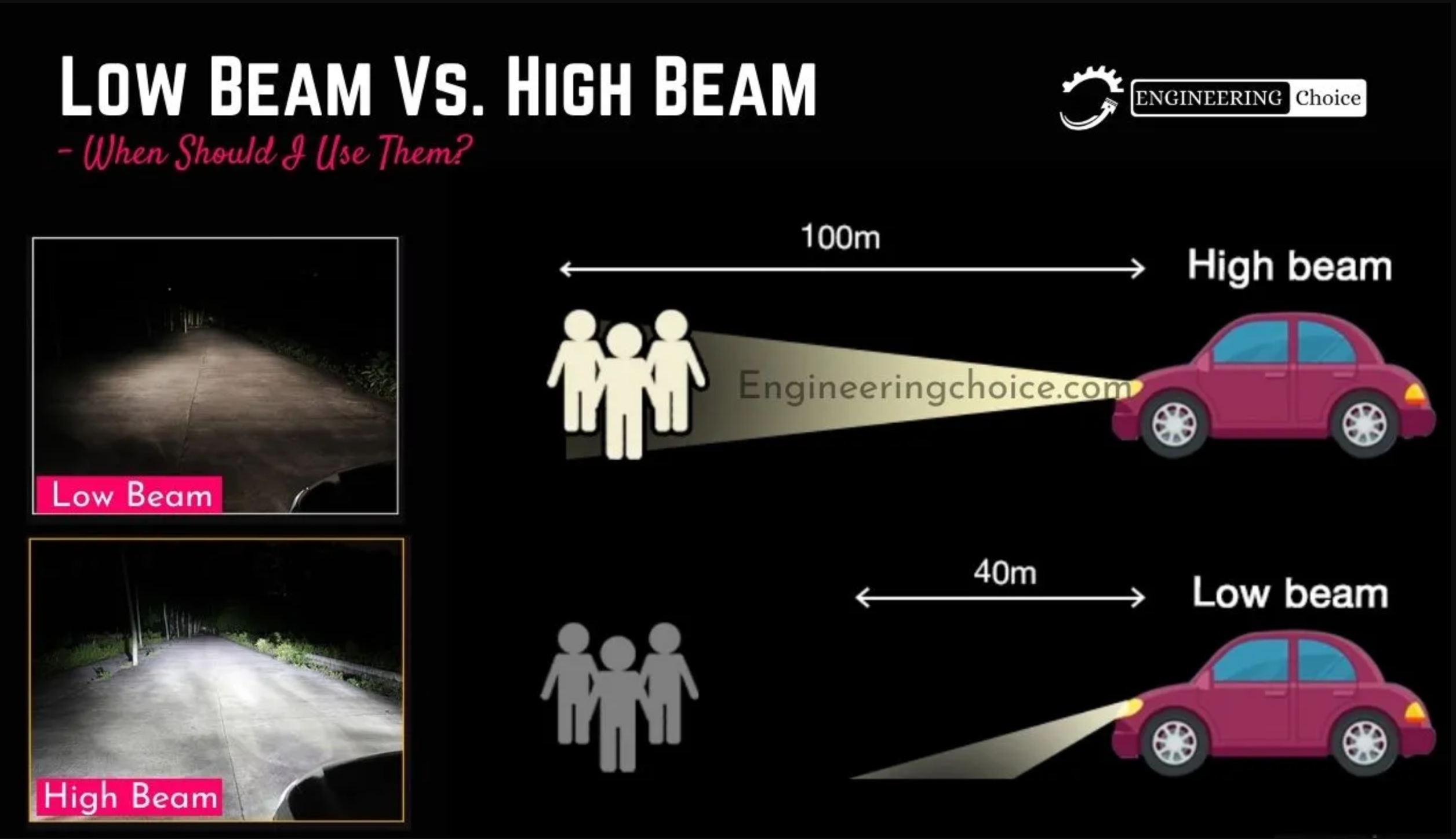
Meeting or following other vehicles.
Responsible Driving (Nighttime): When Driving At Night, You Should Dim Your Headlights When…
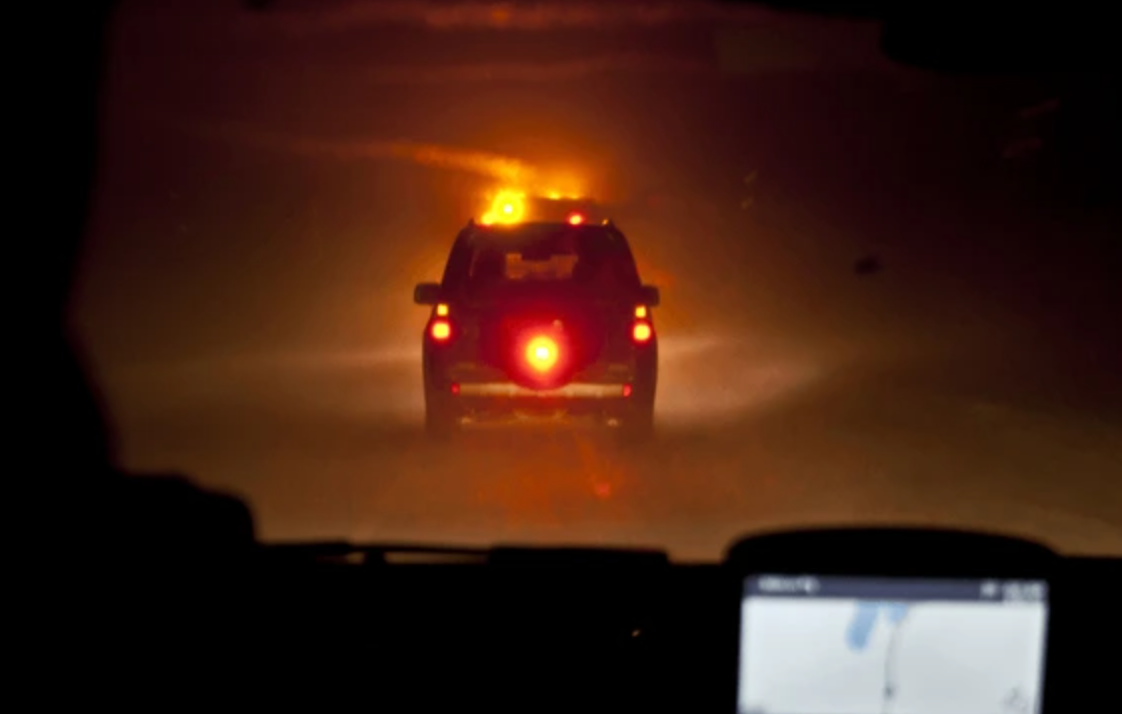
500 Feet
Responsible Driving (Nighttime): How Many Feet Away Should You Switch Your High Beam To Low Beam Headlights When Approaching A Vehicle Coming Towards You?
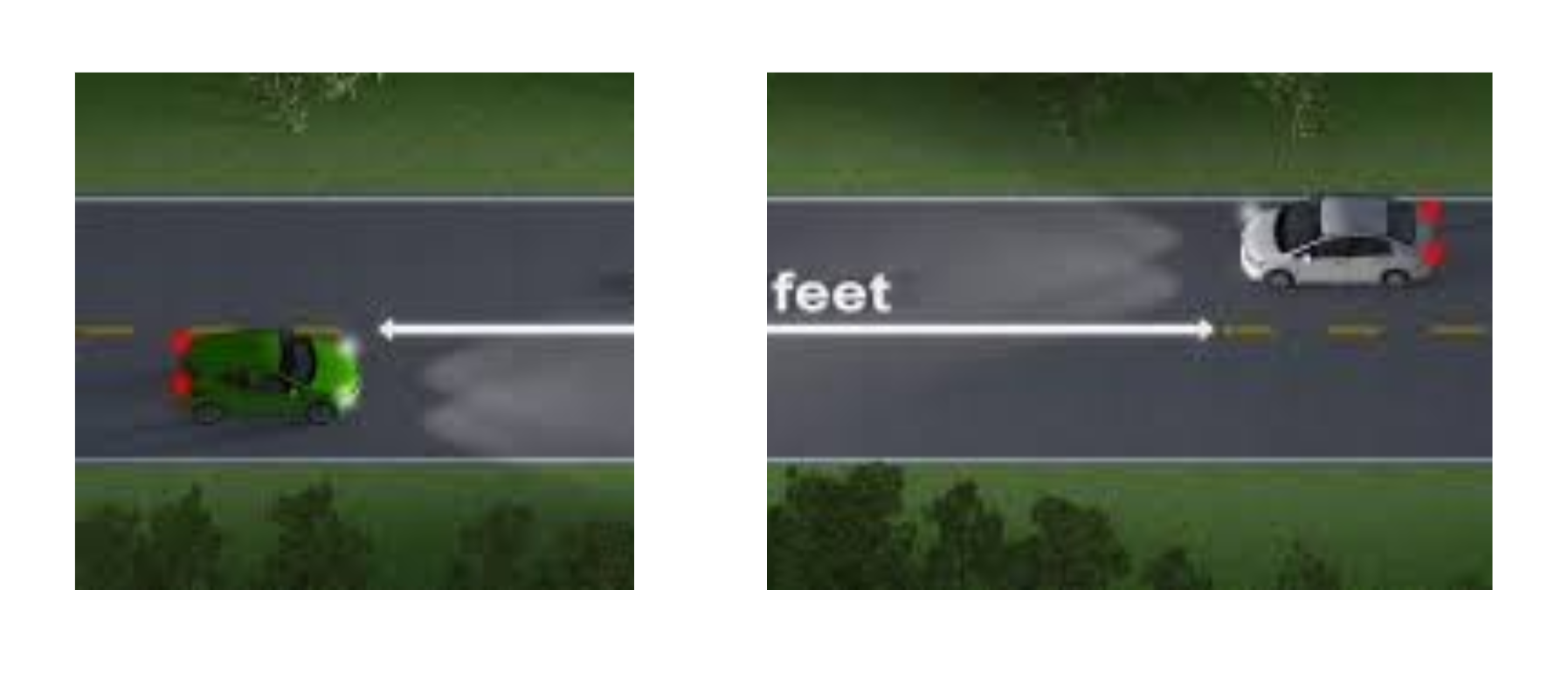
“The Right Side,” to avoid being temporarily blinded, as well as maintaining your lane position, keeping you oriented and safe on the road.
Responsible Driving (Nighttime): If A Vehicle Using High Beams Comes Toward You, You Should Look Towards ______ Of The Road
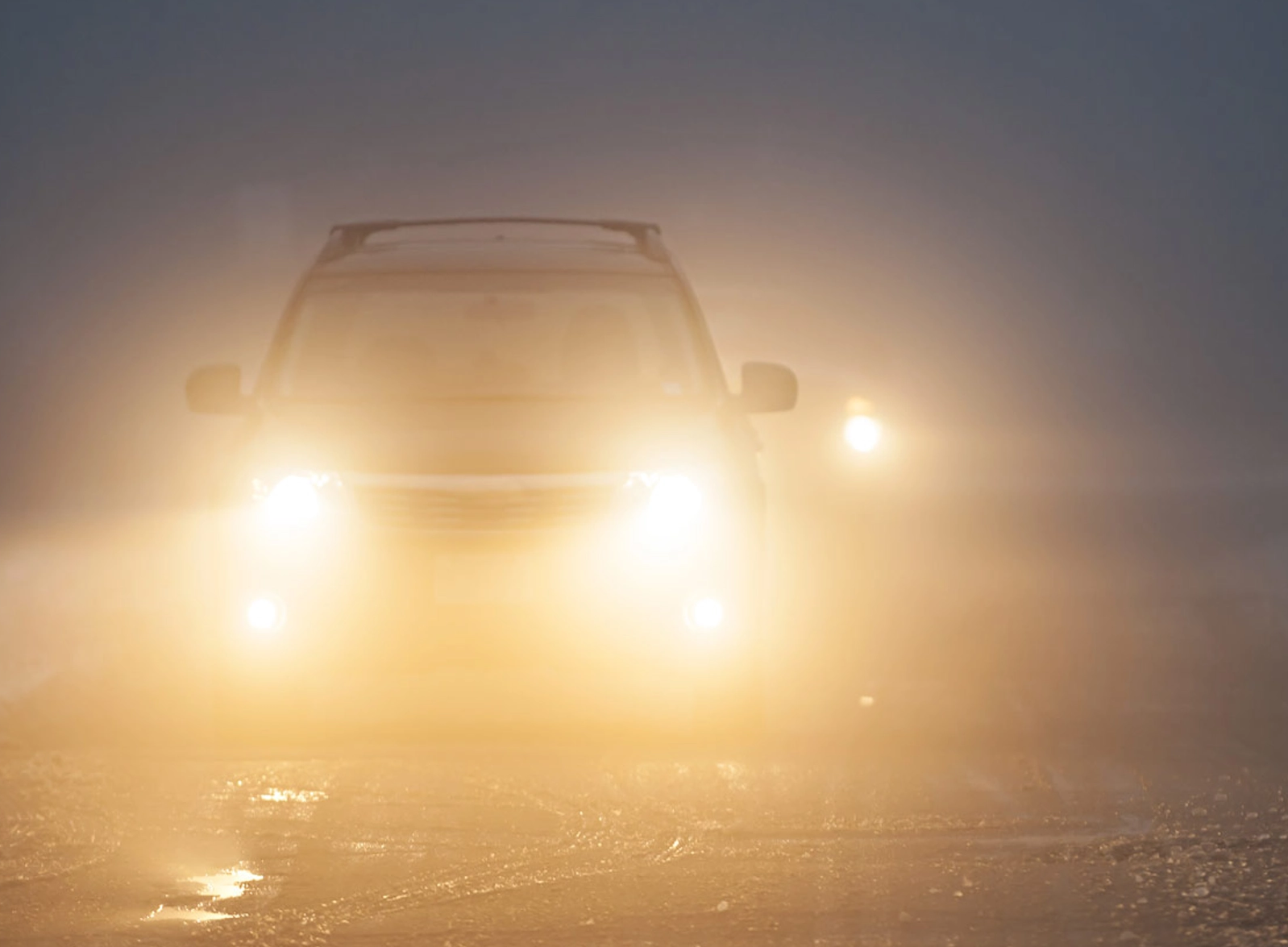
Driving so fast you can’t stop within the distance lit up by your headlights.
Responsible Driving (Nighttime): What Does It Mean To ‘Over Drive’ Your Headlights? Why Is It Bad?
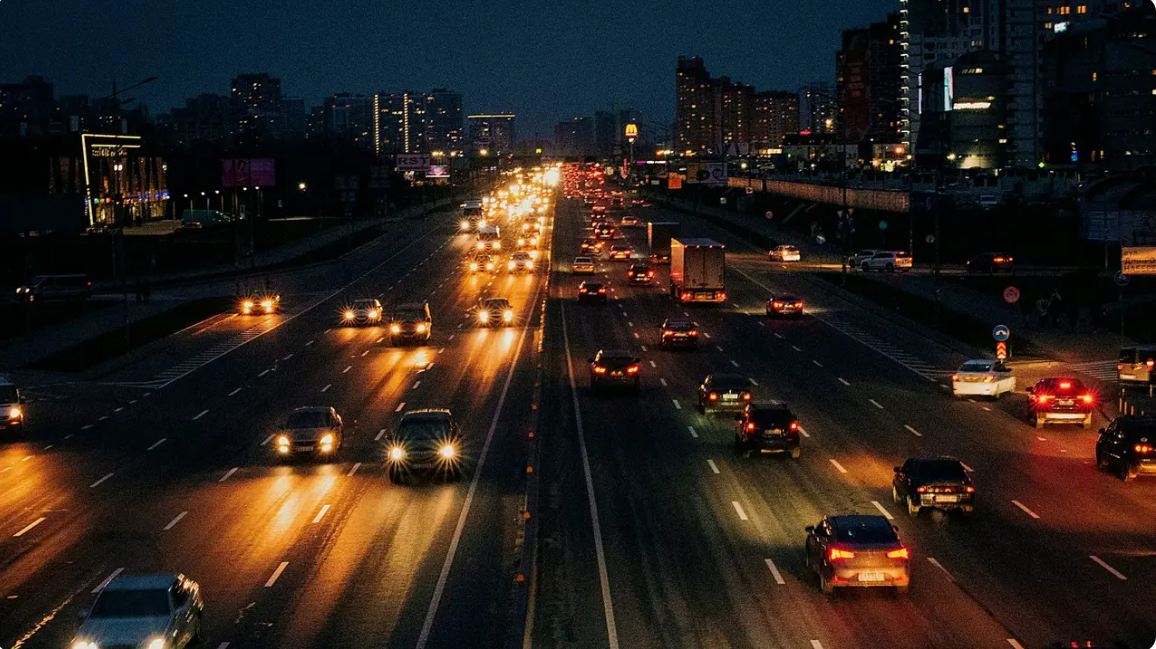
Pull to the curb / side of the
Responsible Driving: When You See An Emergency Vehicle With Flashing Lights, You Must…
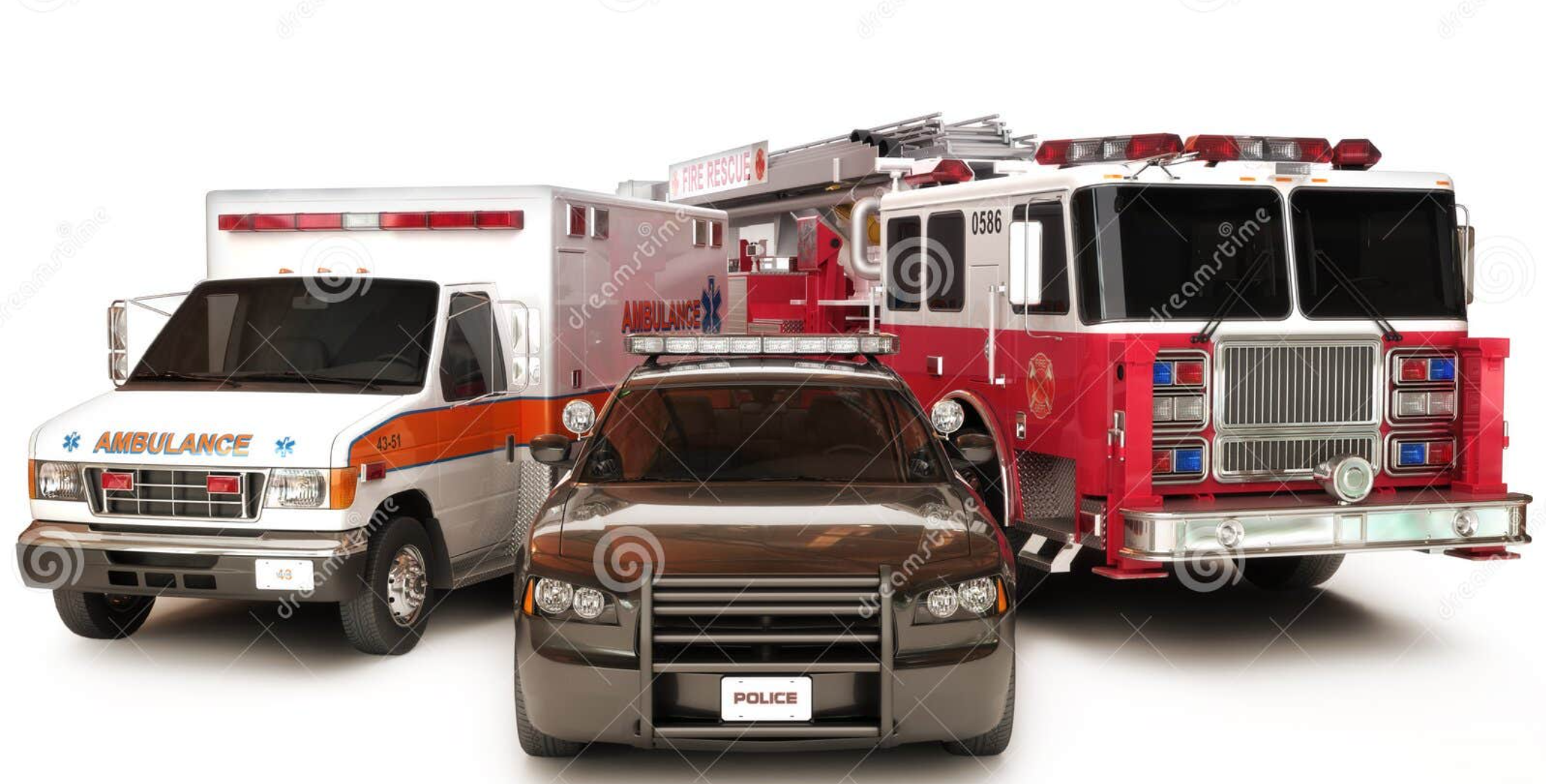
Pull to the curb / side of the road anyway, and look to see if it is on your street, for safety!
Responsible Driving: If You Hear A Siren, But You Cannot Immediately See The Emergency Vehicle, You Should…
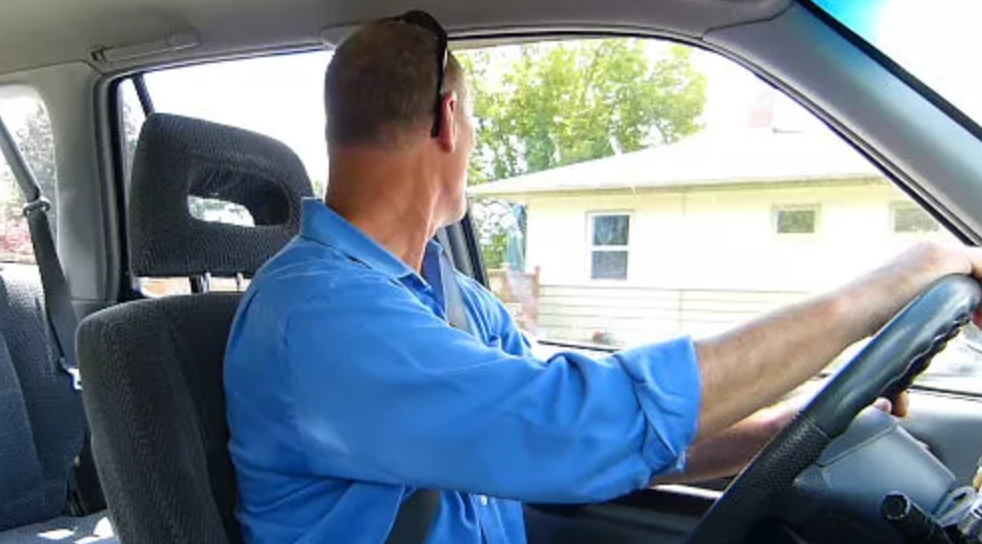
Yes. Always stop when a school bus is flashing their lights. No matter what. Applies to all vehicles in all directions. They’re unloading school children.
Responsible Driving: Should you stop when a school bus is shining their lights?
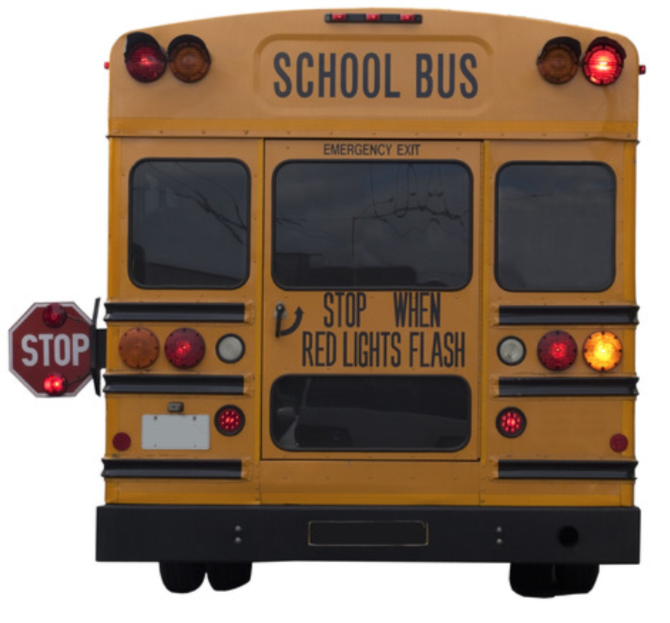
Increase your following distance
Responsible Driving: When Visibility Is Poor Due To Darkness Or Bad Whether, You Should….
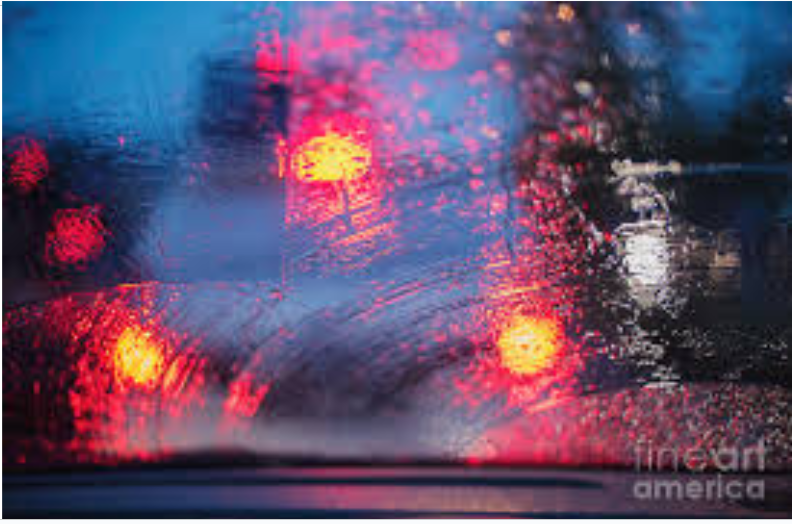
False. Always use your headlights on low beam for those conditions.
Responsible Driving: True Or False? You Don’t Need Headlights When Driving In Fog, Dust, And Smoke
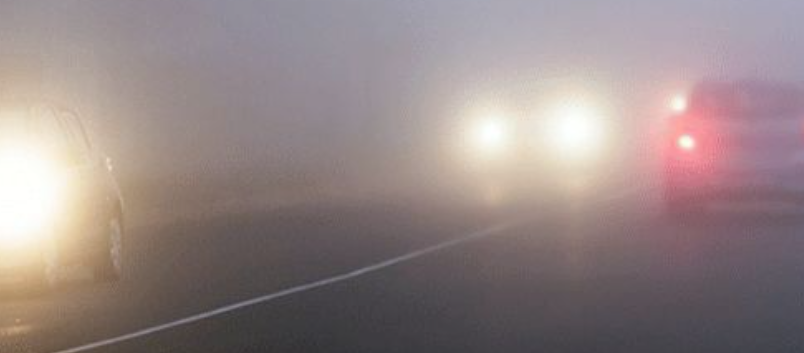
Apply the breaks in slow, steady, strokes.
Responsible Driving: When Attempting To Stop On A Slippery Road, You Must…
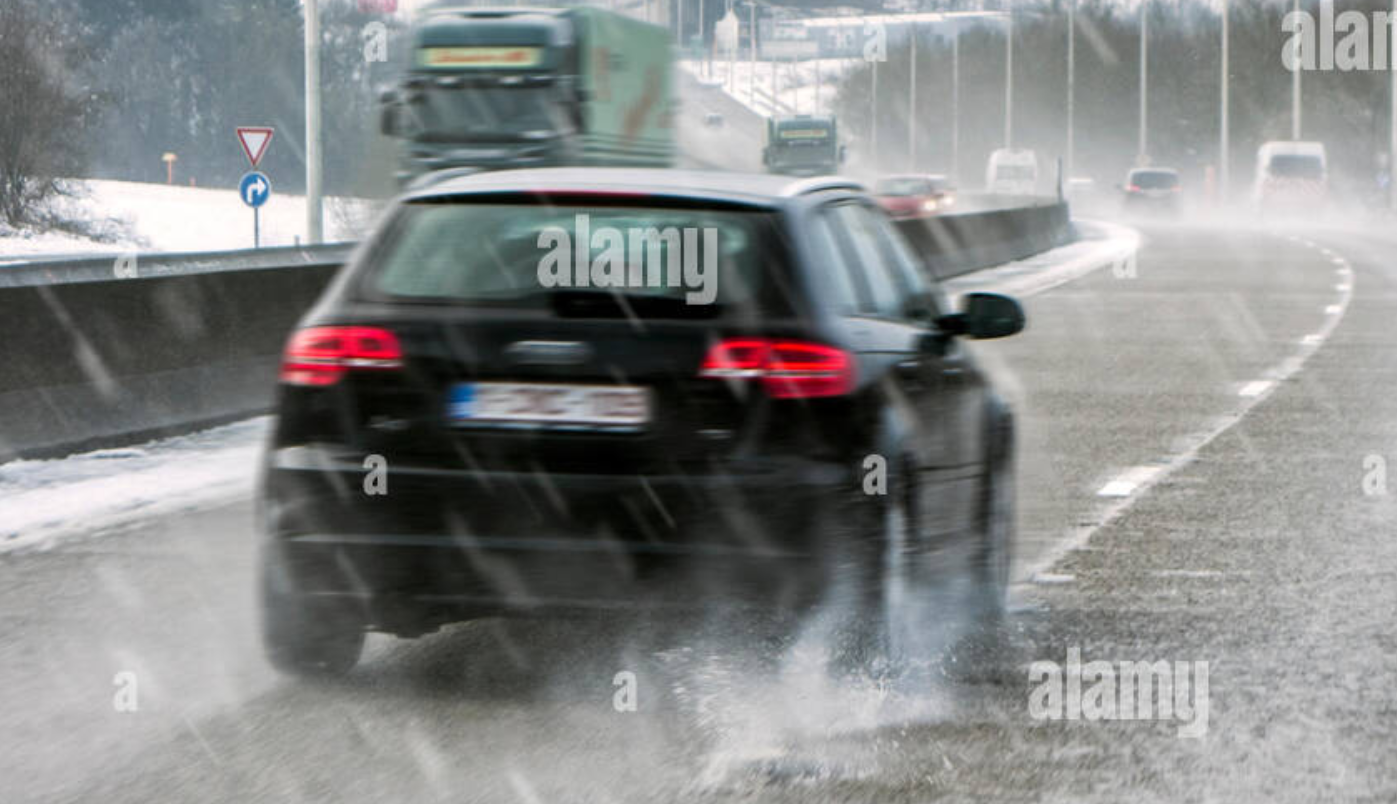
False. Always add some extra distance on wet roads.
Responsible Driving: True Or False? On Wet Or Slippery Roads, You Don’t Need More Distance To Stop.
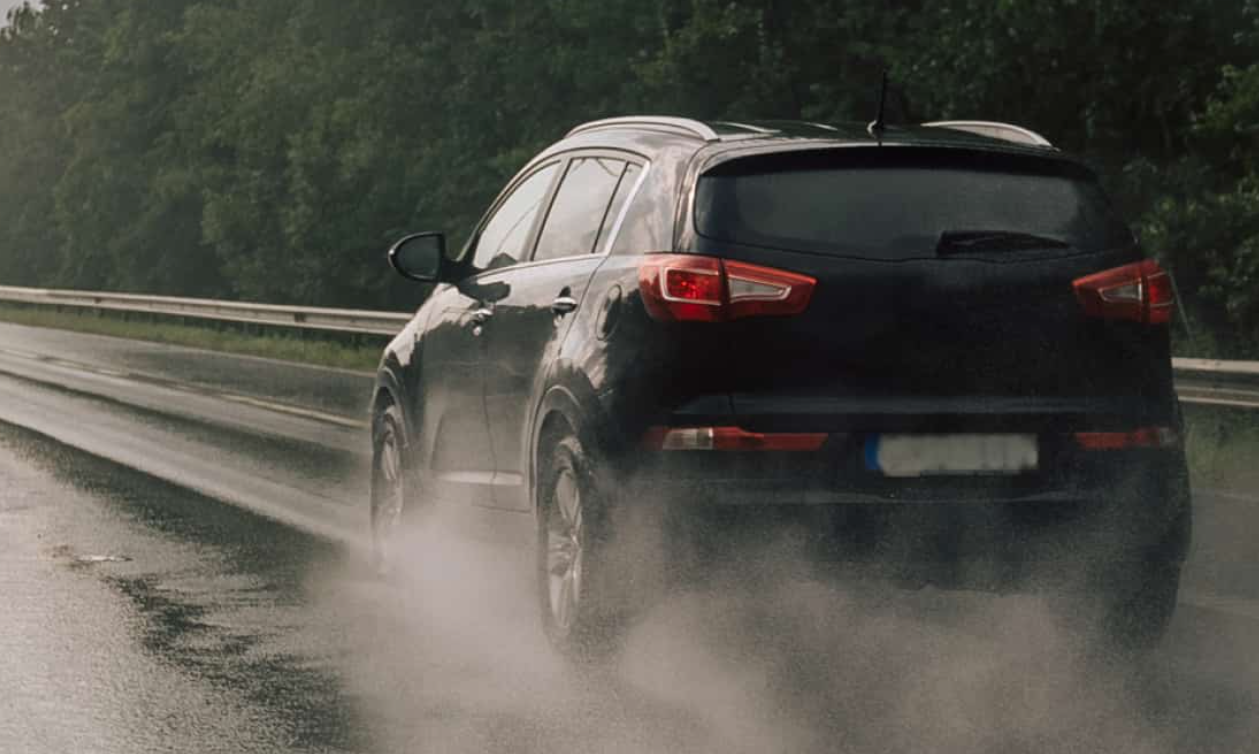
Yes. It is a risk to drive through flooded roadways.
Responsible Driving: Is It A Risk To Drive Through Flooded Roadways?
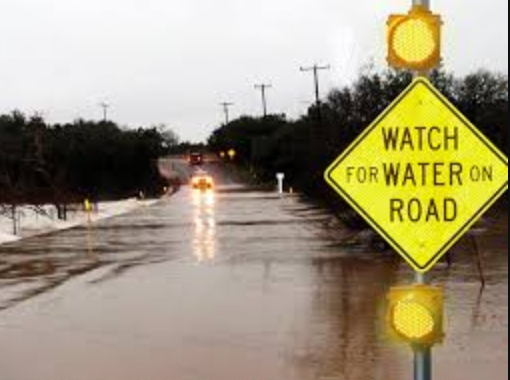
Water can hide road hazards, can can reach the bottom and/or carry your vehicle.
Responsible Driving: WHY!? Is It A Risk To Drive Through Flooded Roadways?
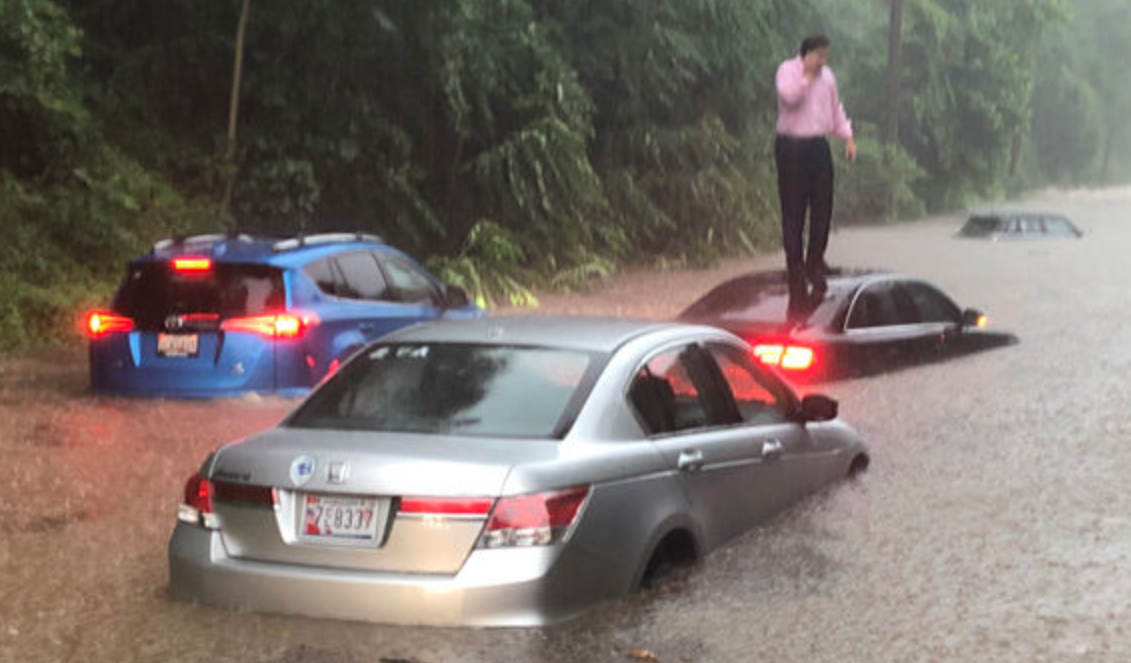
Turn your steering wheel to the same direction to correct the skid.
Responsible Driving: If The Rear Of Your Vehicle Is Skidding To A Direction, You Should…
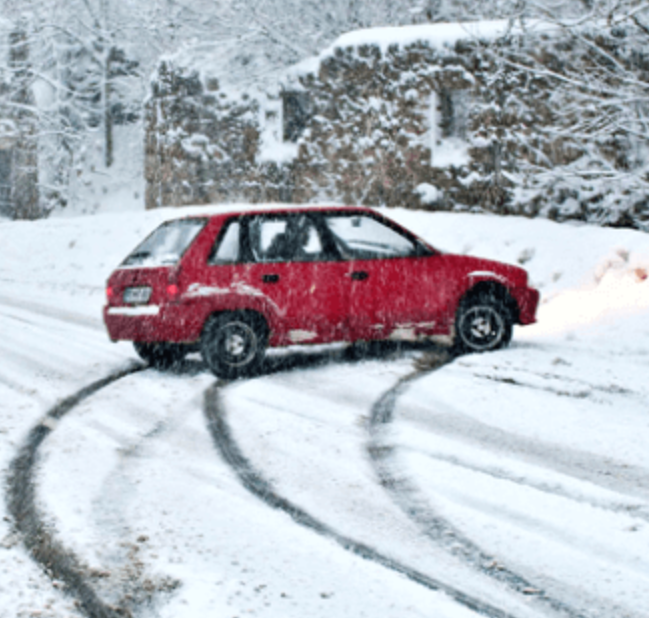
False. The brakes will be ineffective when you are Skidding.
Responsible Driving: True Or False? Braking Will Help You When Your Skidding.
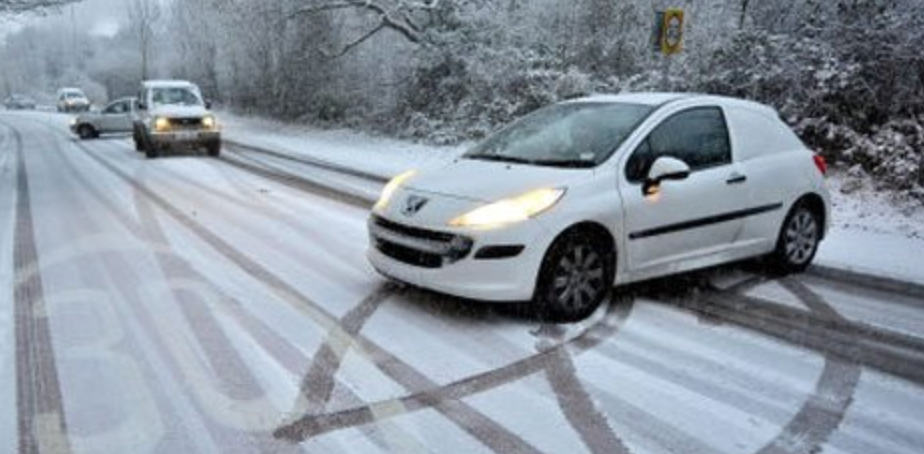
Tires And Steering Components.
Responsible Driving (Equipment): WARNING! Turning The Steering Wheel While The Vehicle Is Stationary, Known As "Dry Steering," Can Cause Unnecessary Wear To The…
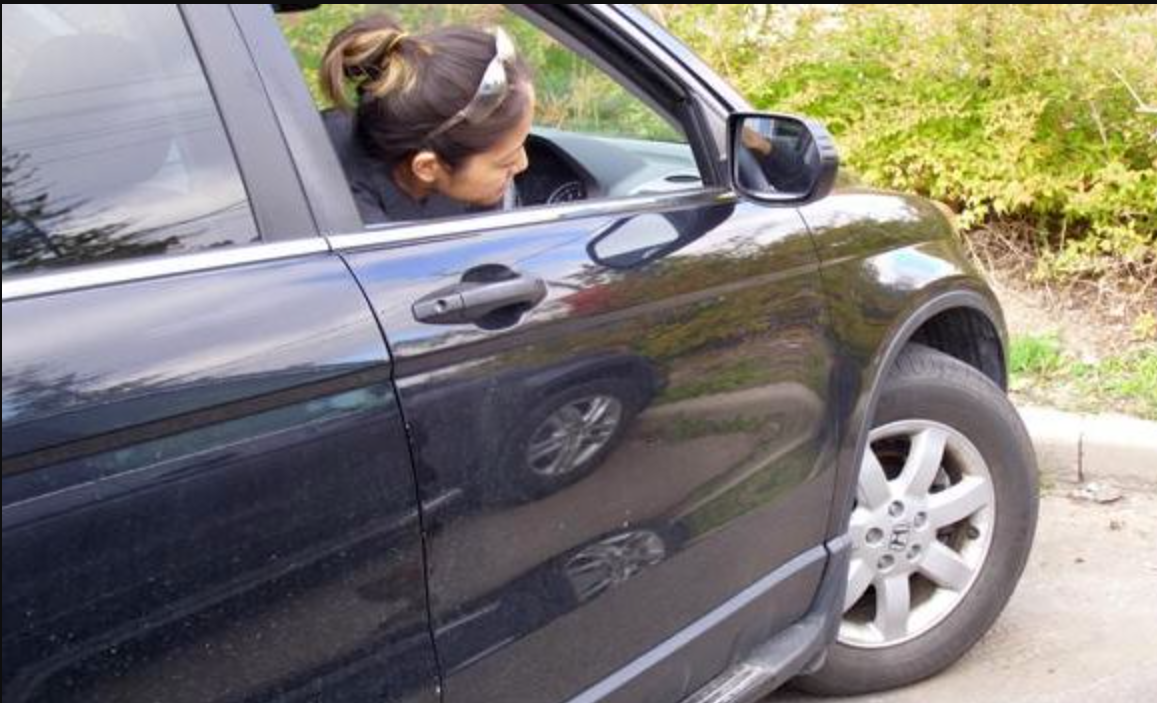
Test them again or other lights, like the hazards, high beams, etc. And slow down.
Responsible Driving (Equipment): What Do You Do If Your Headlights Fail?
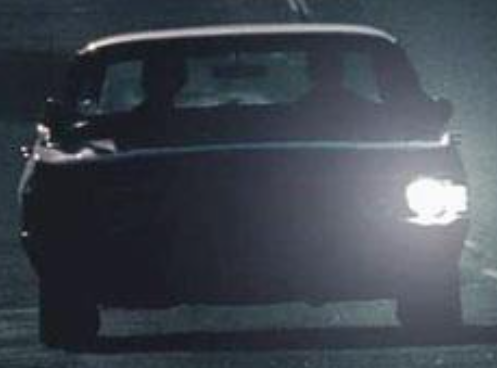
Use Hand Signals
Responsible Driving (Equipment): What Do You Do If Your Turn Signals Fail?
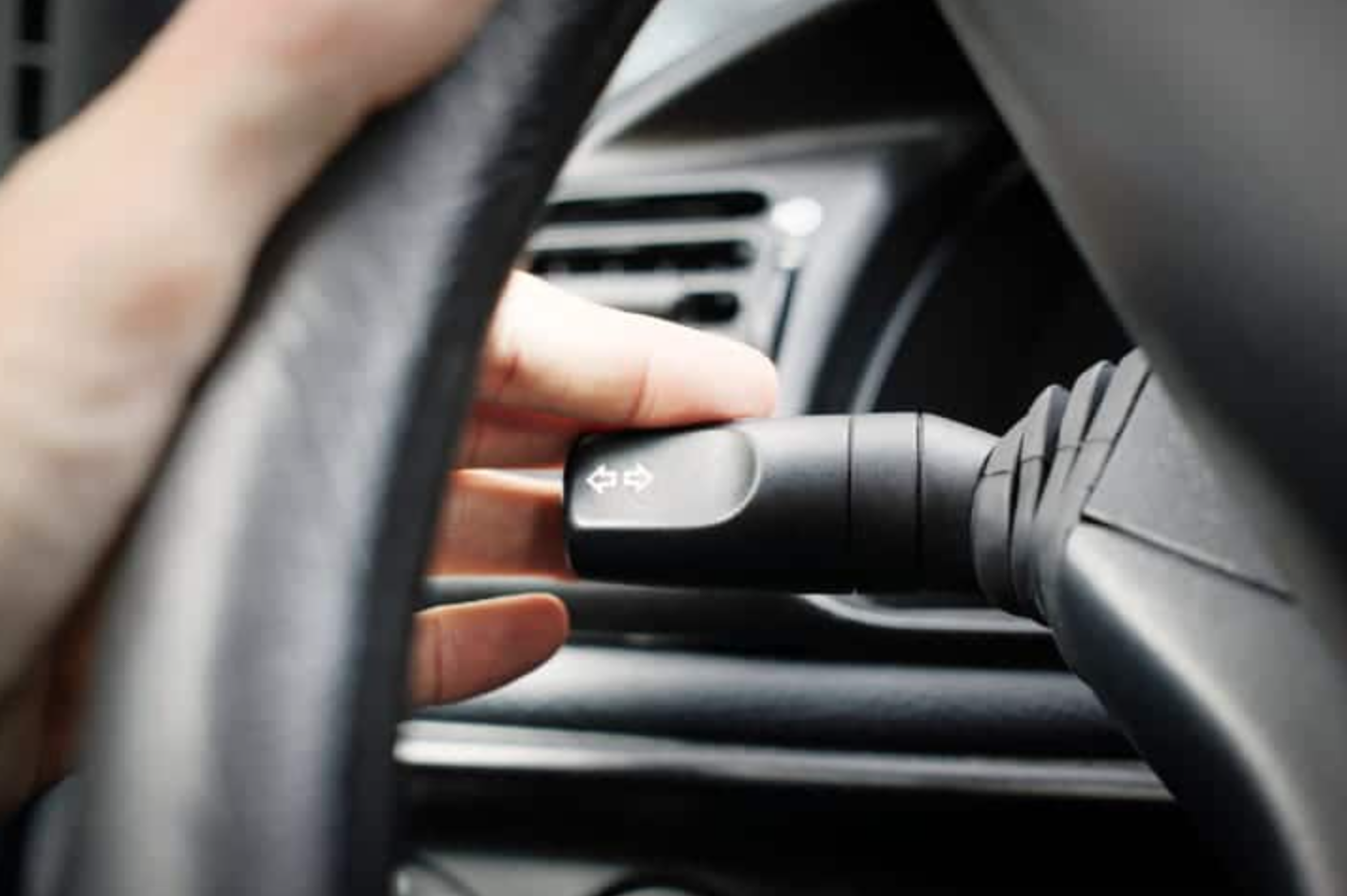
Slow down gradually. Then pull to the side.
Responsible Driving (Equipment): What Do You Do In A Blowout?
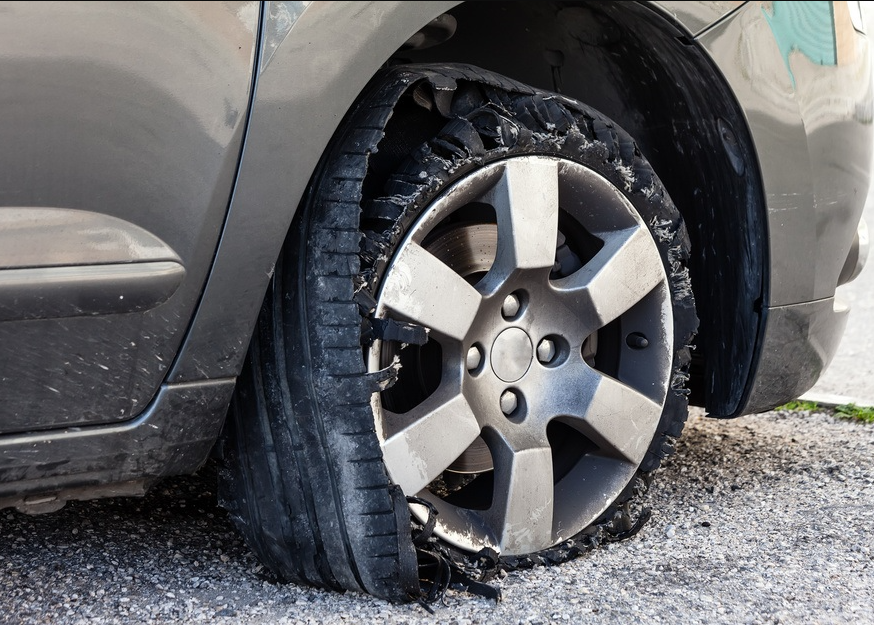
Pump it to work them again, or shift to lower gear to slow down.
Responsible Driving (Equipment): What Do You Do If Brakes Fail?
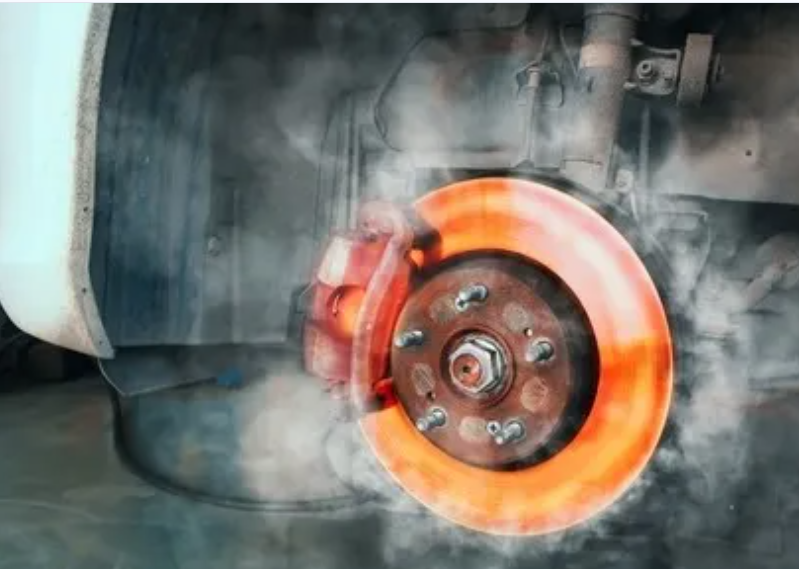
Shift vehicle to neutral. Brake and move to the side of the road.
Responsible Driving (Equipment): What Do You Do If The Accelerator Stick Fails?
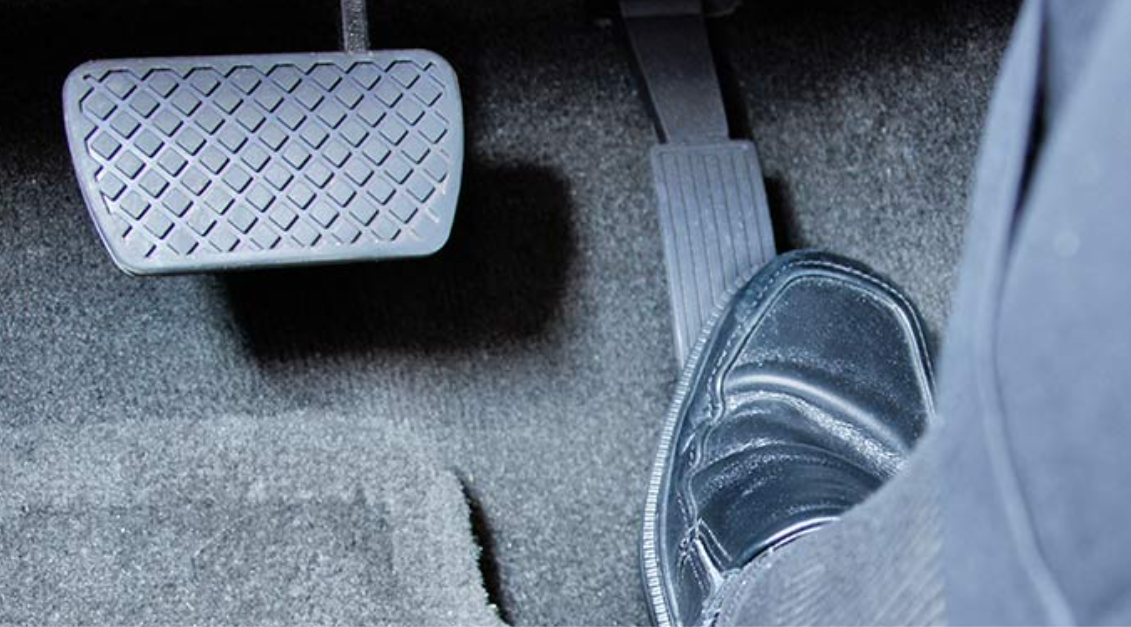
Grip steering wheel and slow down
Responsible Driving (Equipment): What Do You Do If The Steering Fails?
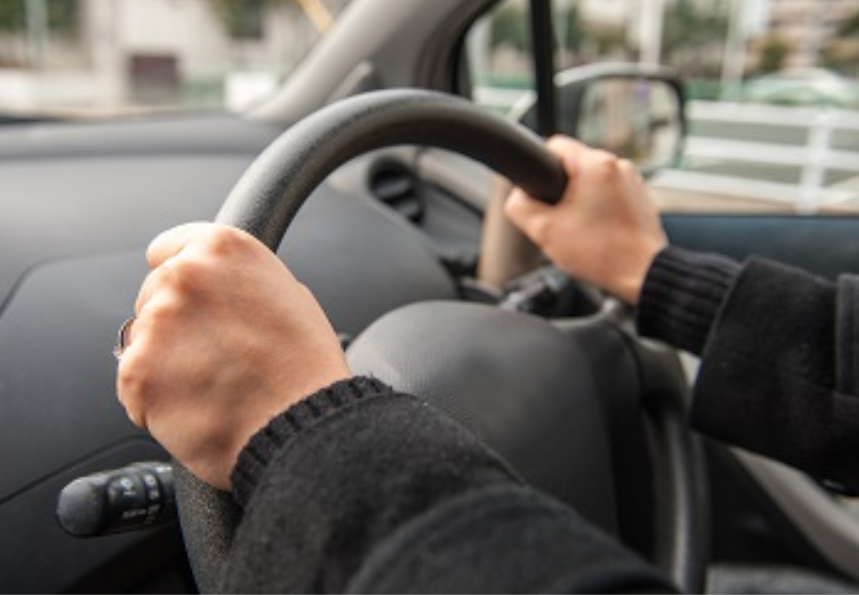
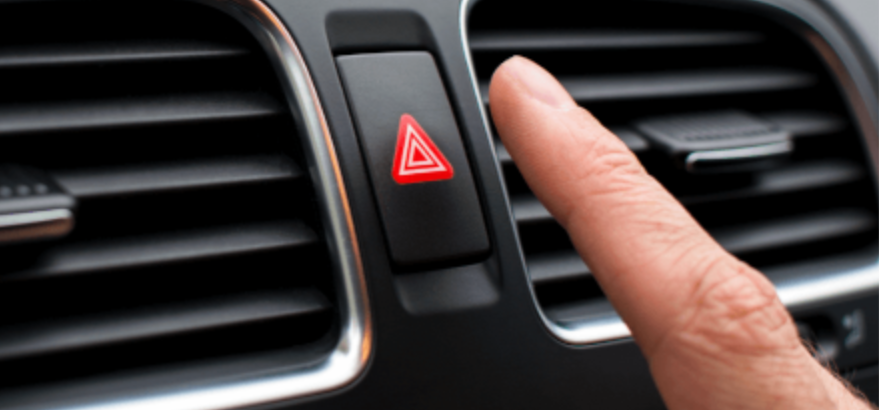
Use your four-way flashers to warn other drivers.
Responsible Driving: If Your Car Breaks Down On A Highway, You Should…
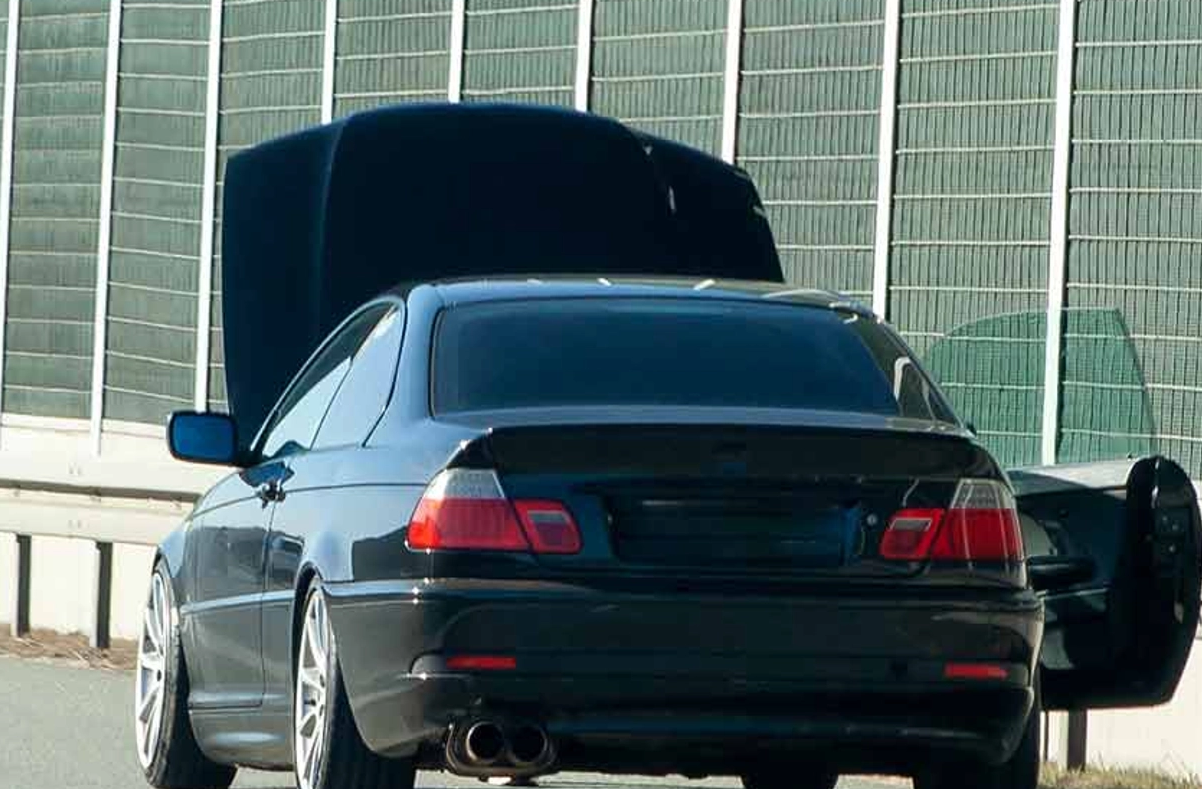
Pull over and exit the vehicle immediately.
Responsible Driving: What Do You Do If Your Car Is In A Flood Or On Fire?
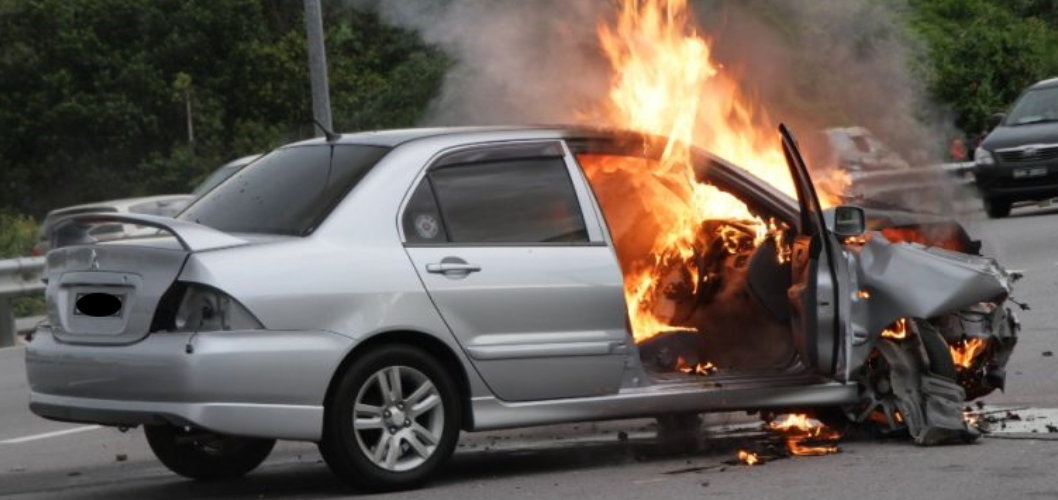
The dangerous practice of drivers repeatedly changing lanes, often quickly and without signaling, to try and get ahead. It’s risky and can lead to accidents and road rage.
Responsible Driving: What Is Traffic Weaving? And Why Is It Dangerous?
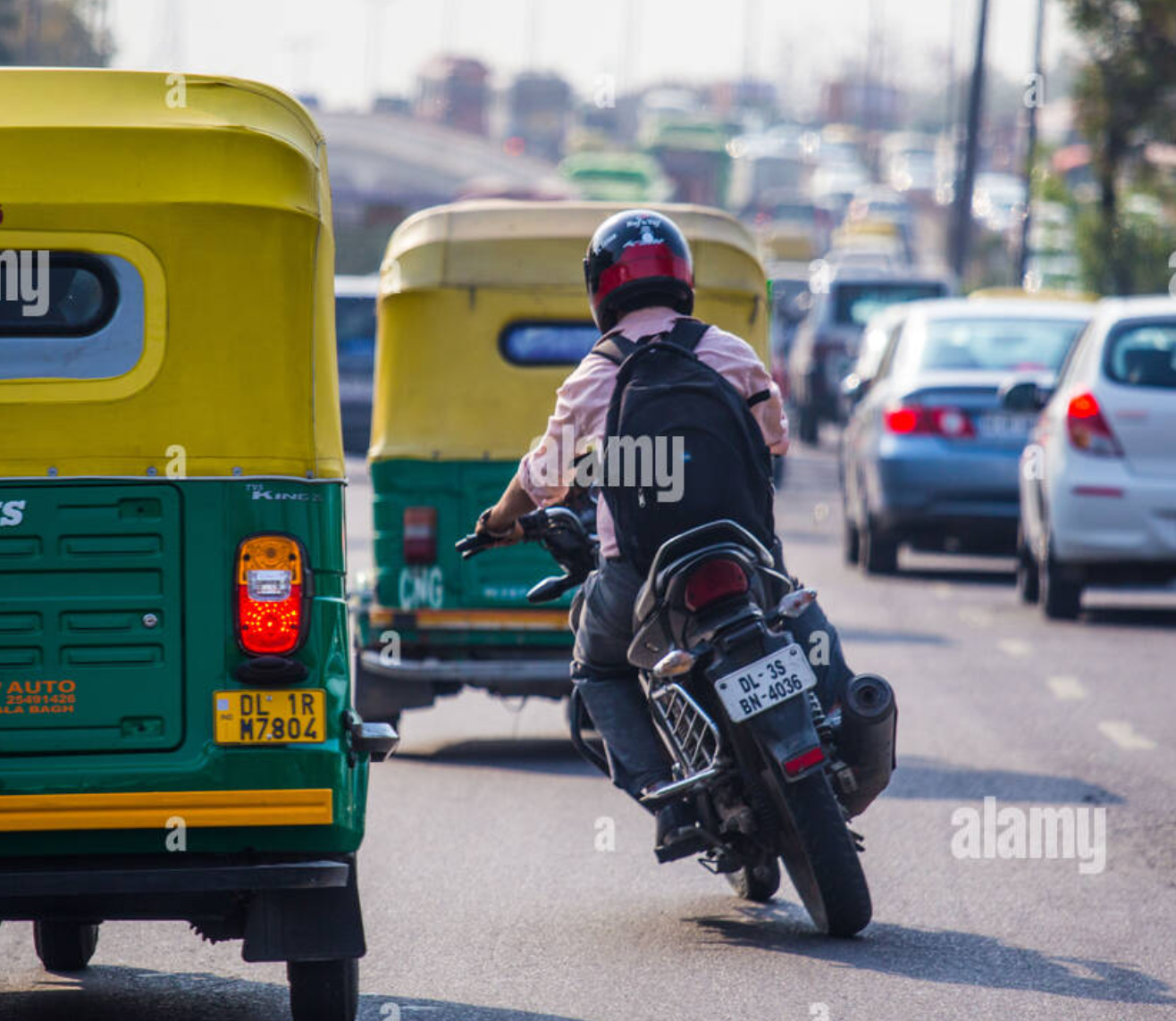
flying debris, snow/ice chunks, and getting kicked up by the road.
Responsible Driving: When Driving Near Snow Plows, Be Aware Of…
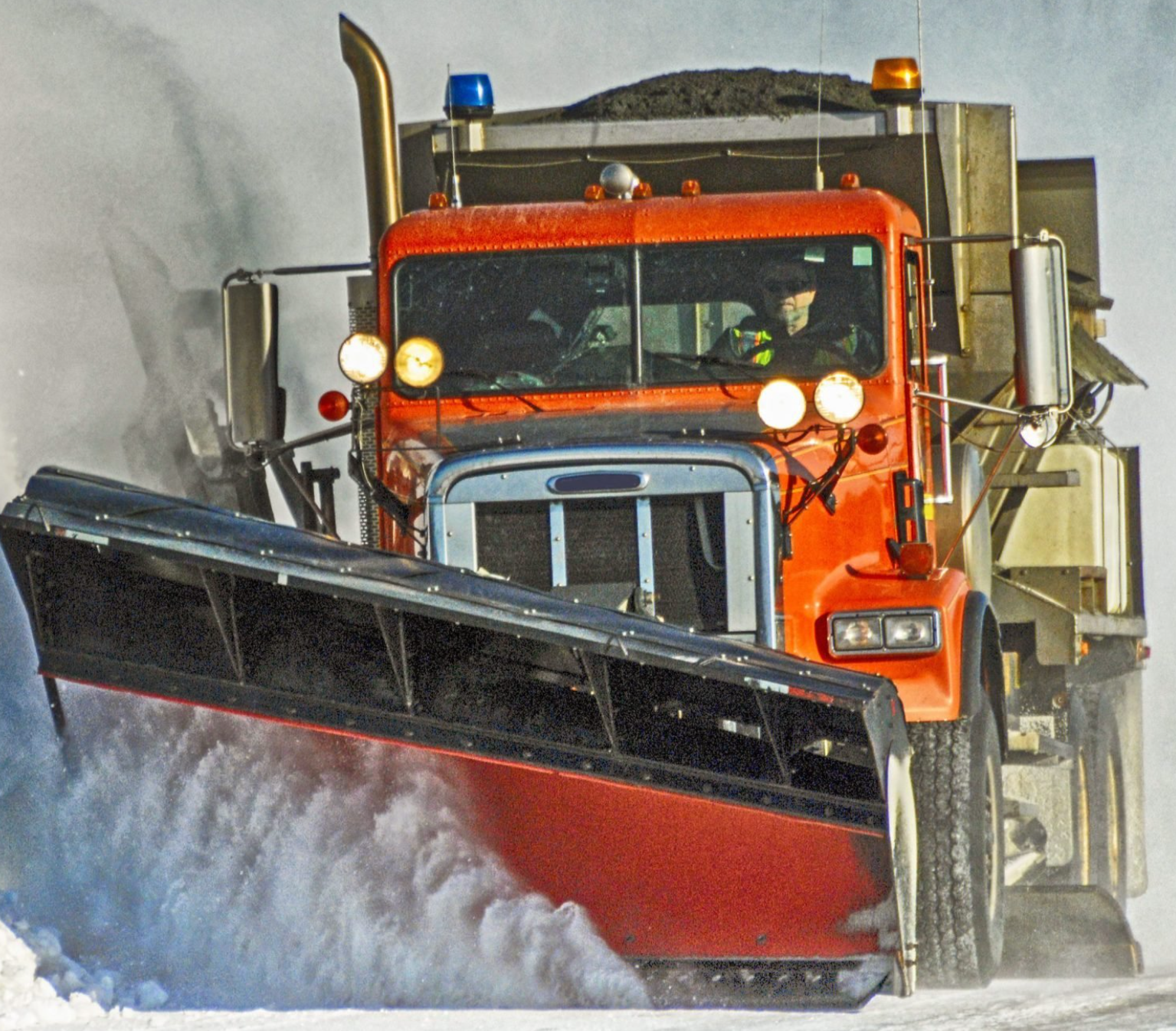
Use just enough power to keep moving. Prioritize safety by maintain a slow and steady speed, avoid sudden movements, and use low gears to prevent wheel spin.
Responsible Driving: When Going Uphill On An Ice-Covered Road, You Must…
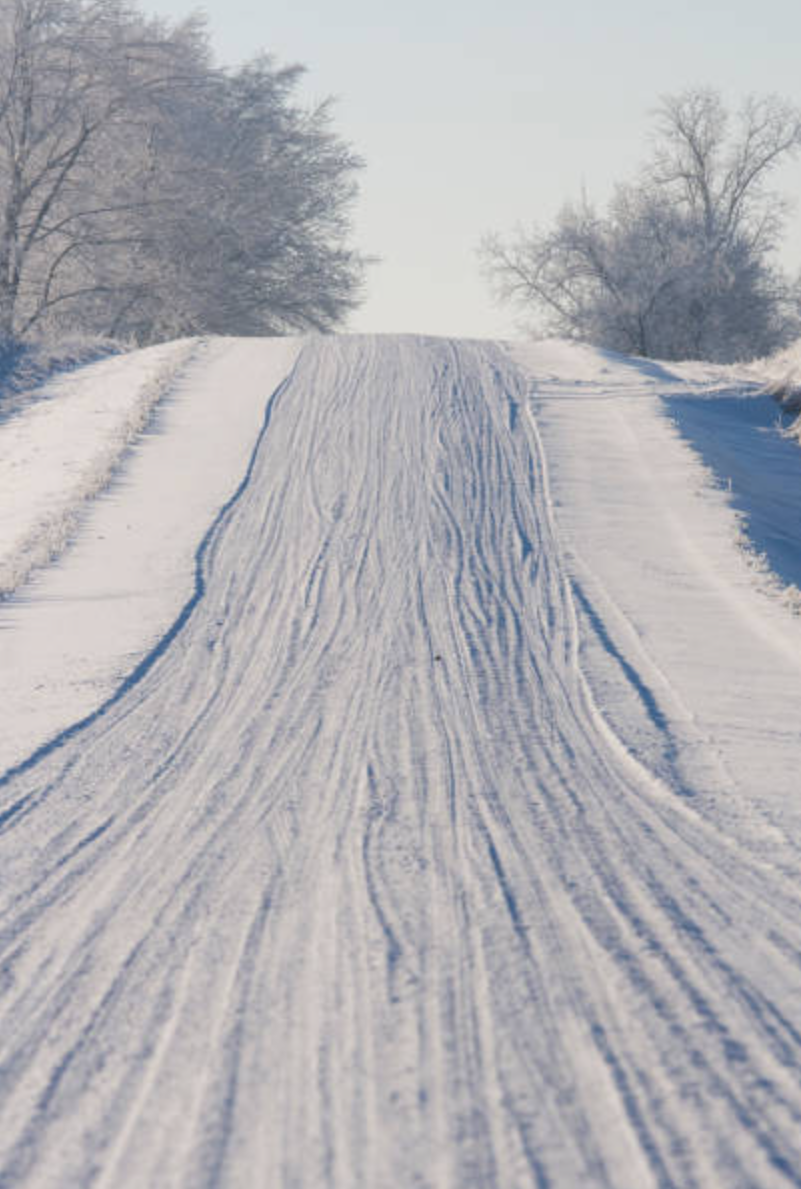
False. That will take your hands off the steering wheel.
Responsible Driving (Important Do’s And Don’ts): True Or False? It’s Okay To Have Stuff On You’re Lap Or Arms While Driving
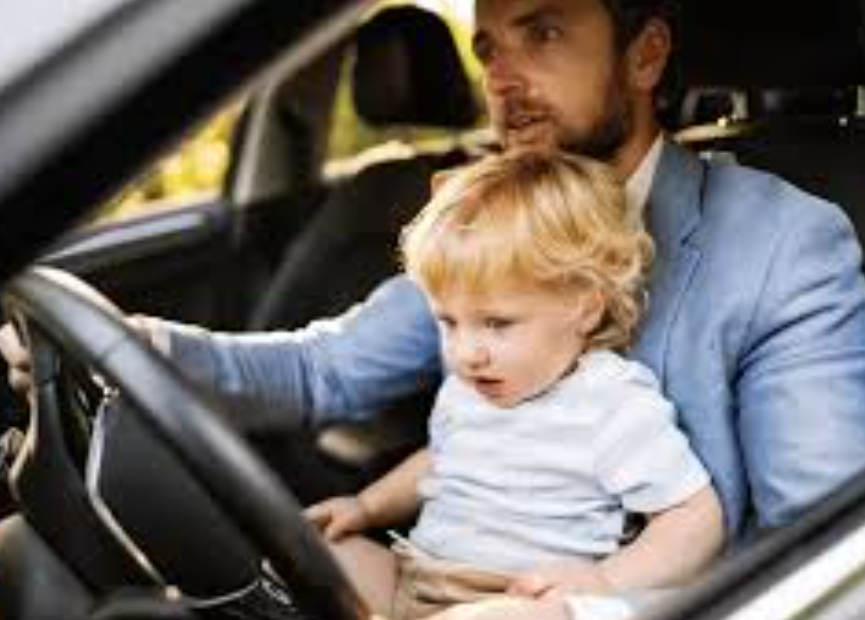
Depends on their maturity and is guided by the state's child neglect law, which states children under age 10 cannot be left in a place where their health or welfare could be endangered. But there is no specific minimum age.
Responsible Driving (Important Do’s And Don’ts): In Oregon, What Is The Minimum Age To Leave Children In The Vehicle By Themselves?
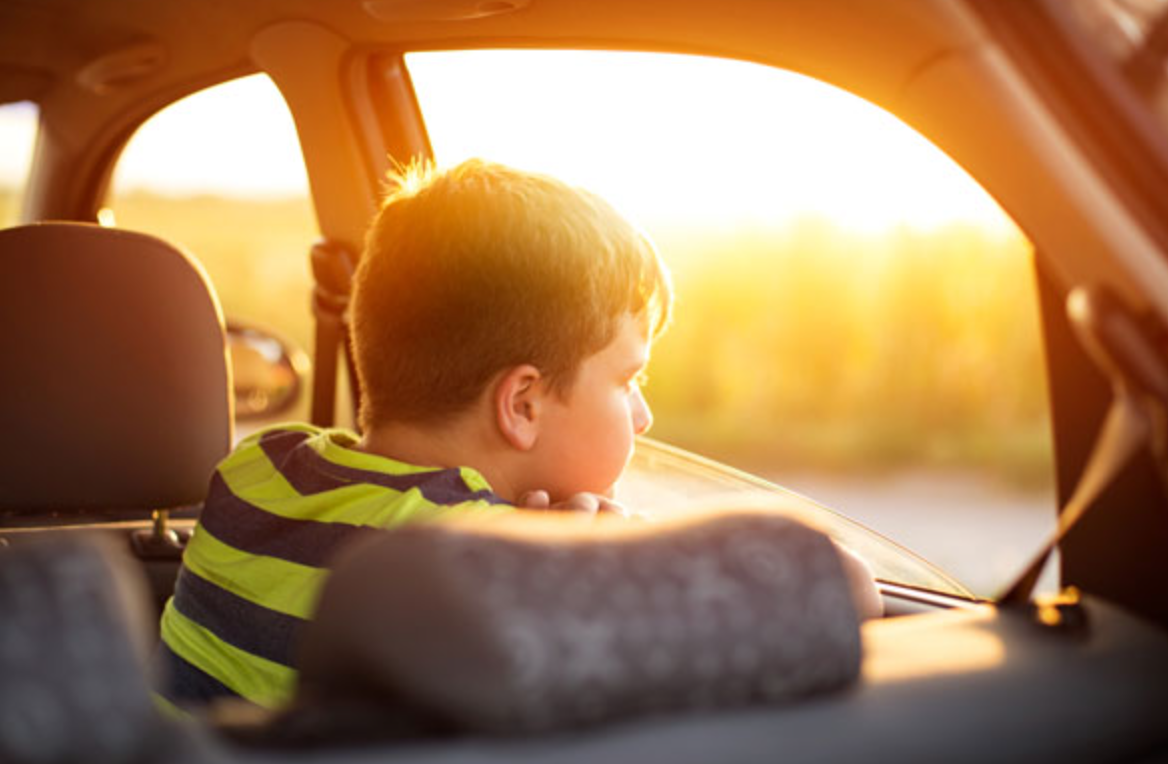
There is no specific age for riding in the front seat. But the best practice is for children under 13 to still ride in the back seat.
Responsible Driving (Important Do’s And Don’ts): In Oregon, What Is The Minimum Age For Someone To Ride In The Front Seat?
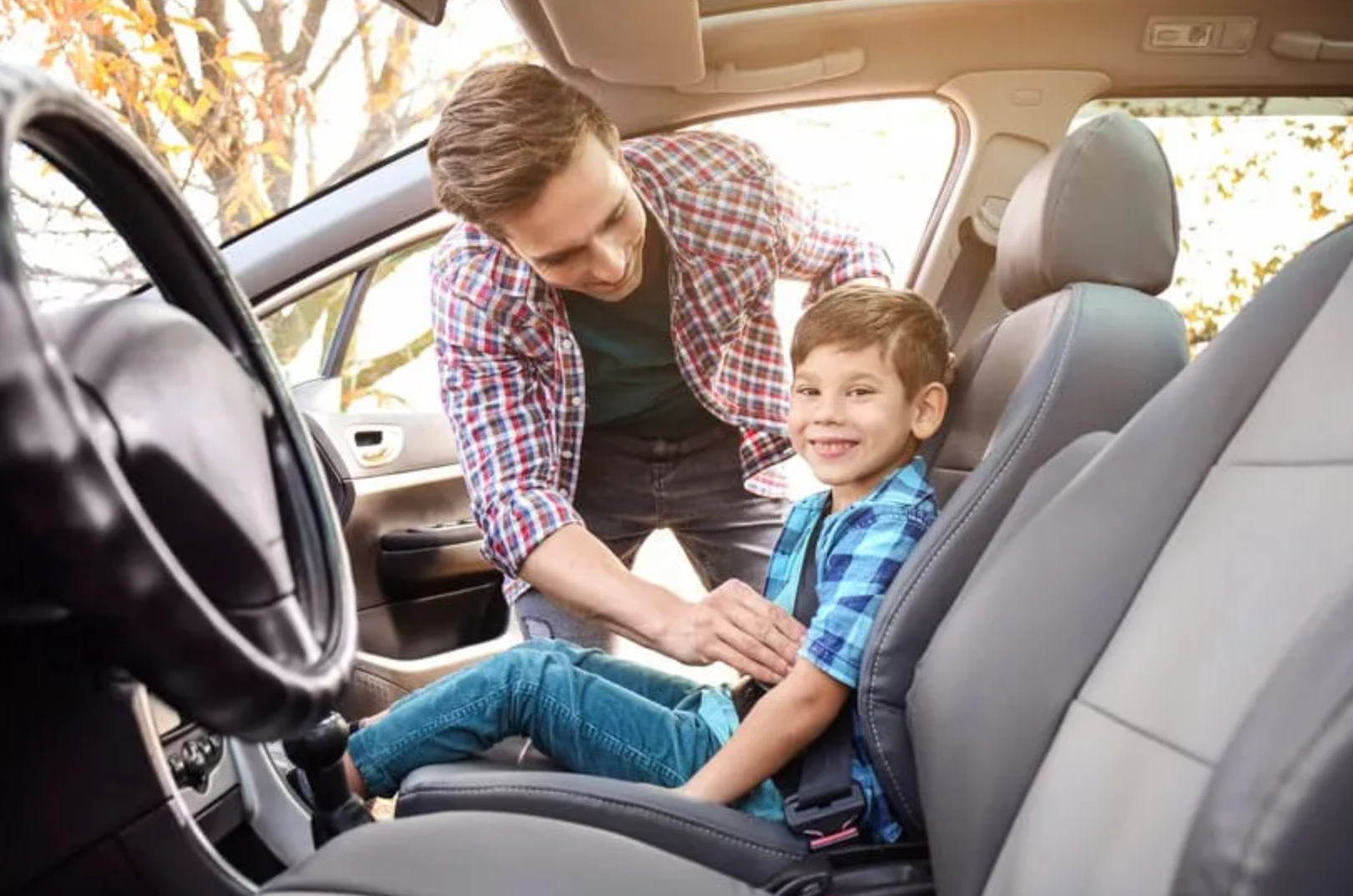
In Oregon, a child can ride without a booster seat when they are at least 8 years old and 4 feet 9 inches (4'9") tall.
Responsible Driving (Important Do’s And Don’ts): In Oregon, What Is The Minimum Age For Someone To Ride Without A Booster Seat?
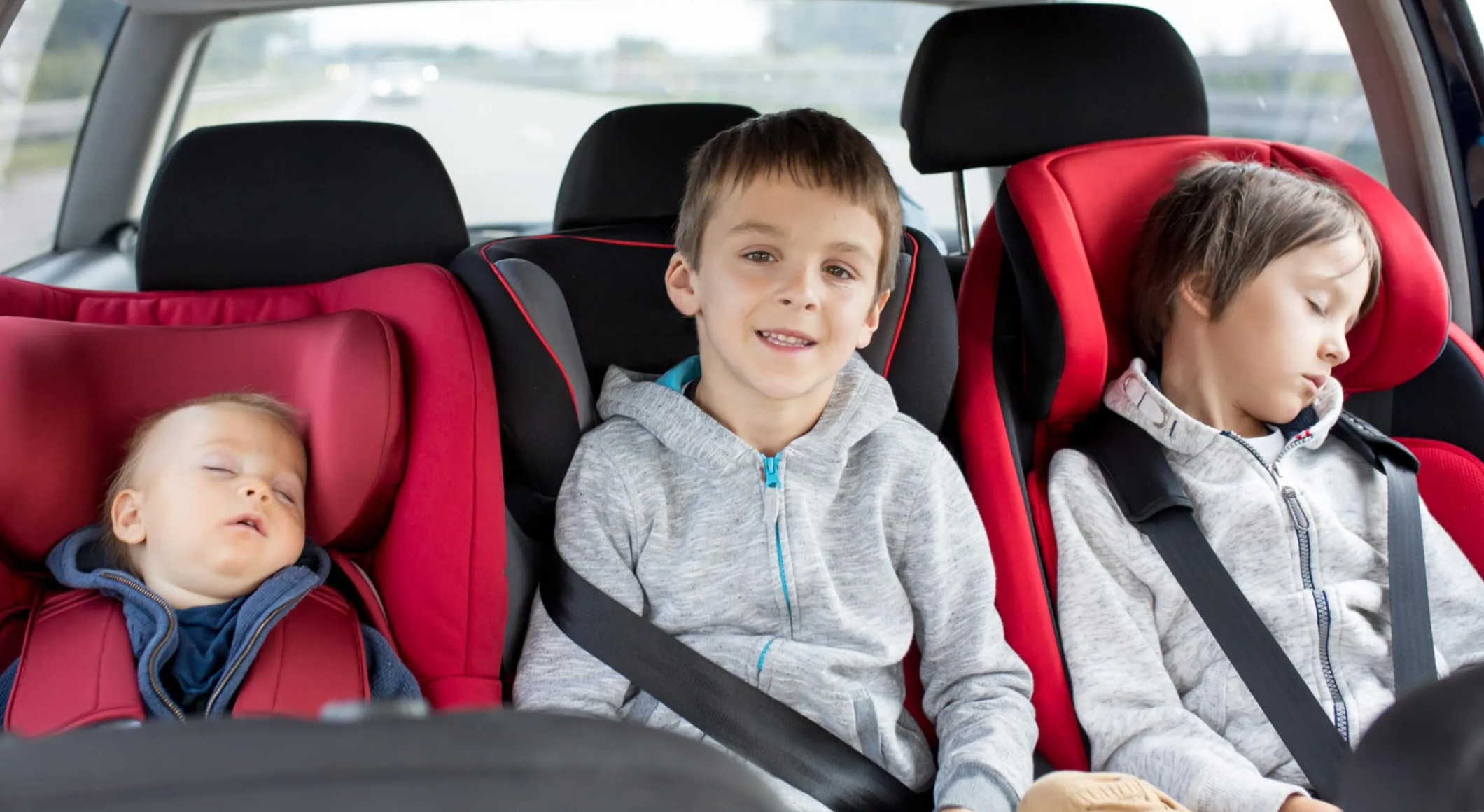
True. Video display will cause driver to be distracted and take eyes off the road
Responsible Driving (Important Do’s And Don’ts): True Or False? It’s Not Okay To Have Video Display While Driving.
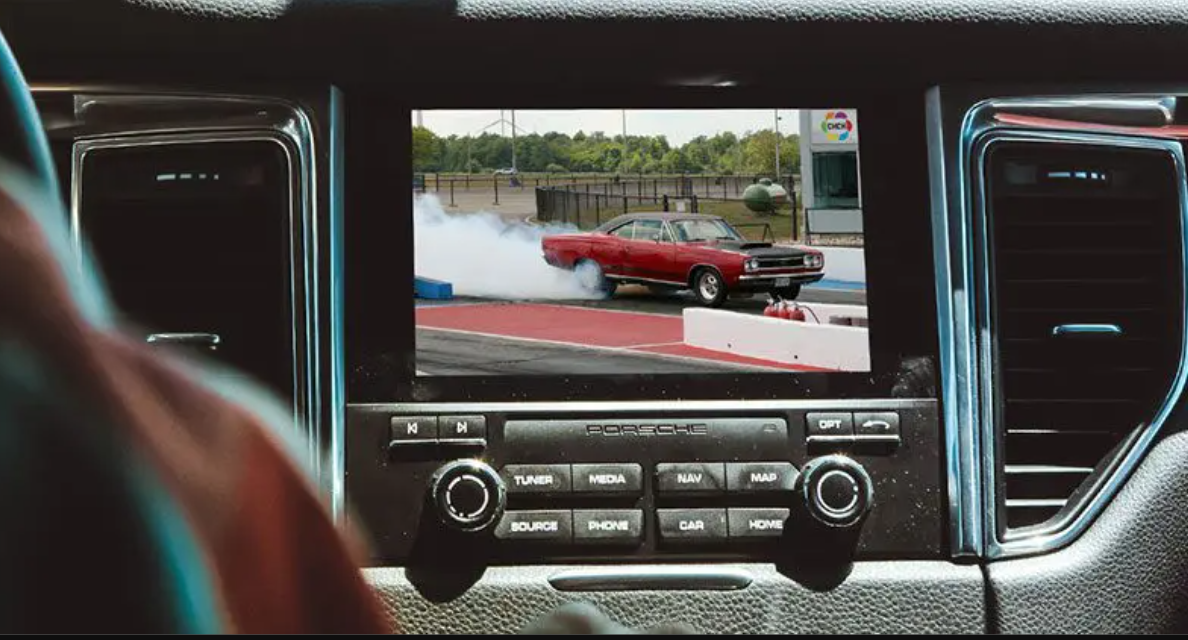
False. Accessories that allow drivers to limit 1 finger to operate that device is okay. But recommend have passenger in charge of it. Although in Oregon, it’s restricted to the full extent for drivers under 18.
Responsible Driving (Important Do’s And Don’ts): All Drivers Cannot Use A Phone Even If They Have A Hands Free Accessory (Ex.Phone Holders) That’s Only Requires Use Of Even 1 Finger!
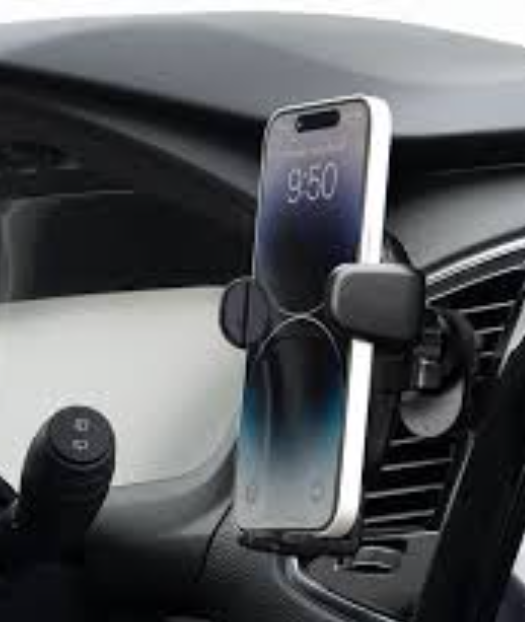
Pull over to the side and park, then deal with passengers.
Responsible Driving (Important Do’s And Don’ts): You Cannot Deal With Passengers’ Needs While Driving. If You Really Need To Give Your Full Attention To Them, You Should…
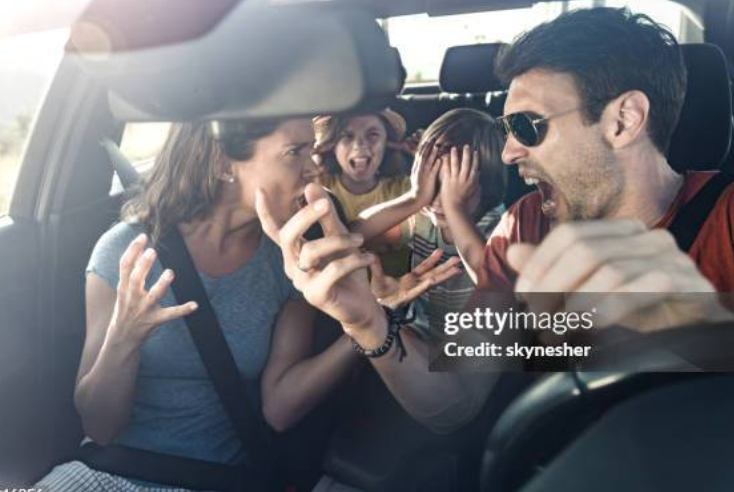
Zero. Never drive more than the posted speed limit, even if other drivers are doing it.
Responsible Driving (Important Do’s And Don’ts): How Much Faster Than The Posted Speed Limit Is It Legal To Drive?

False. You cannot street race at all!
Responsible Driving (Important Do’s And Don’ts): True Or False? You’re Allowed To Street Race.
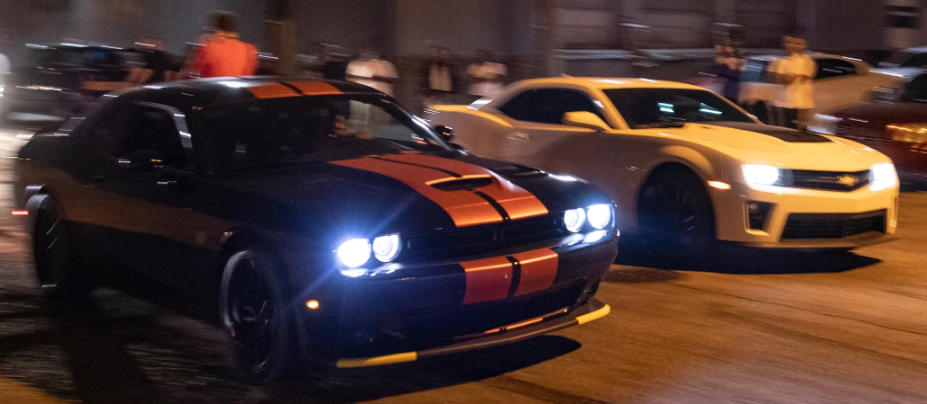
No. You cannot carry anyone outside the vehicle.
Responsible Driving (Important Do’s And Don’ts): True Or False? You Can Carry People On The Exterior (Outside) Of The Vehicle.
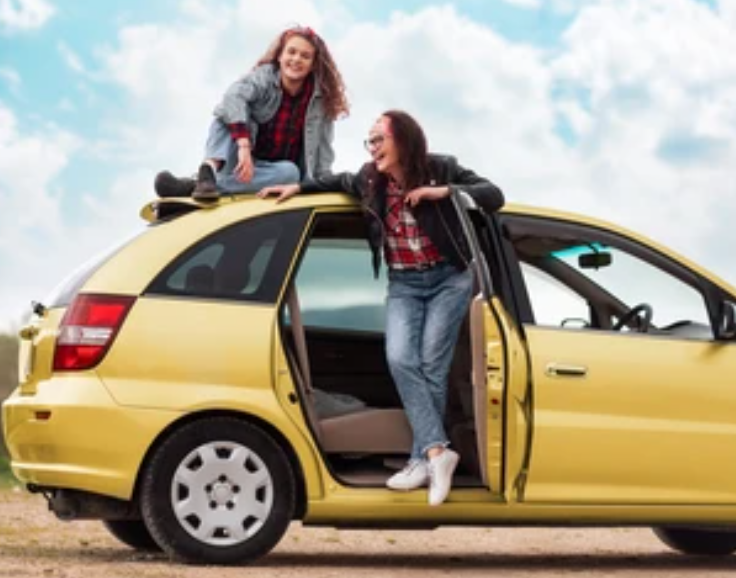
Blocks your vision. That’s highly unsafe!
Responsible Driving (Important Do’s And Don’ts): Especially Do Not Equip Your Vehicle With Anything That…
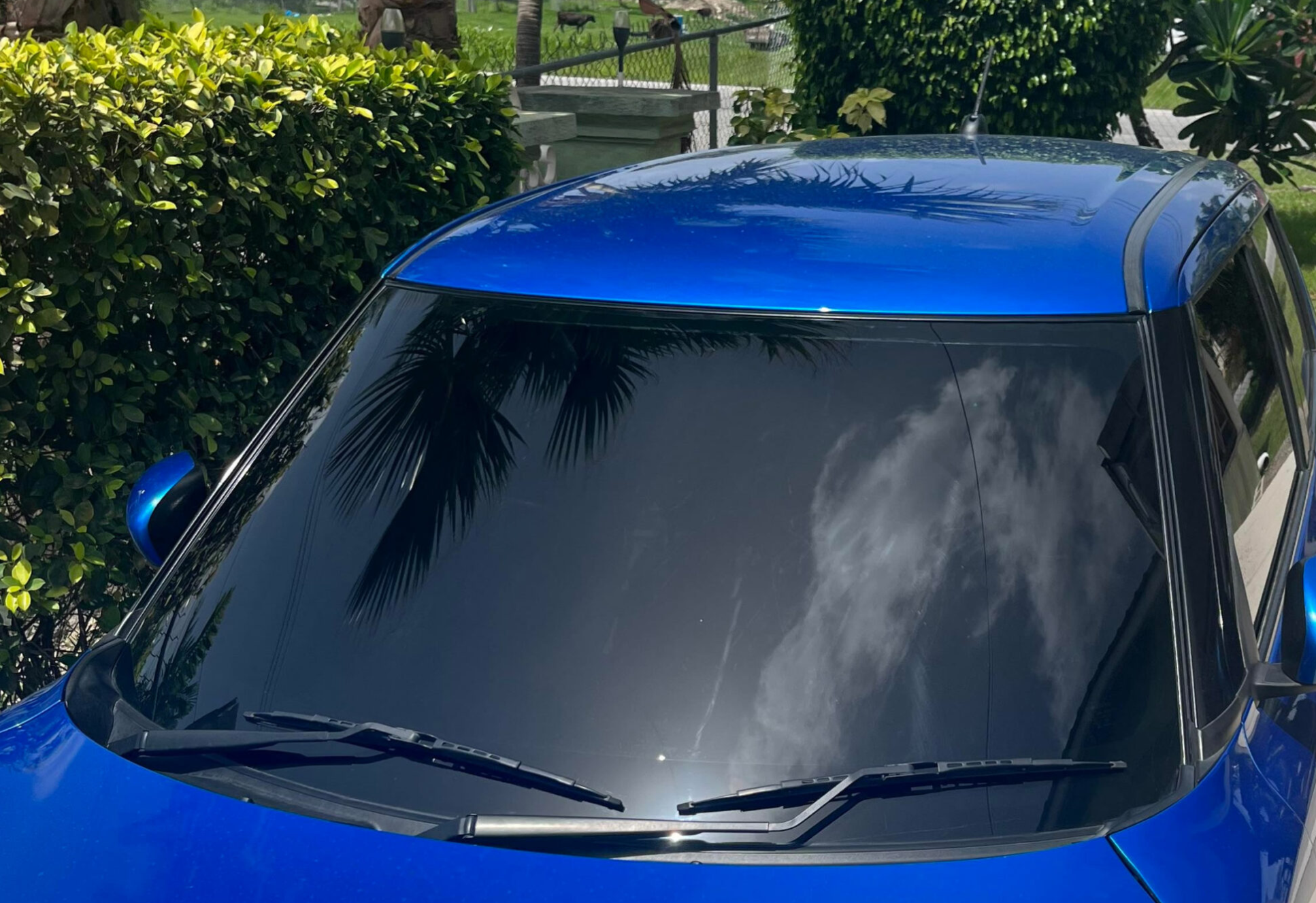
No. Do not engage. Keep calm and drive safe.
Responsible Driving (Important Do’s And Don’ts): Road Rages May Include Driving In A Threatening Manner, Shouting Rude Gestures, And Challenging Other Drivers. Should You Act Or Get Involved?

No. Don’t hit anyone on a bicycle.
Responsible Driving (Important Do’s And Don’ts): Are You Allow To Hit Anyone In Bicycles?
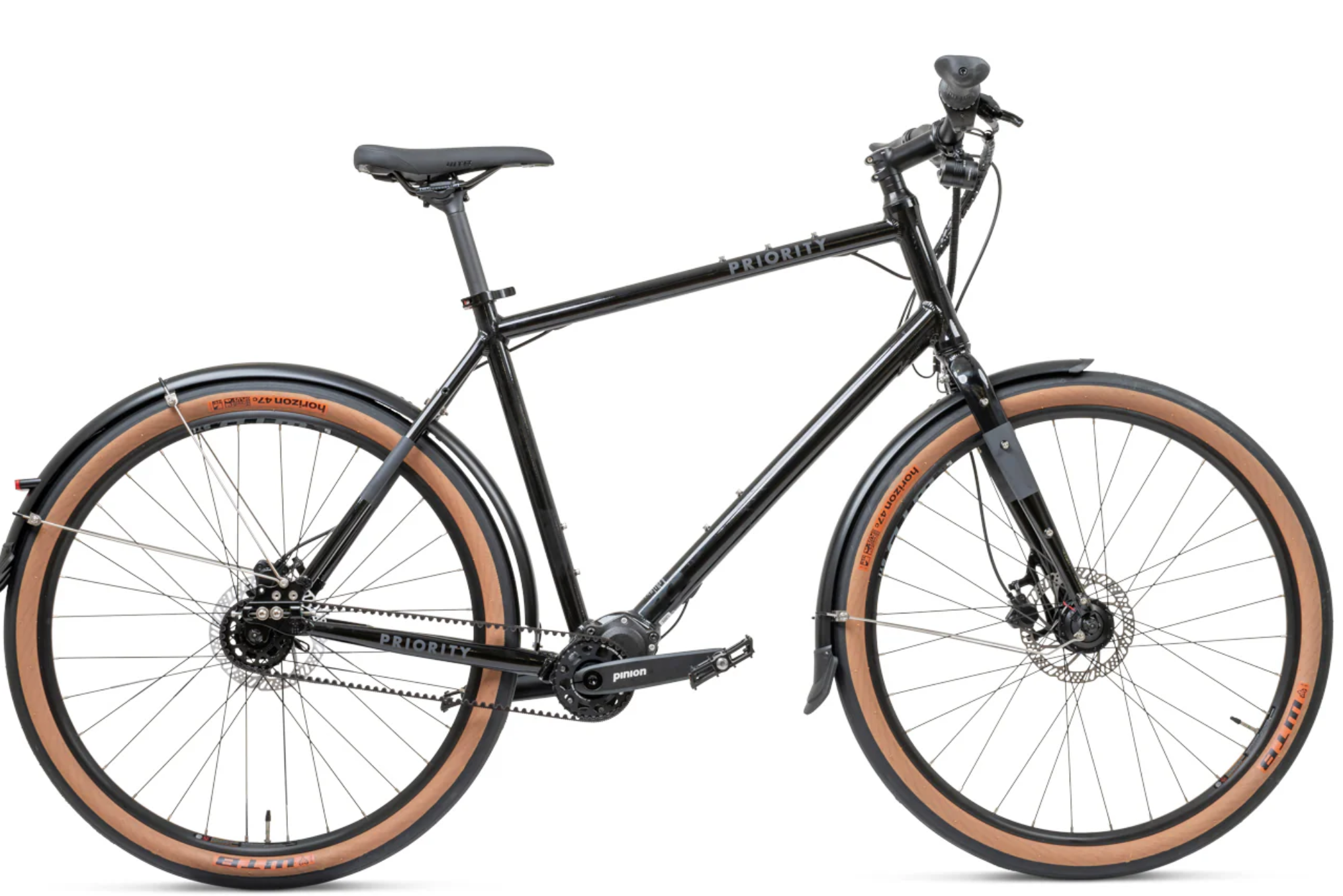
Talk to your doctor to see what they think you should do.
Responsible Driving (Important Do’s And Don’ts): Physical Health Can Impact Your Ability To Drive Safely. You Should…

No. You should not continue. Instead pull over to the side. Maybe let someone else take the wheel.
Responsible Driving (Important Do’s And Don’ts): When You’re Feeling Fatigue Or Sleepy, Should You Continue Pushing To Your Destination?
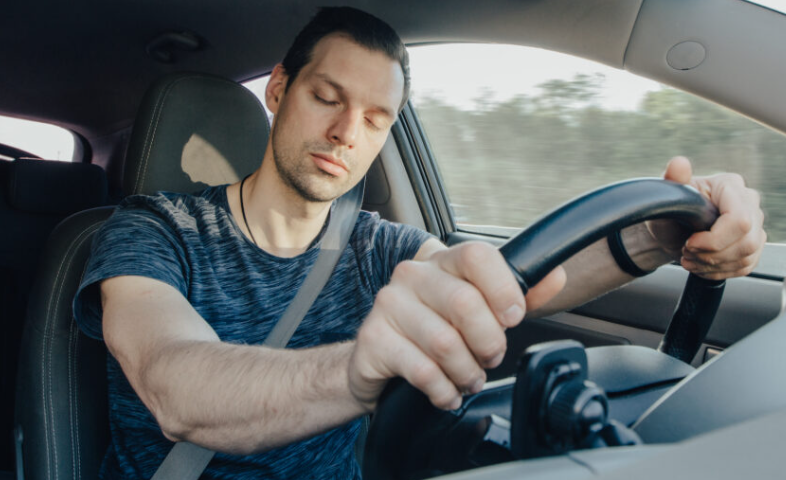
No. Drive sober, or ask someone else to be your designated driver.
Responsible Driving (Important Do’s And Don’ts): Should You Still Drive If Your Intoxicated, Or Been Taking Drugs?
